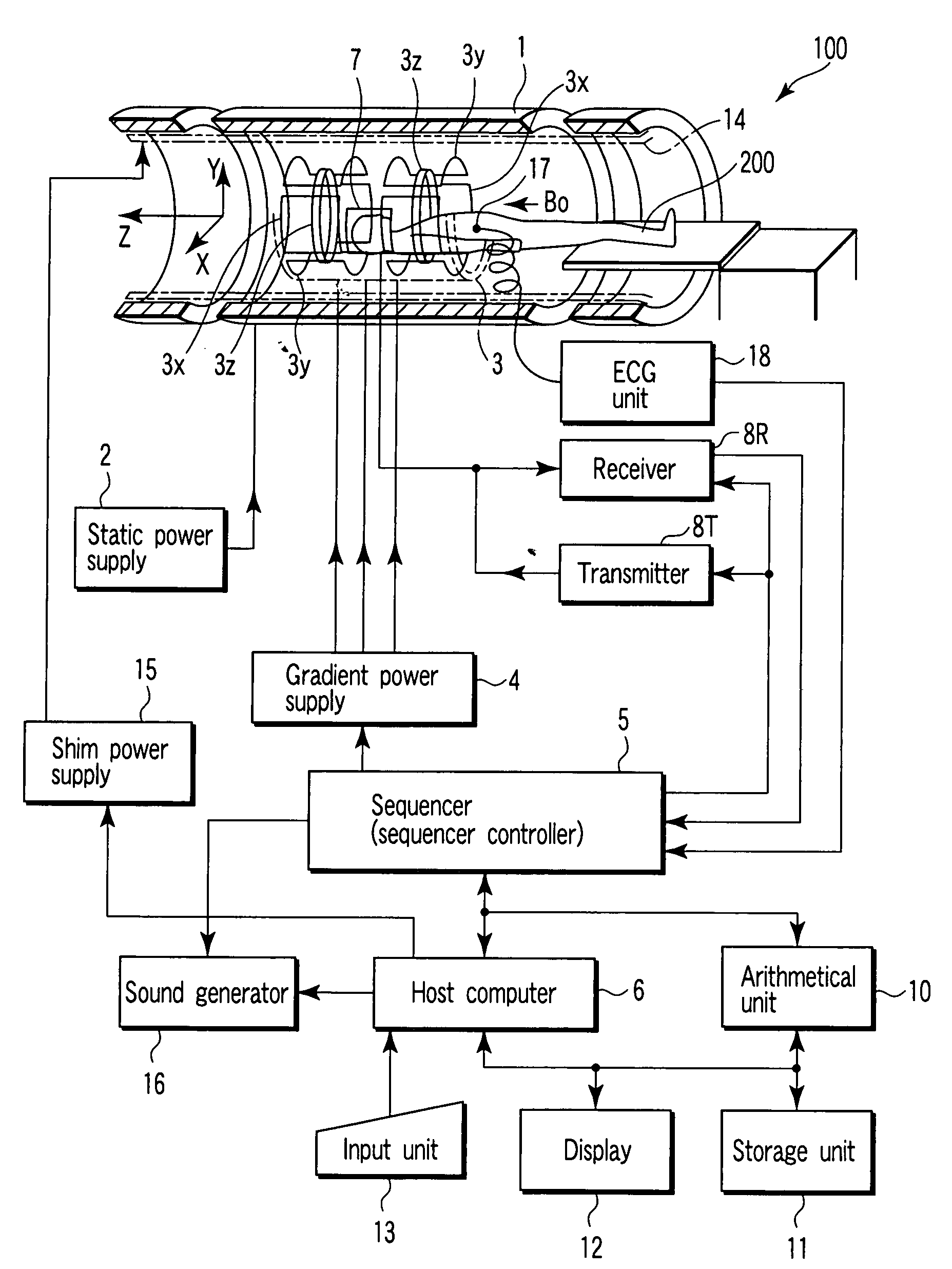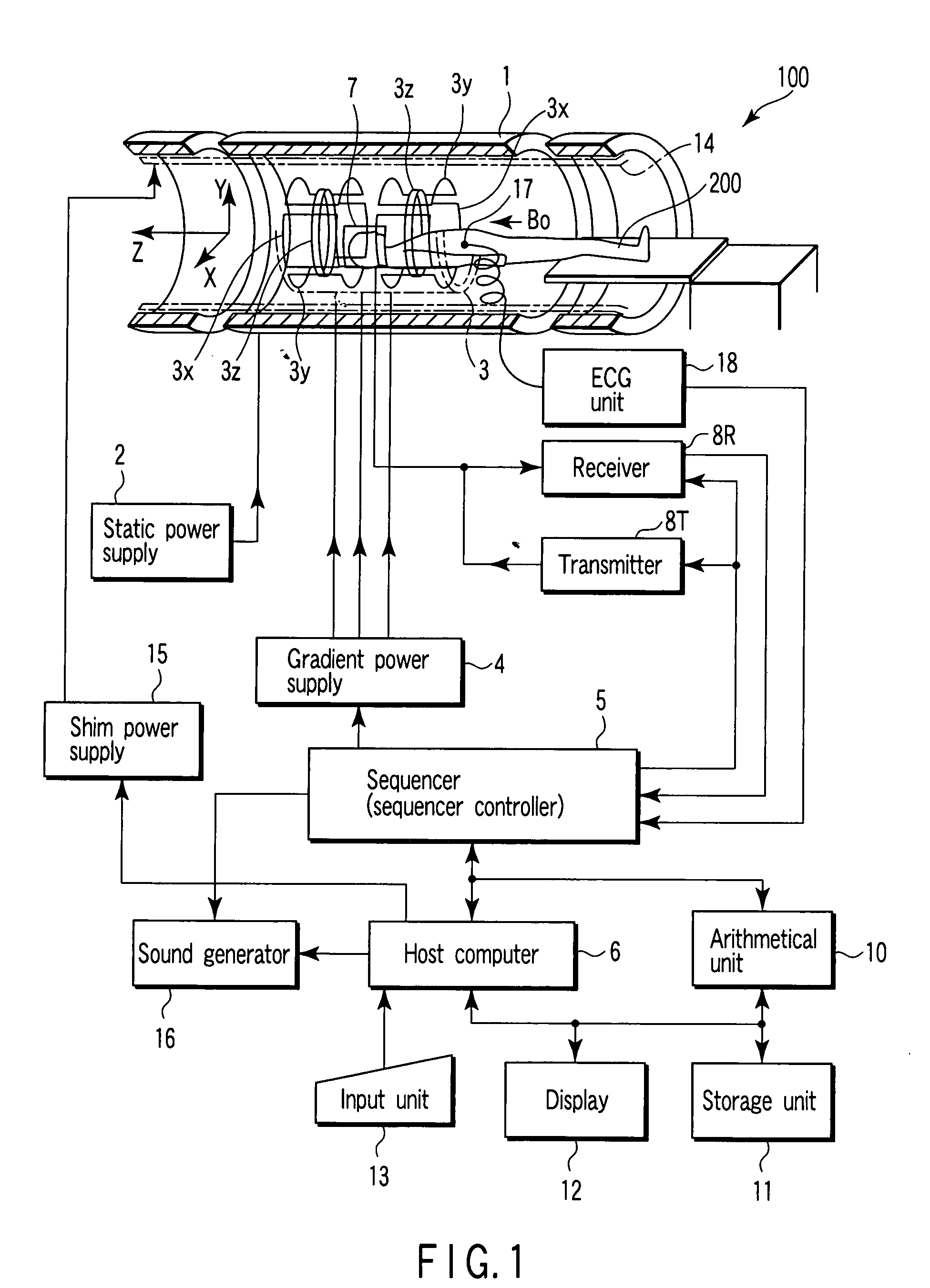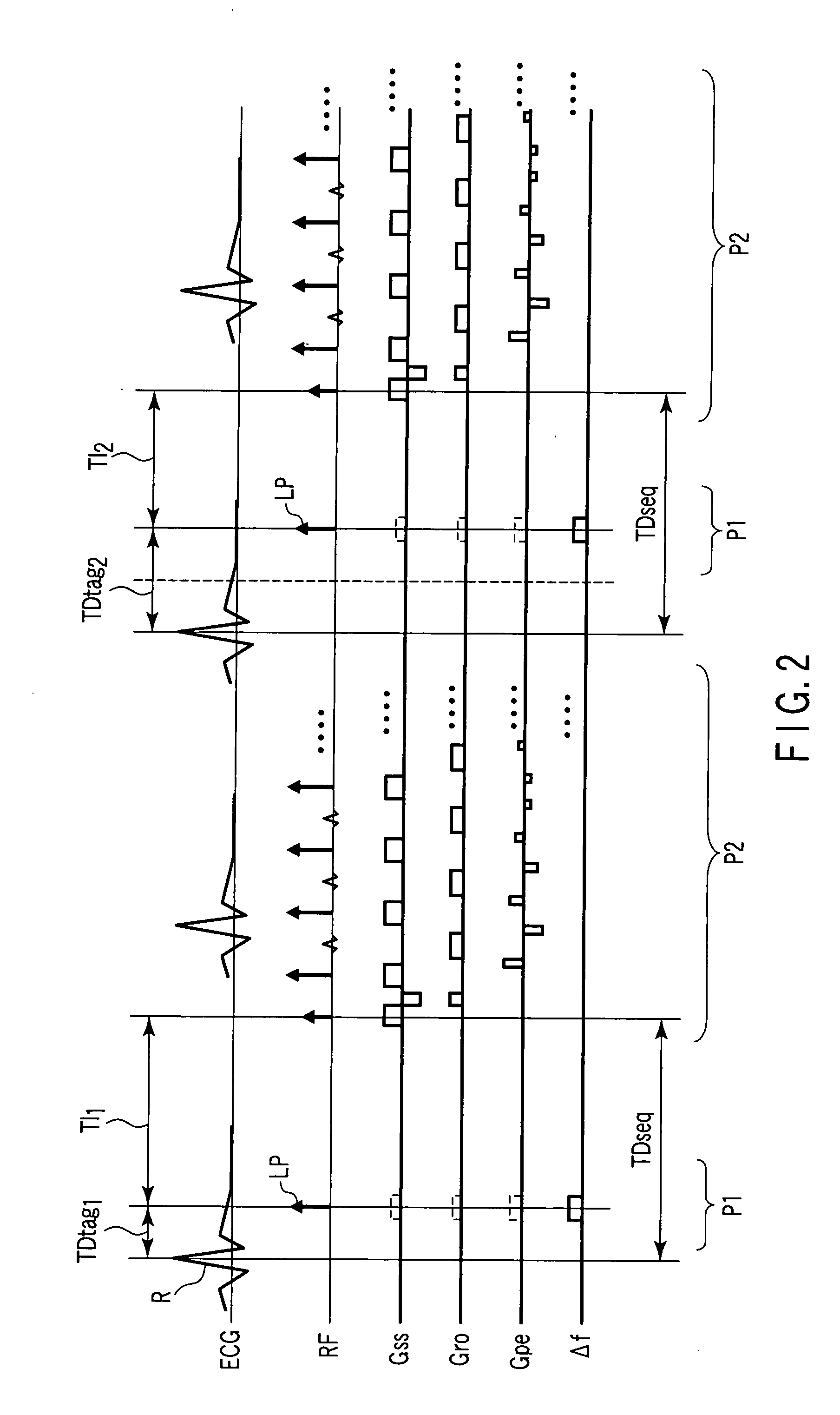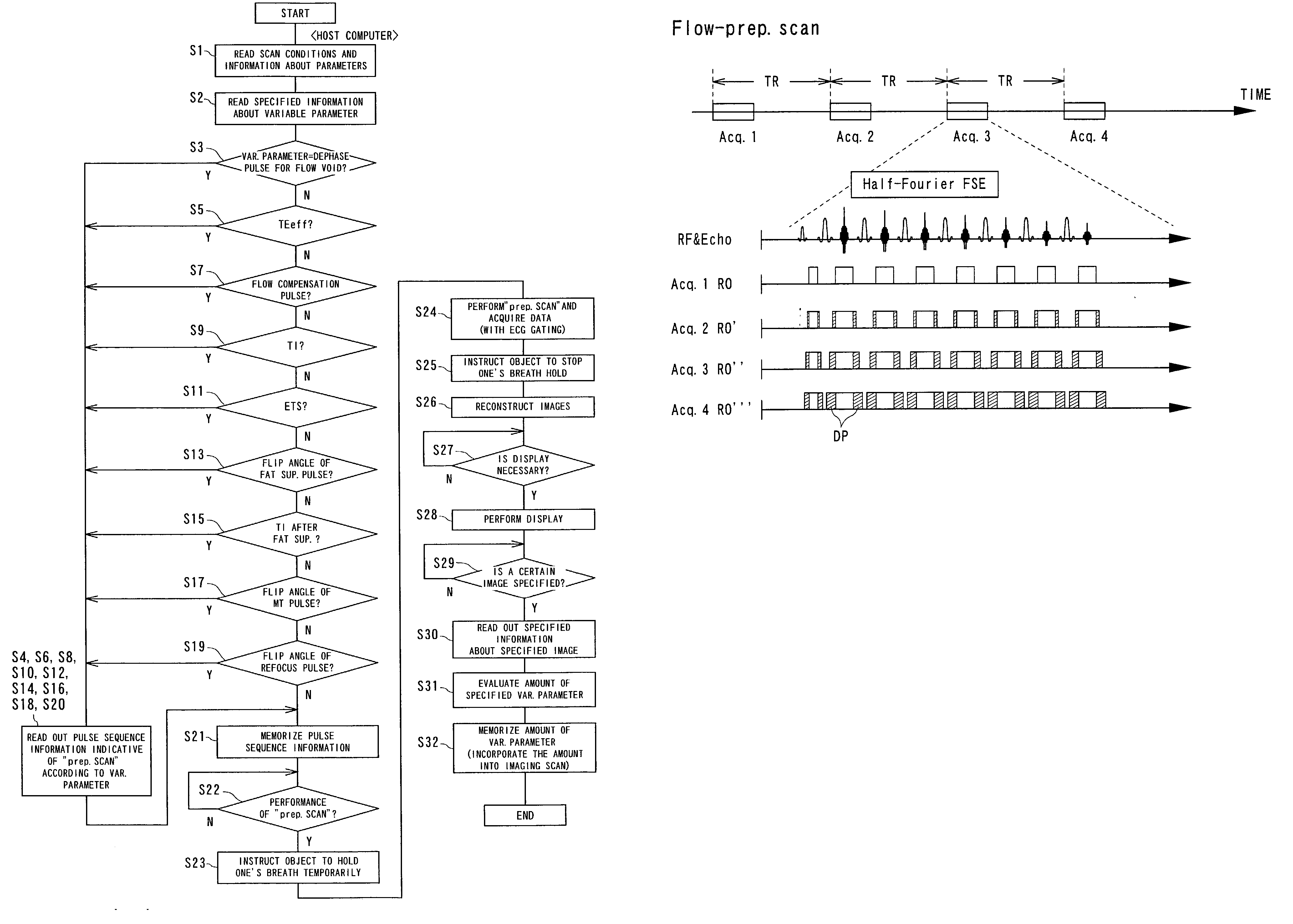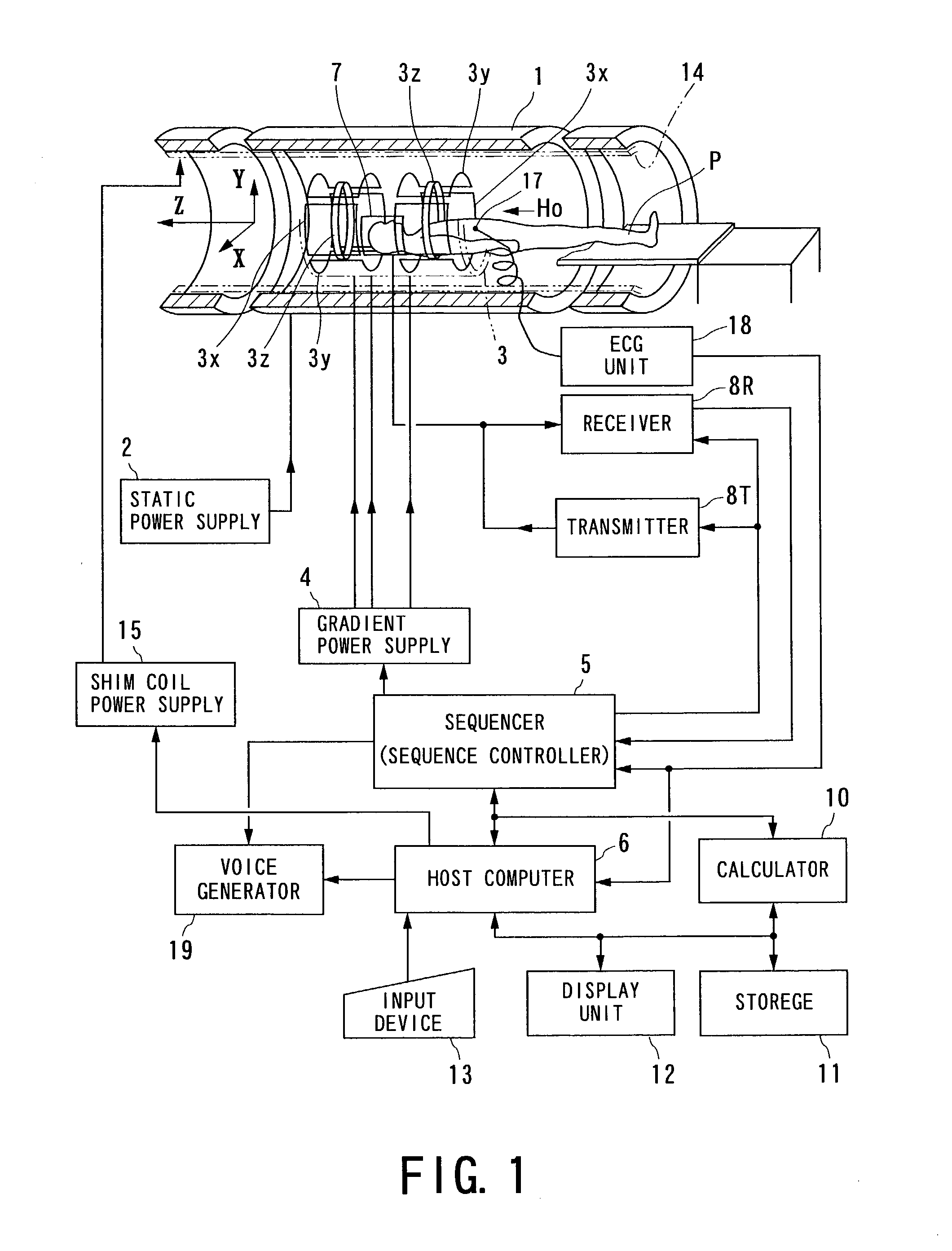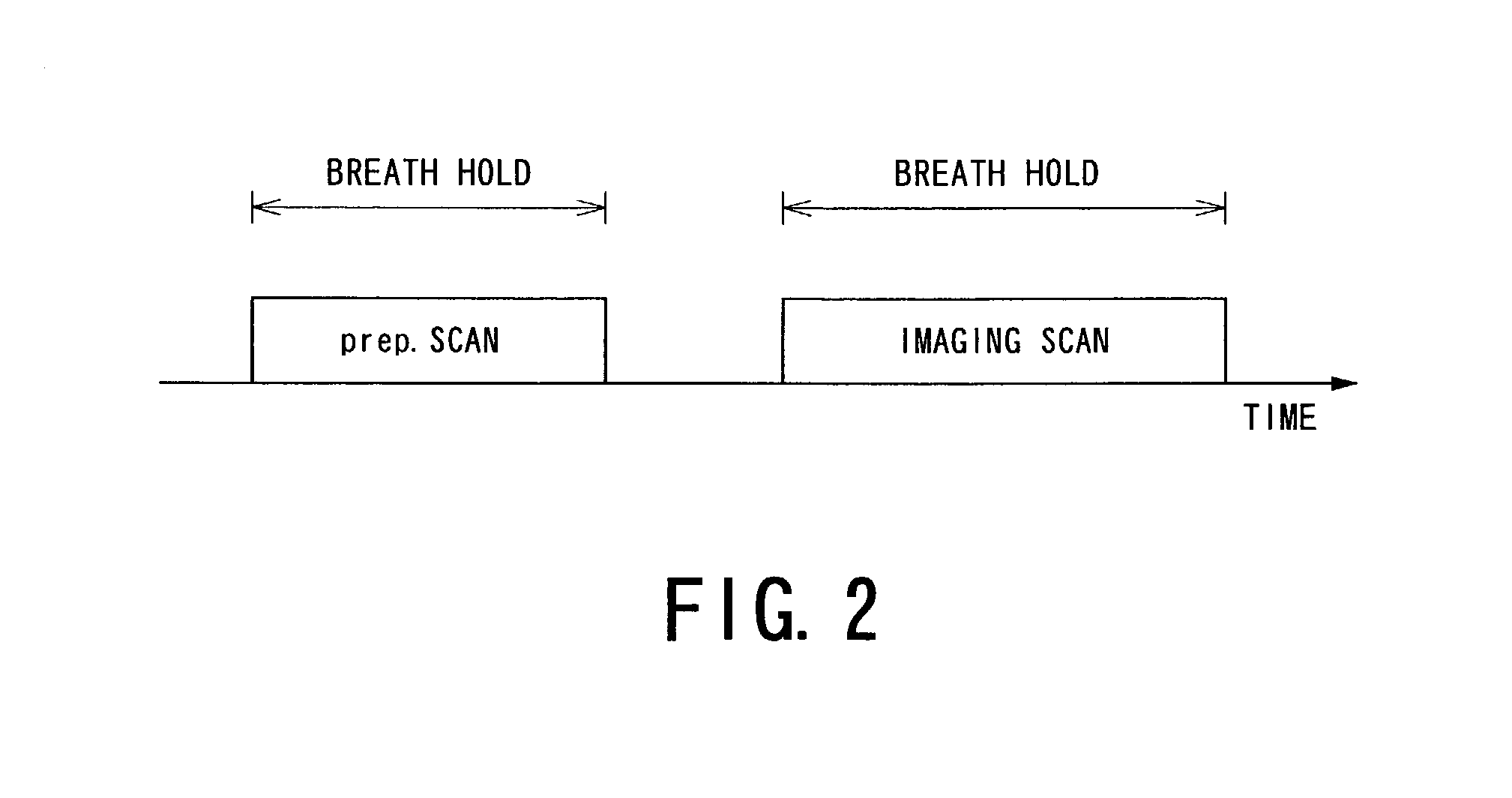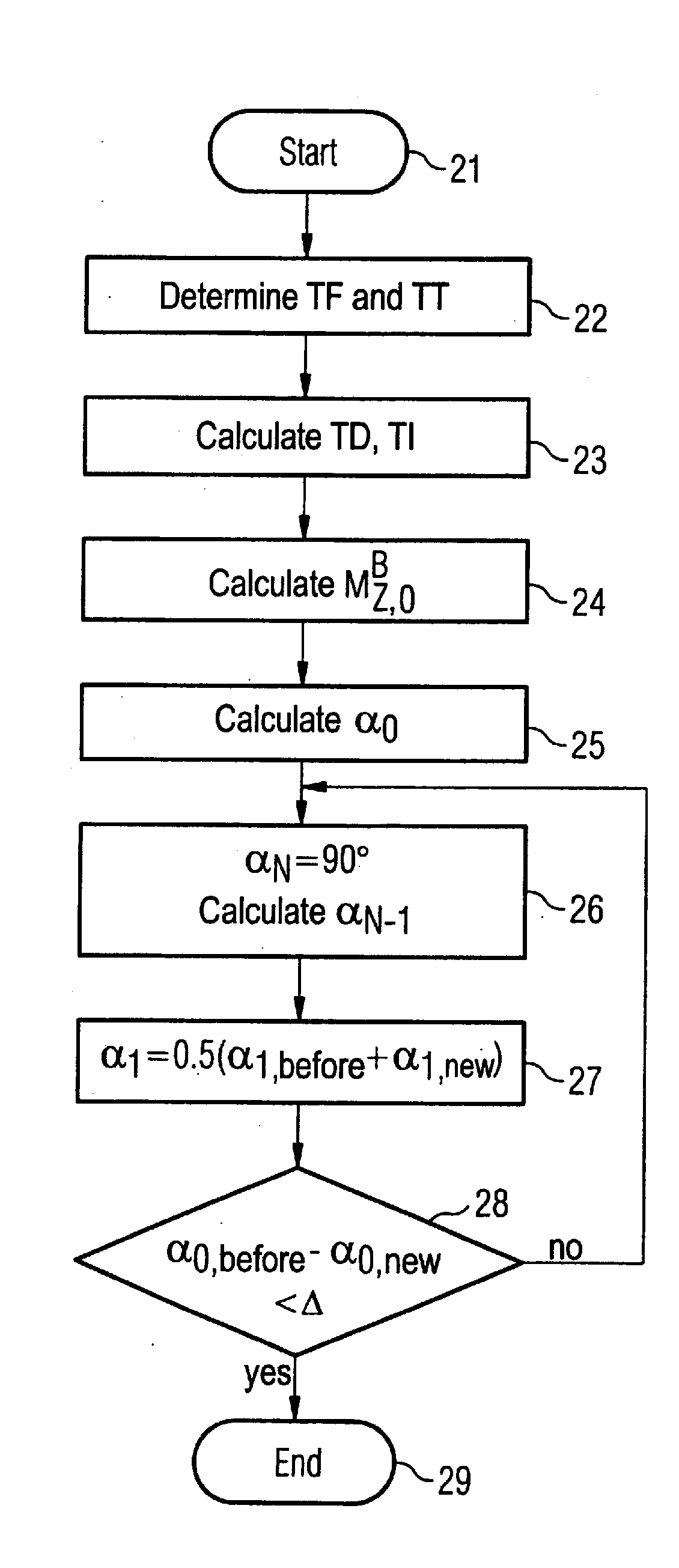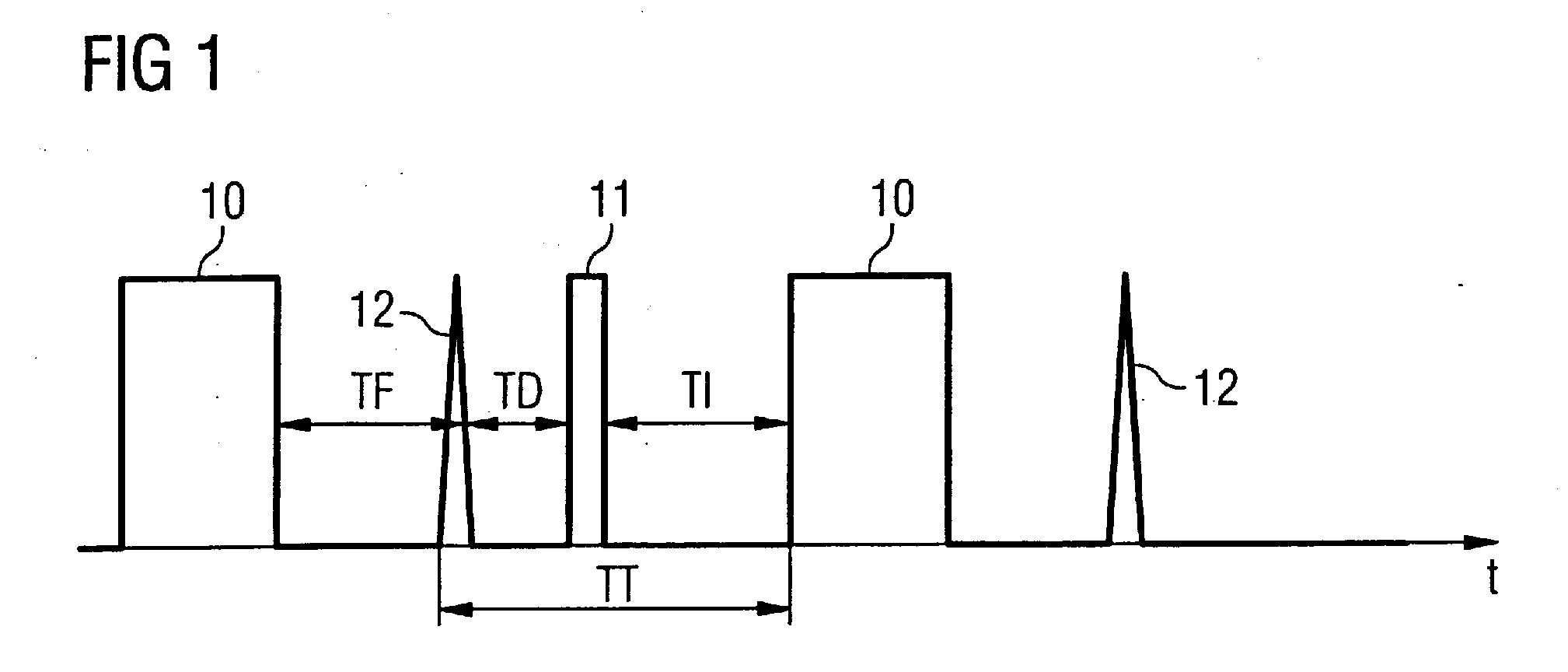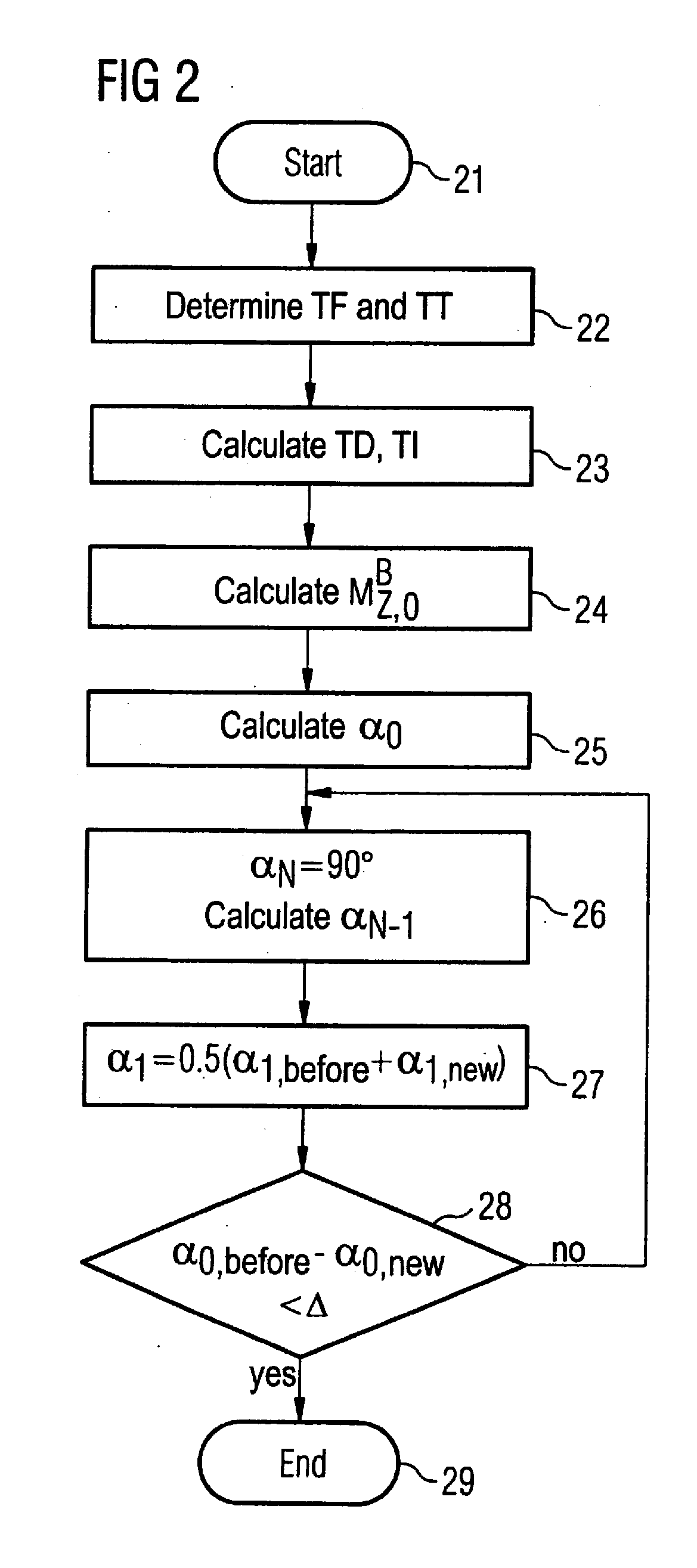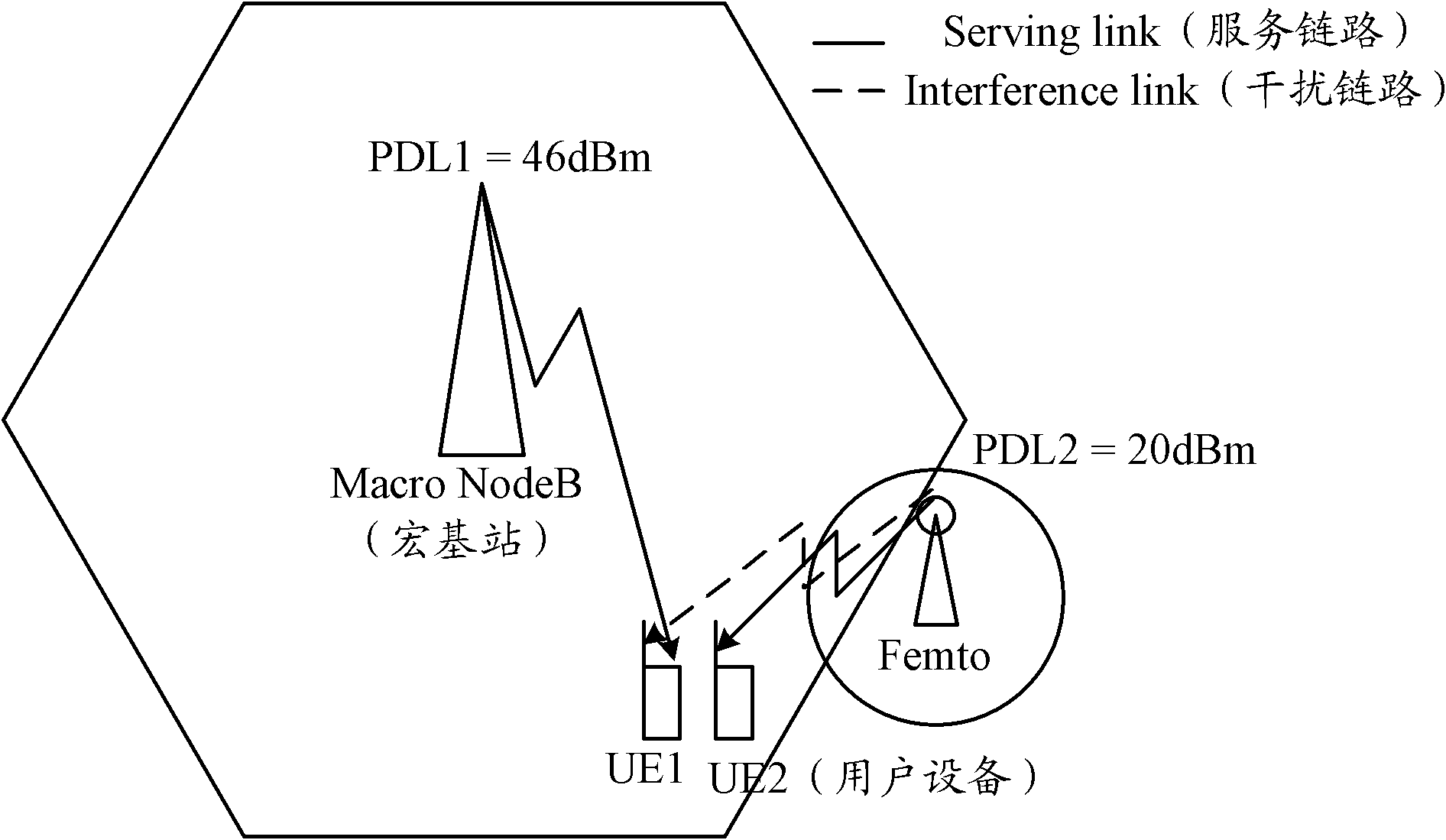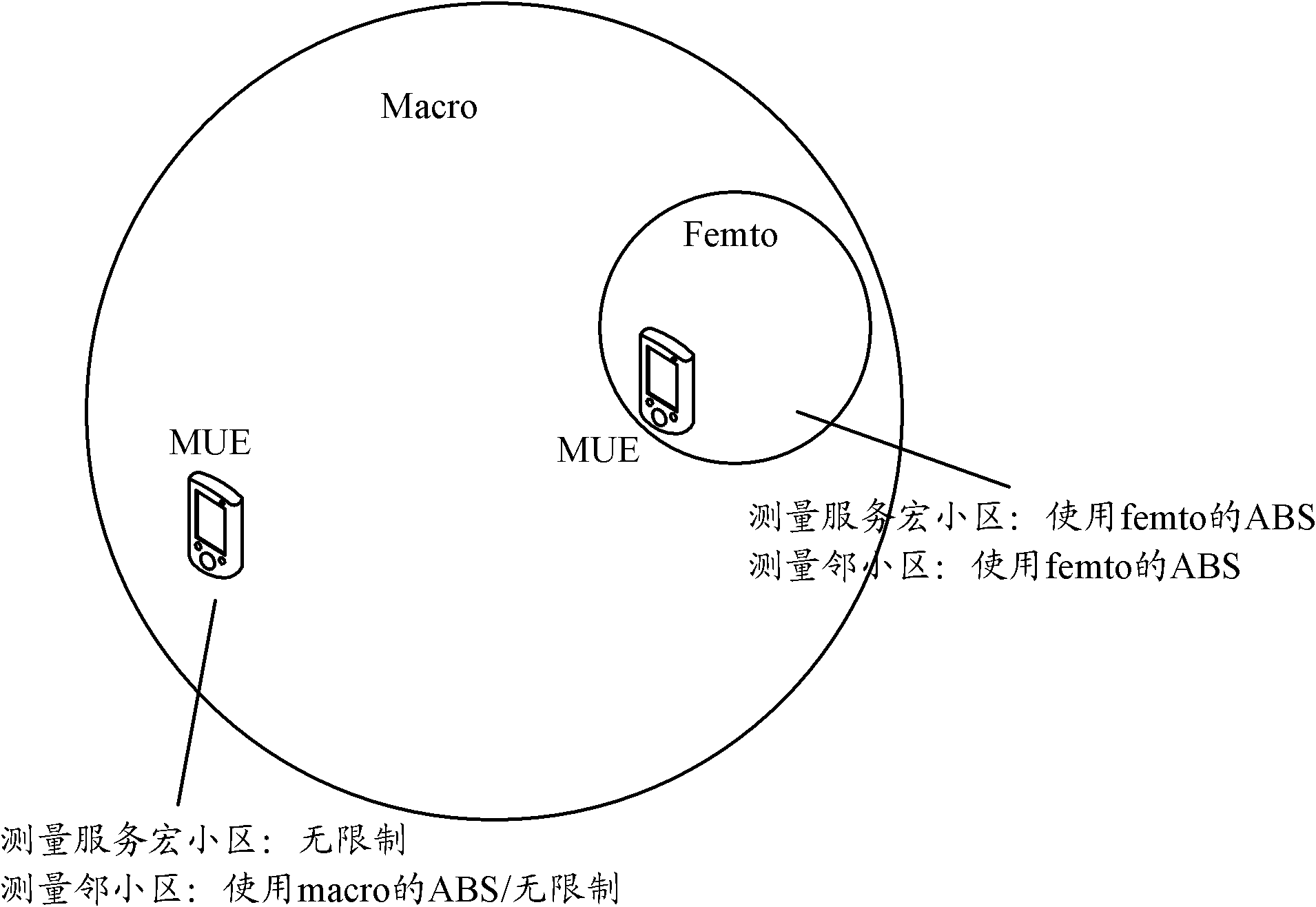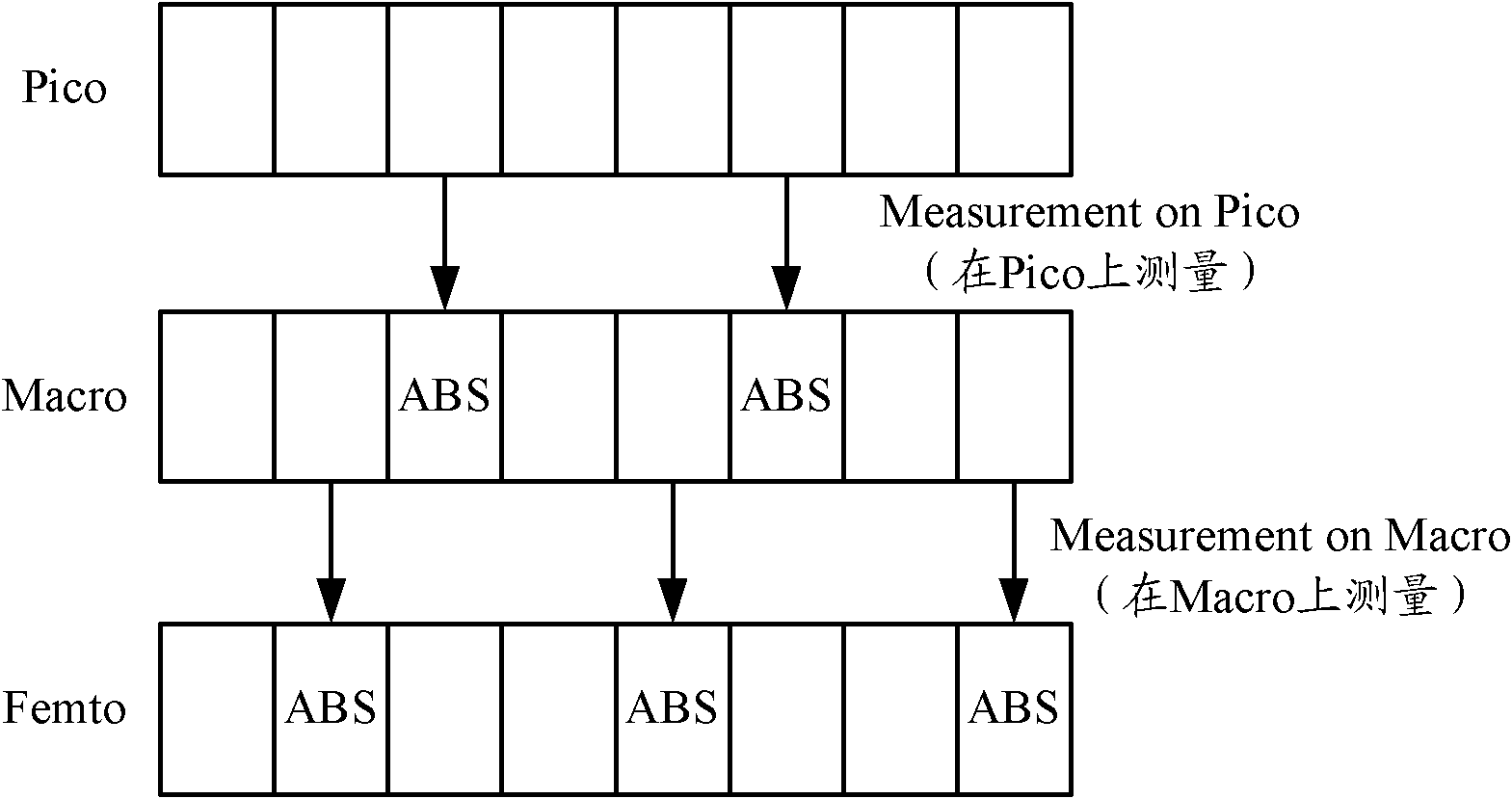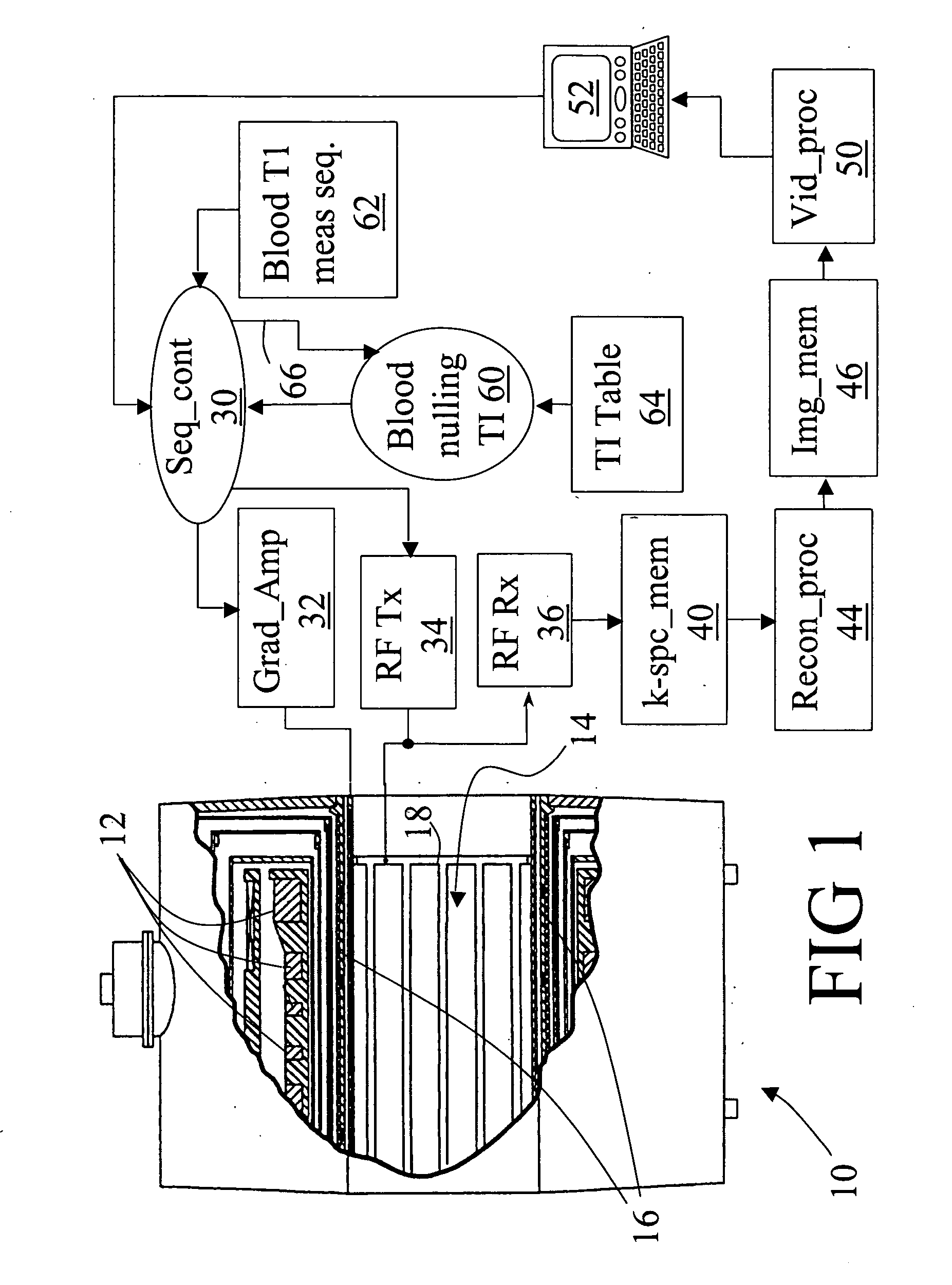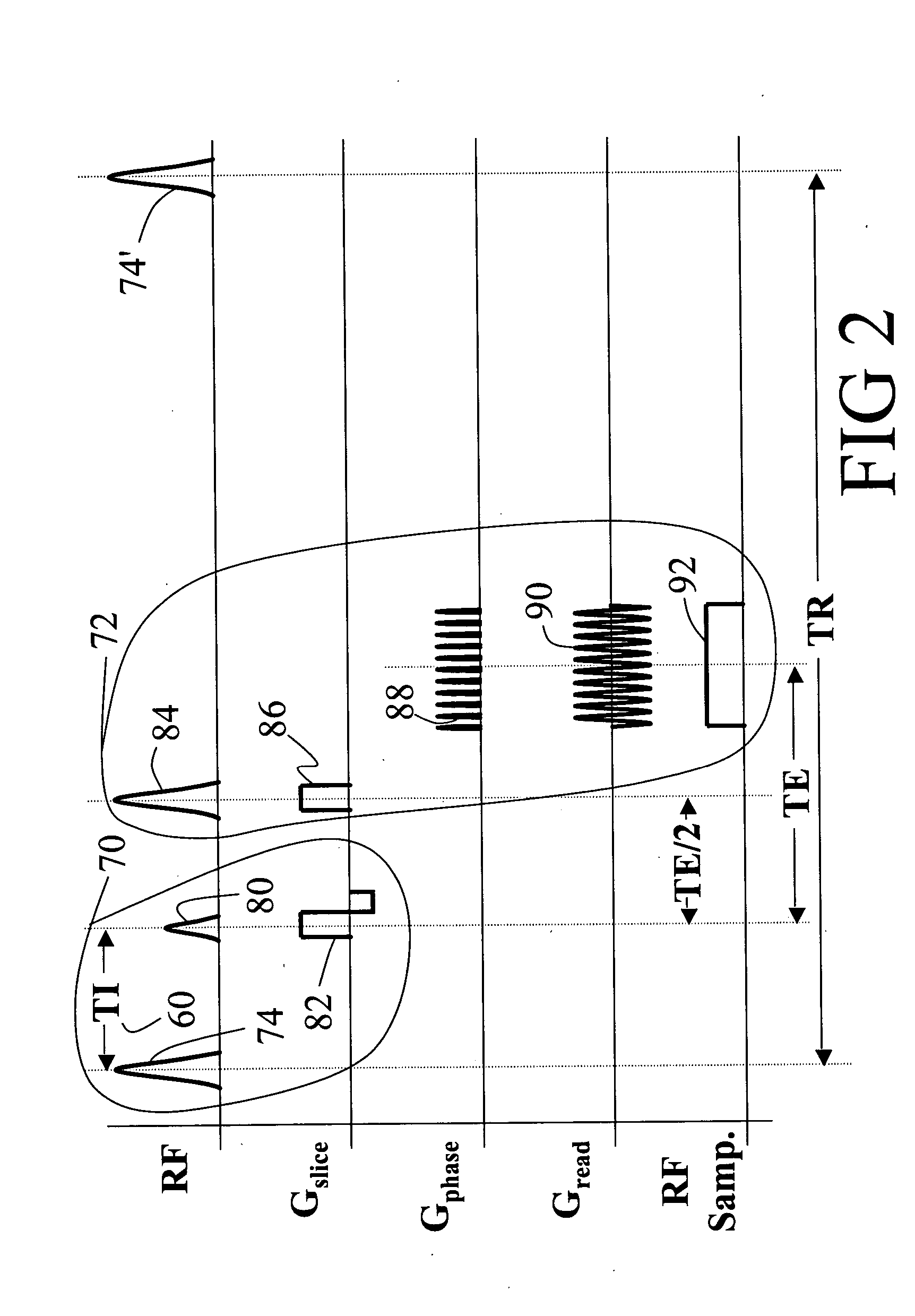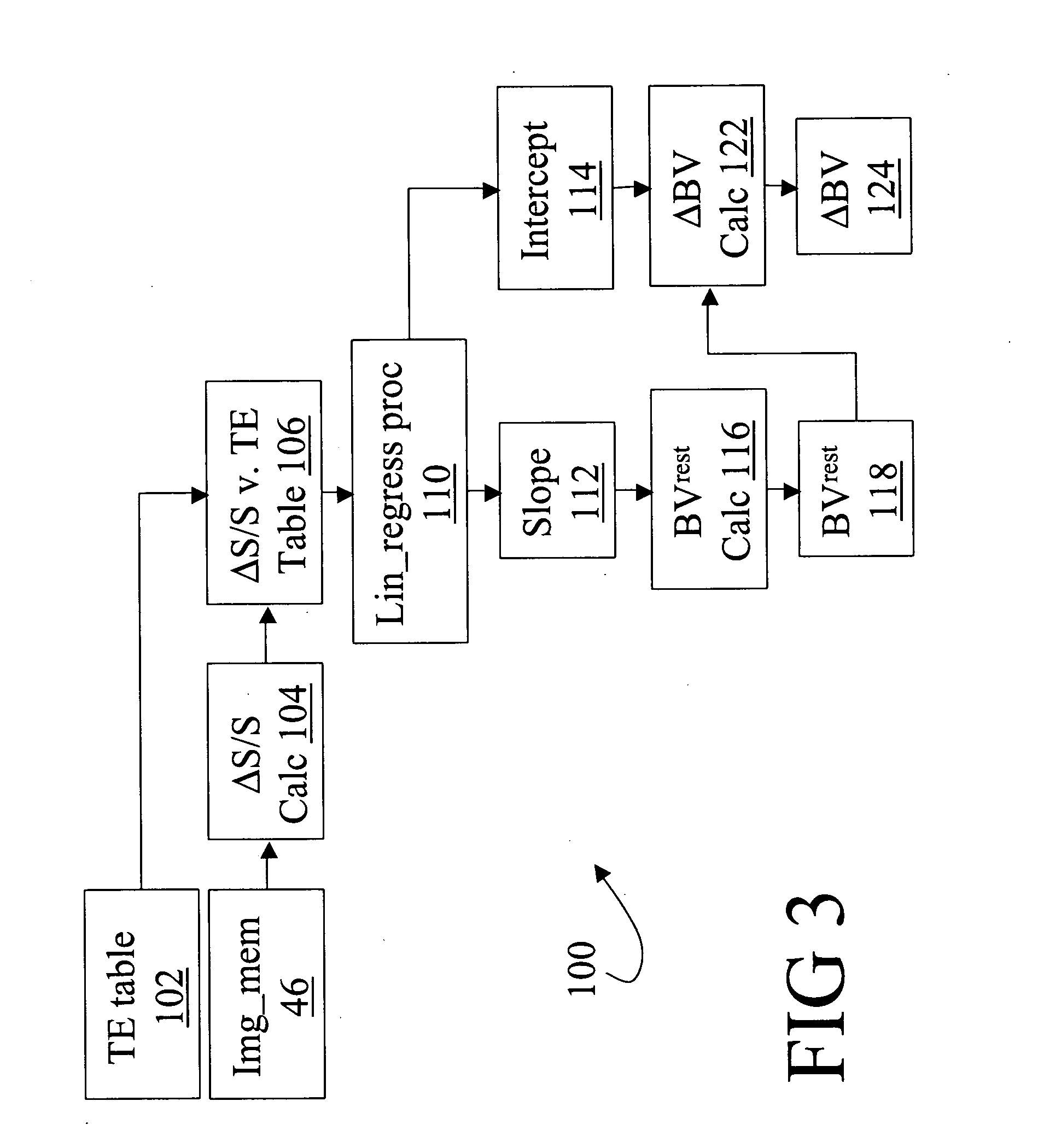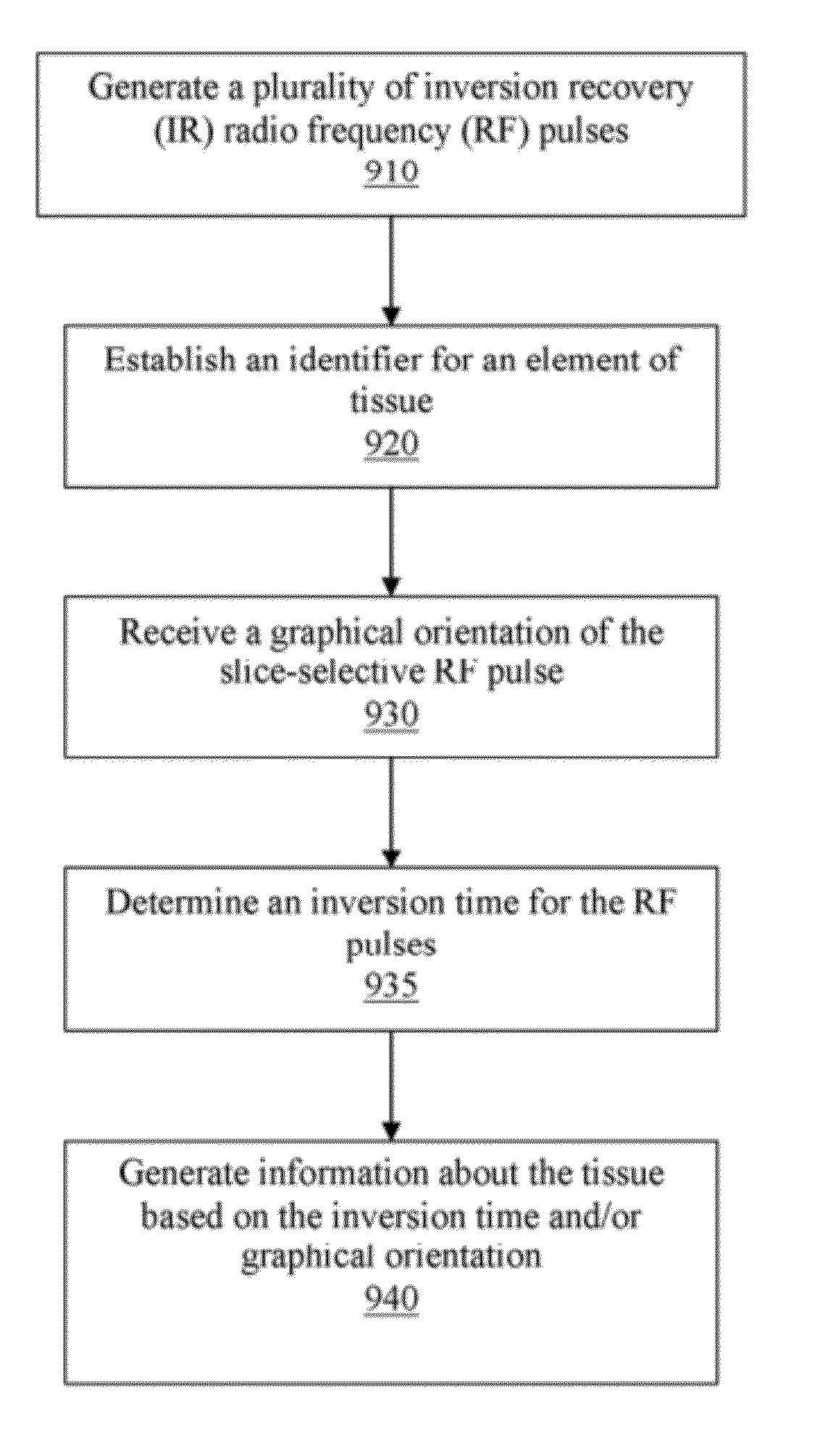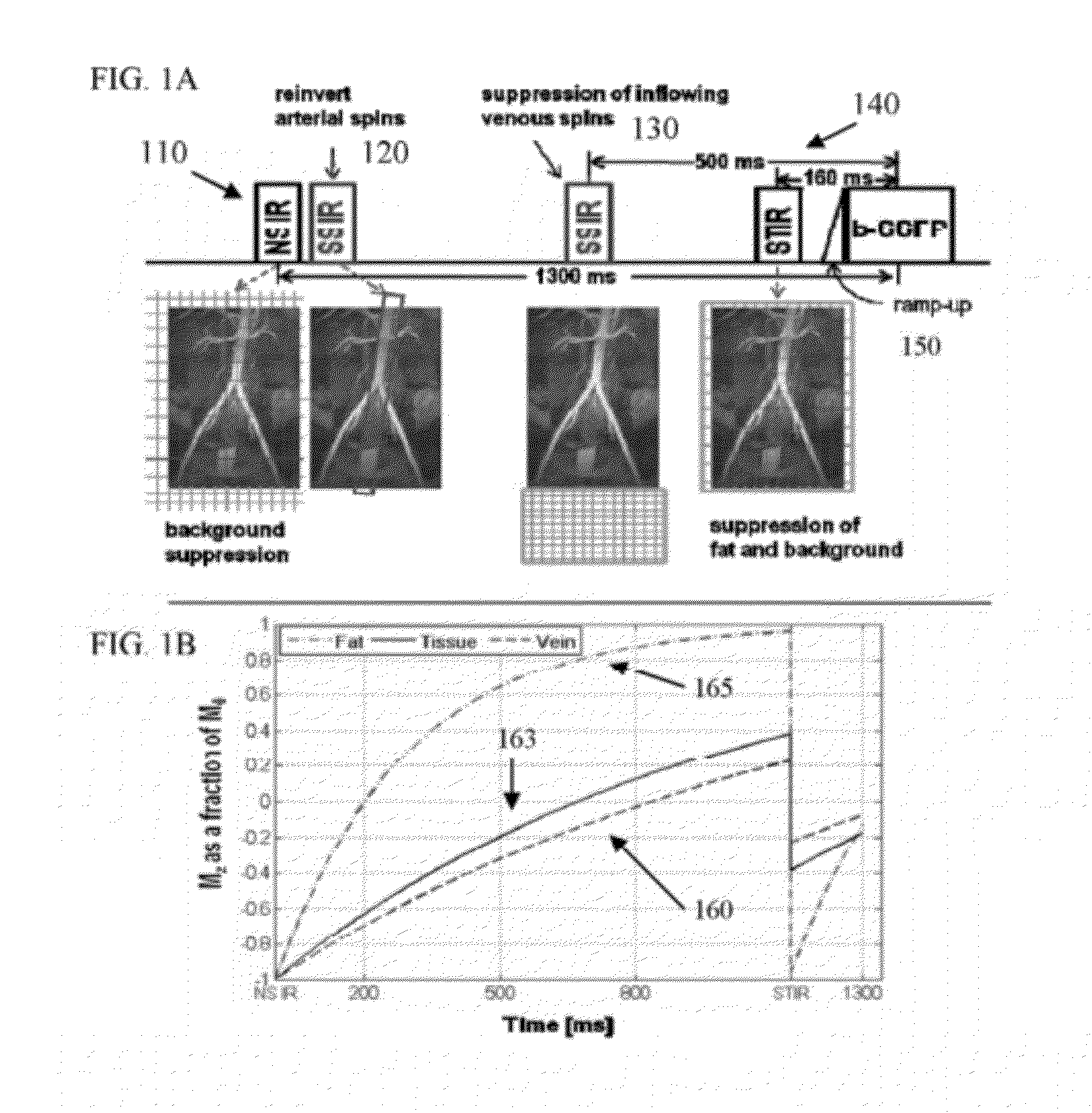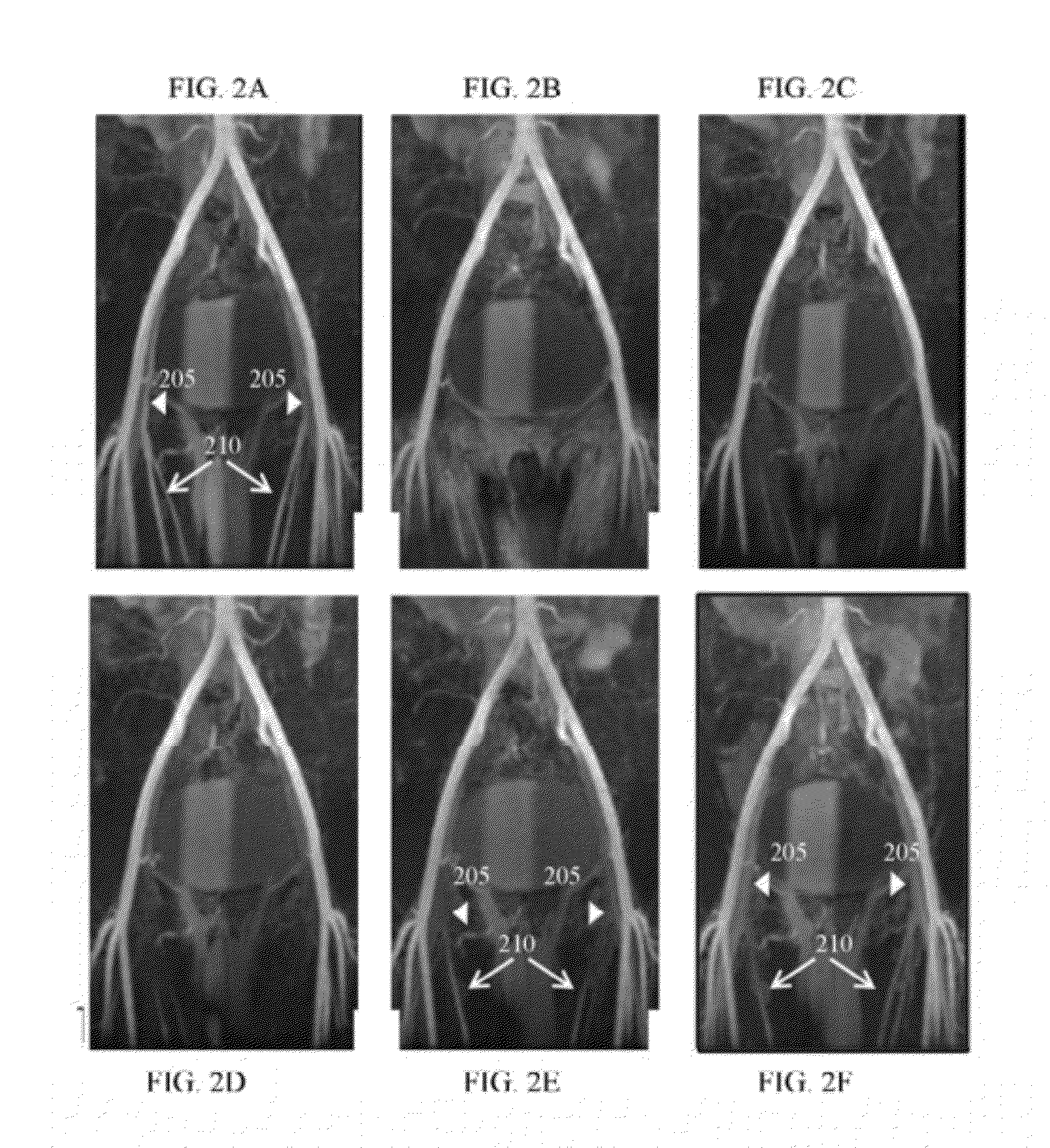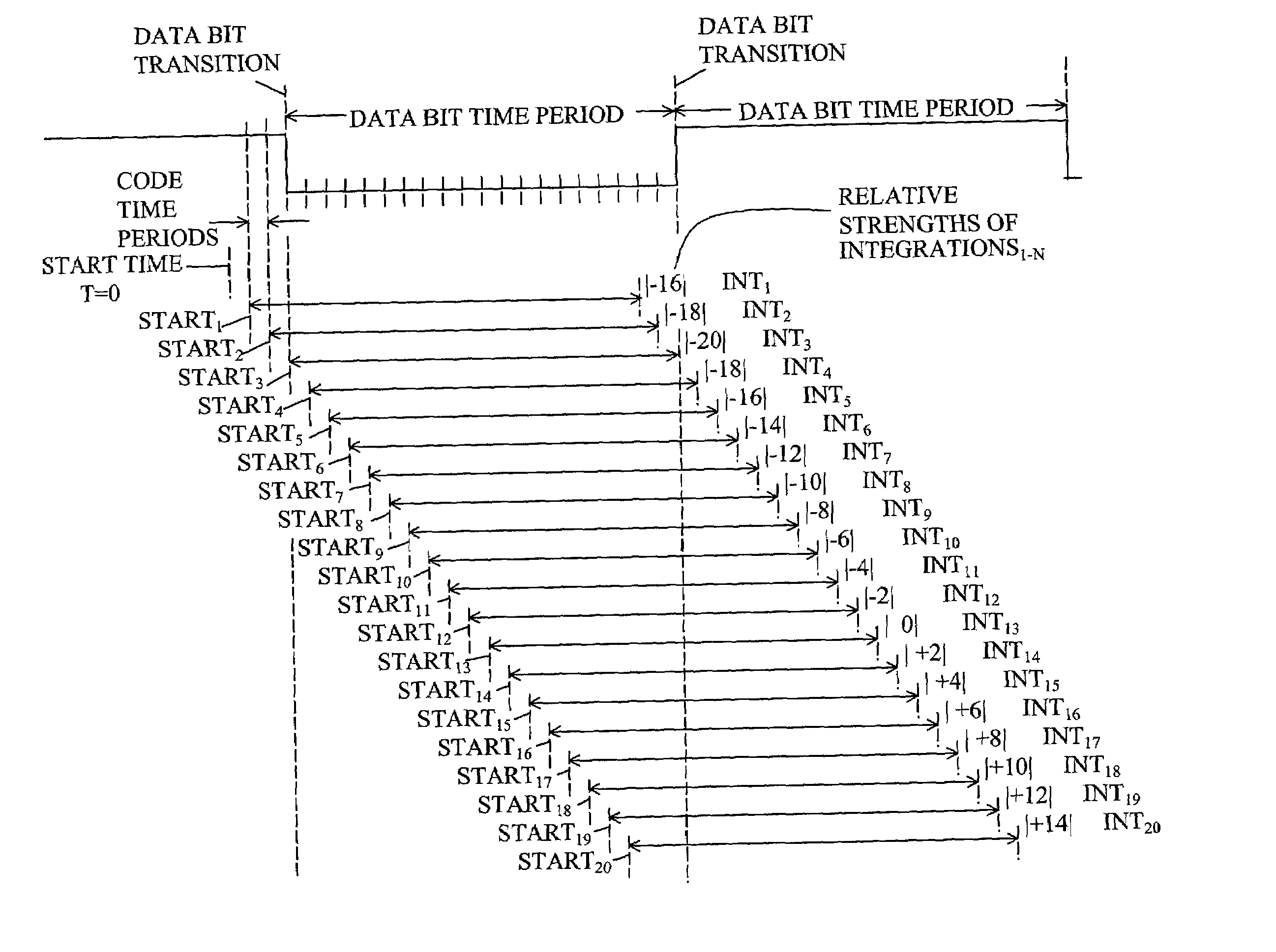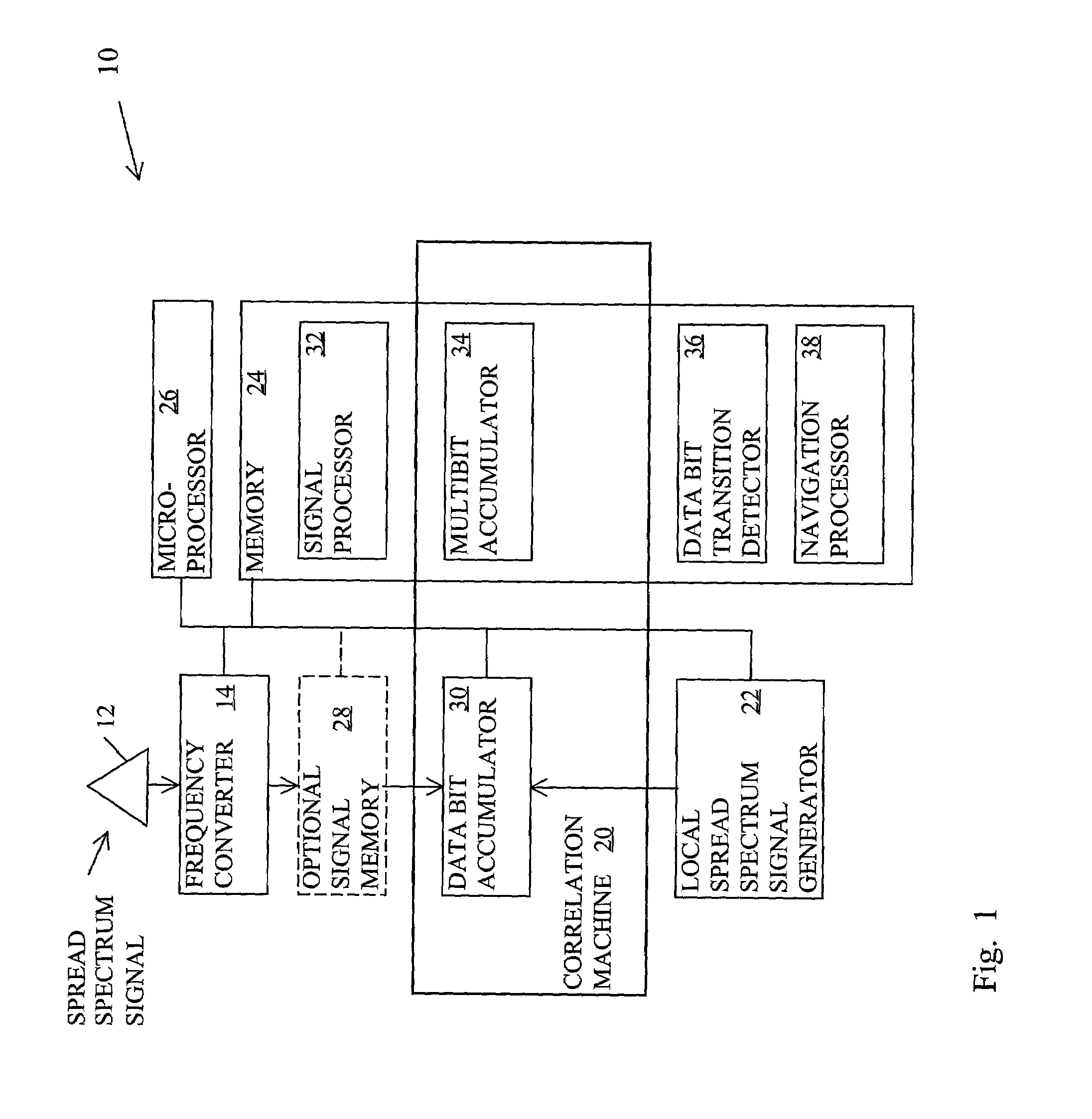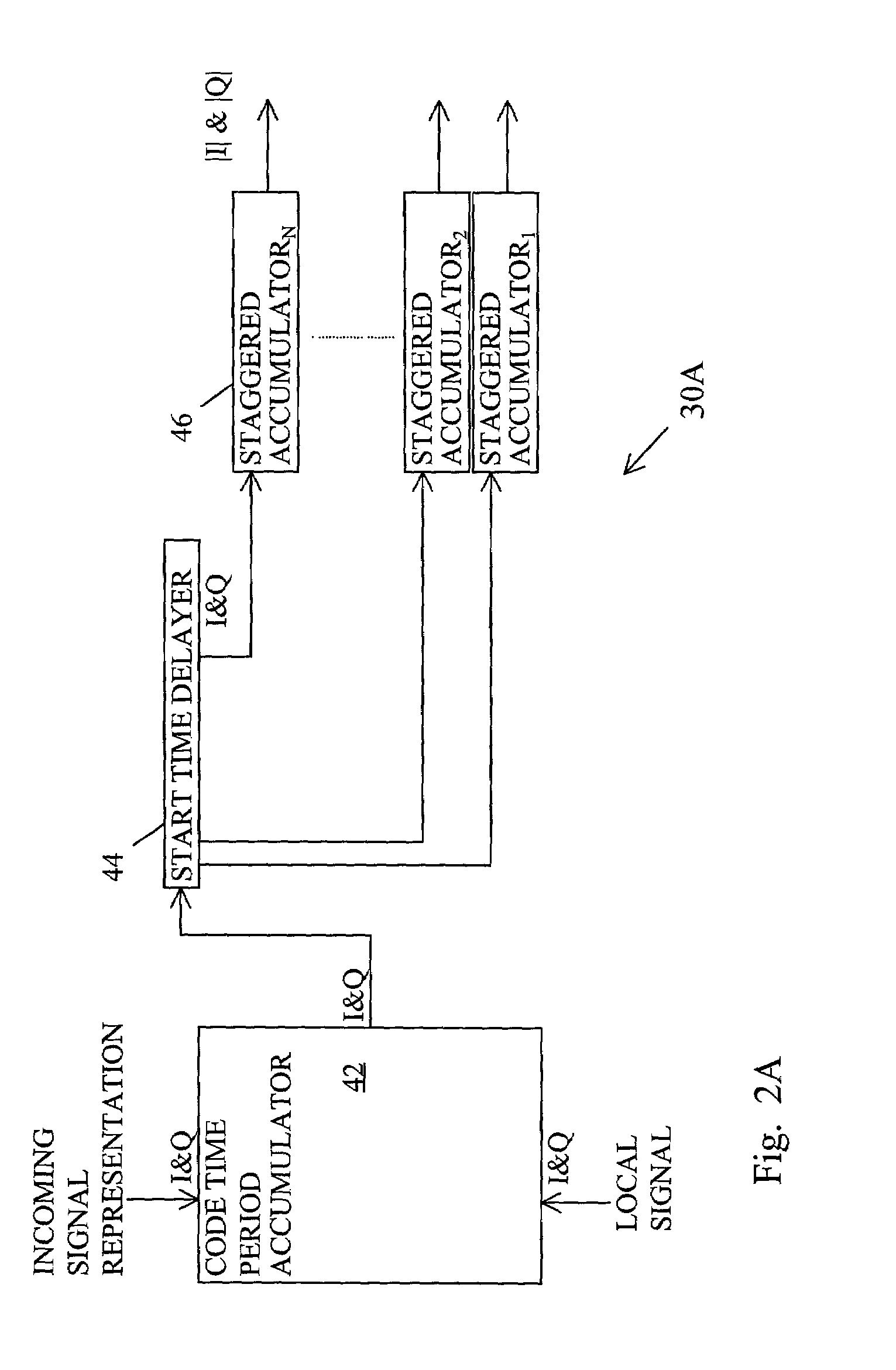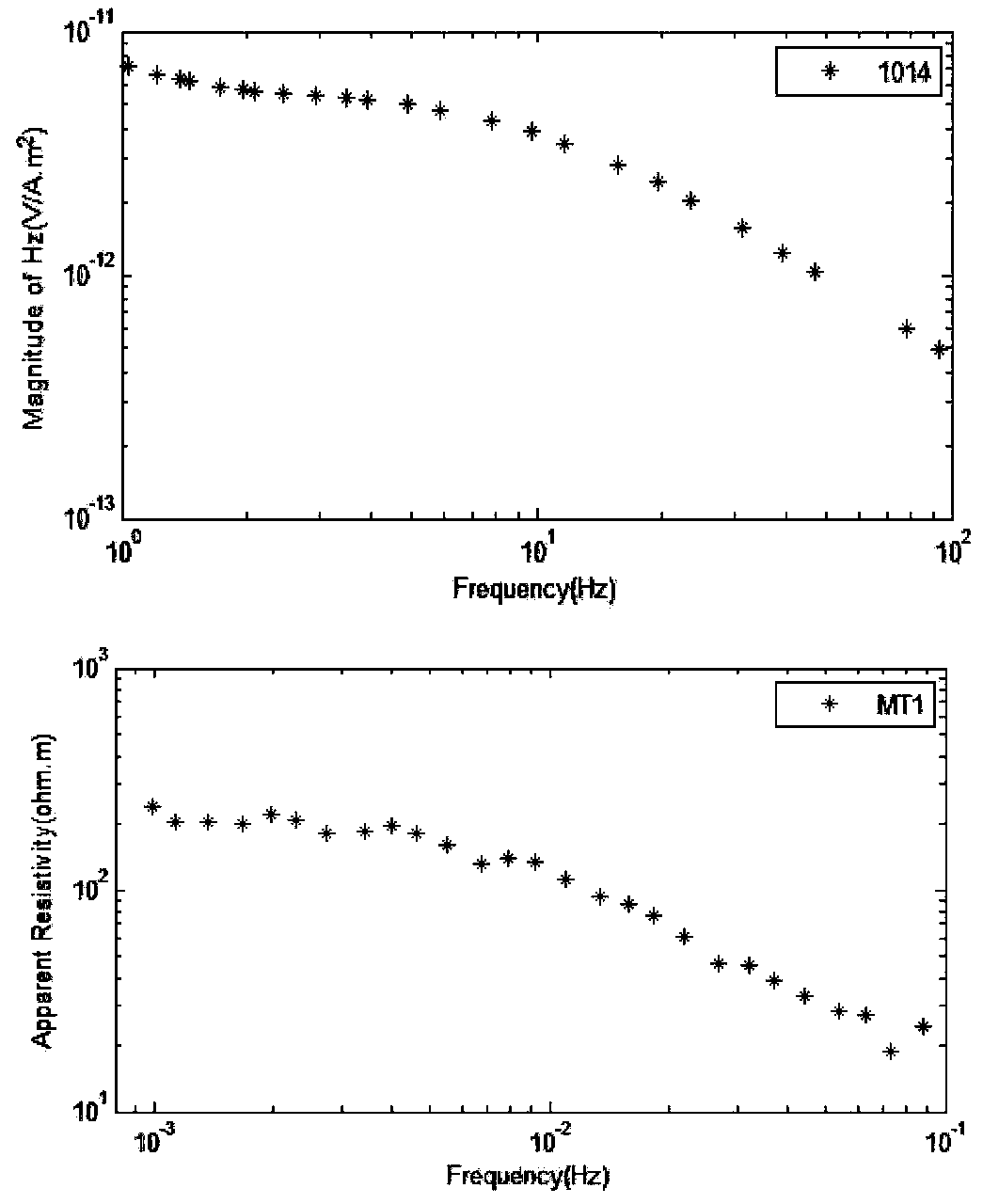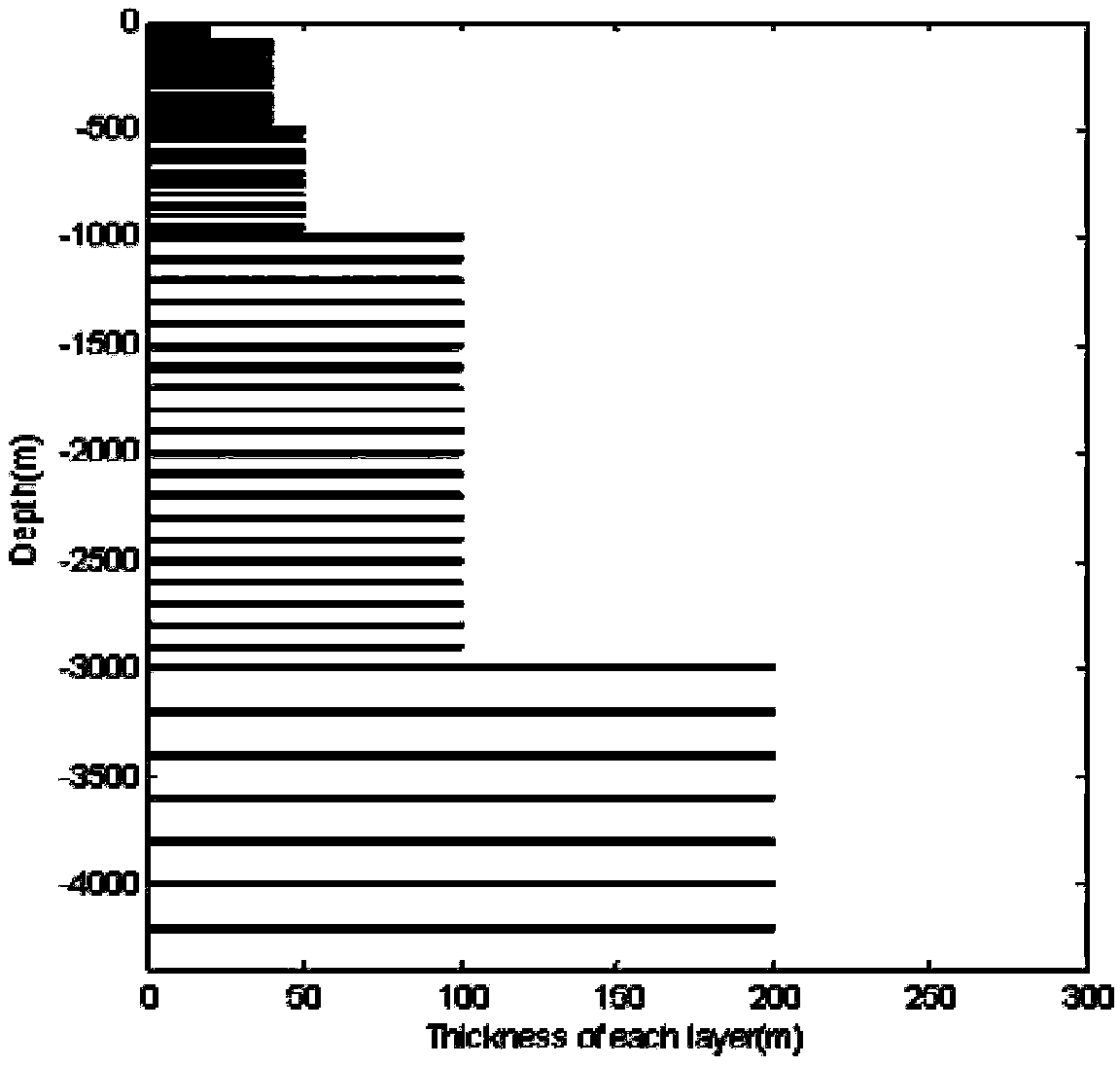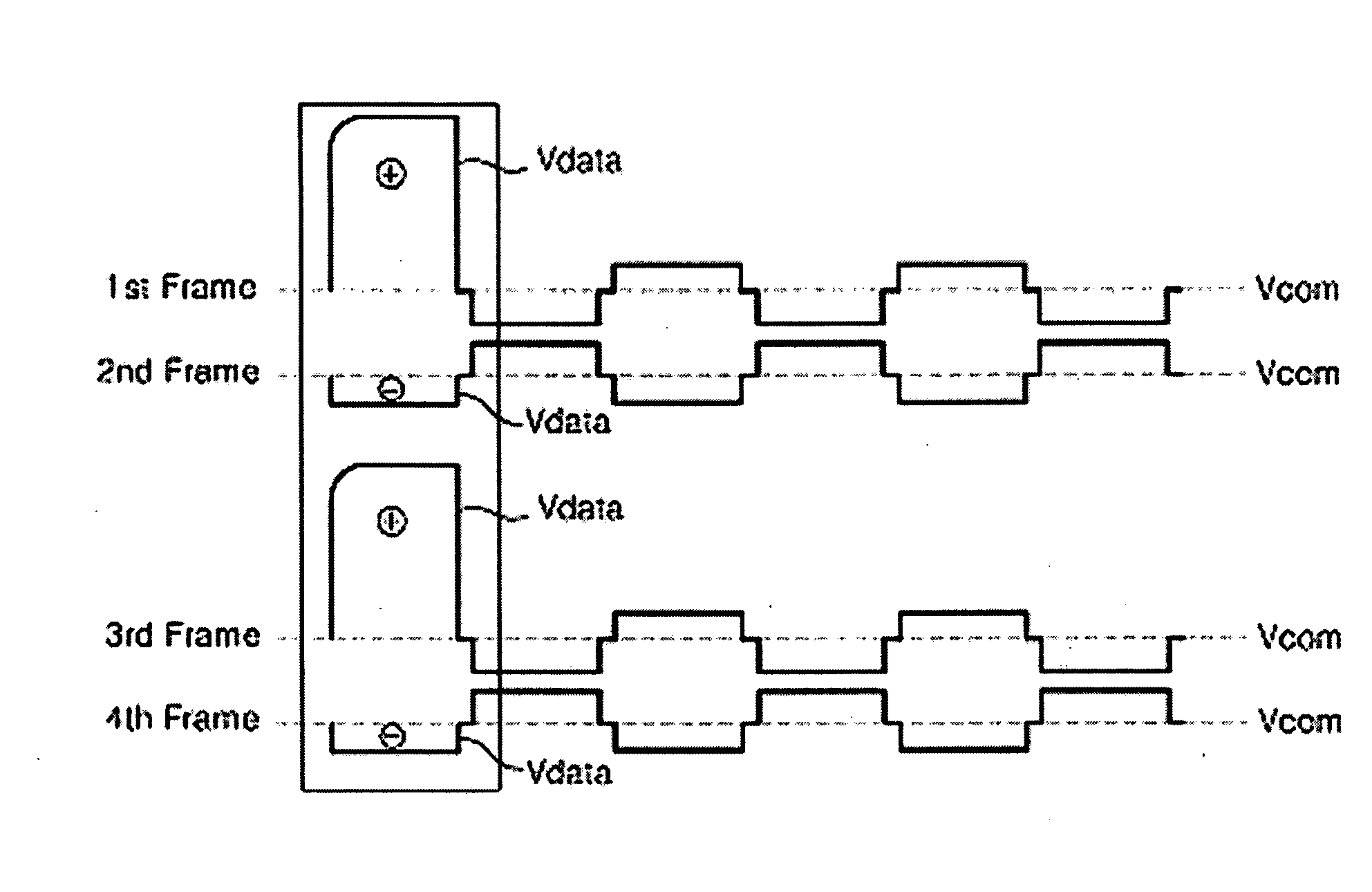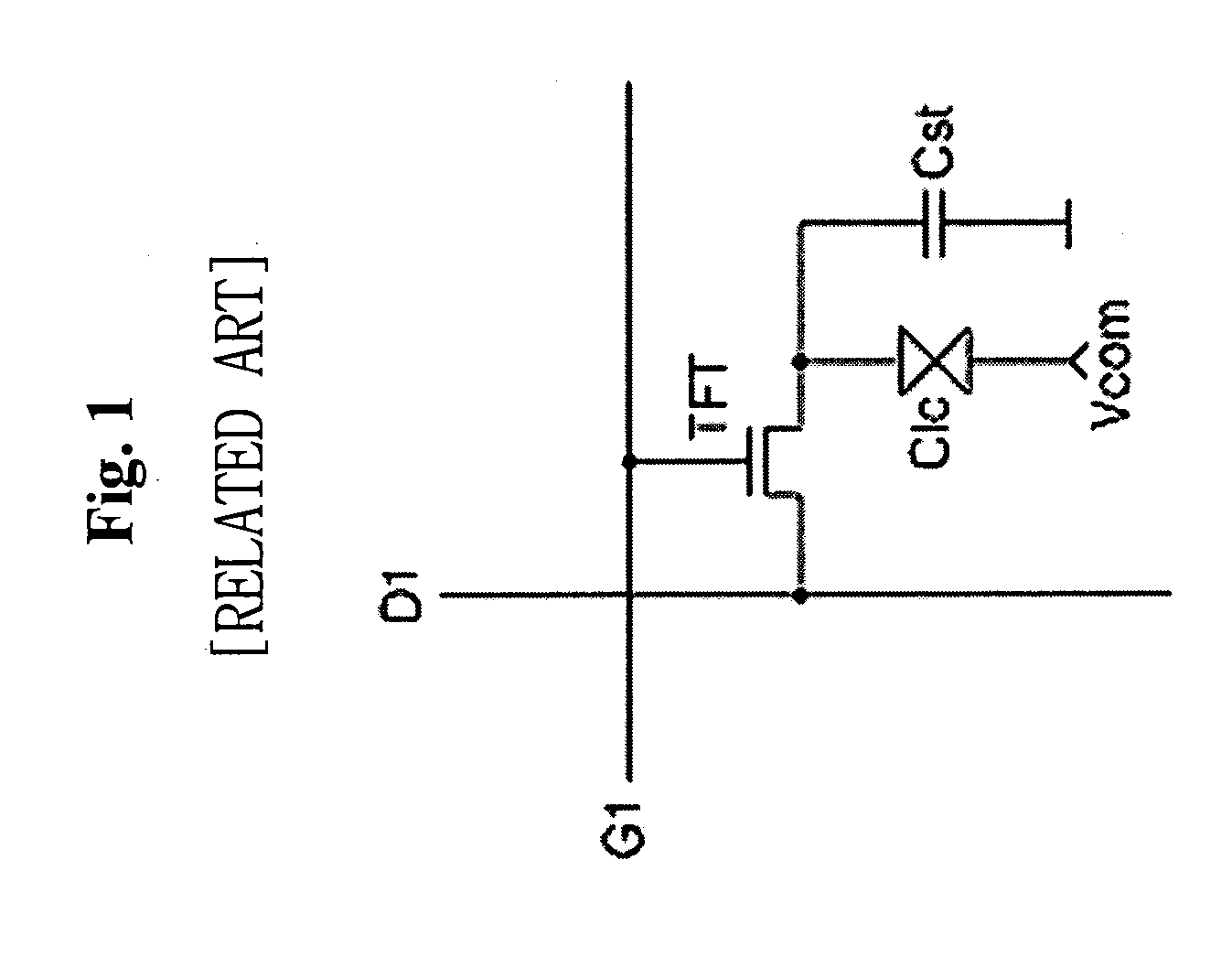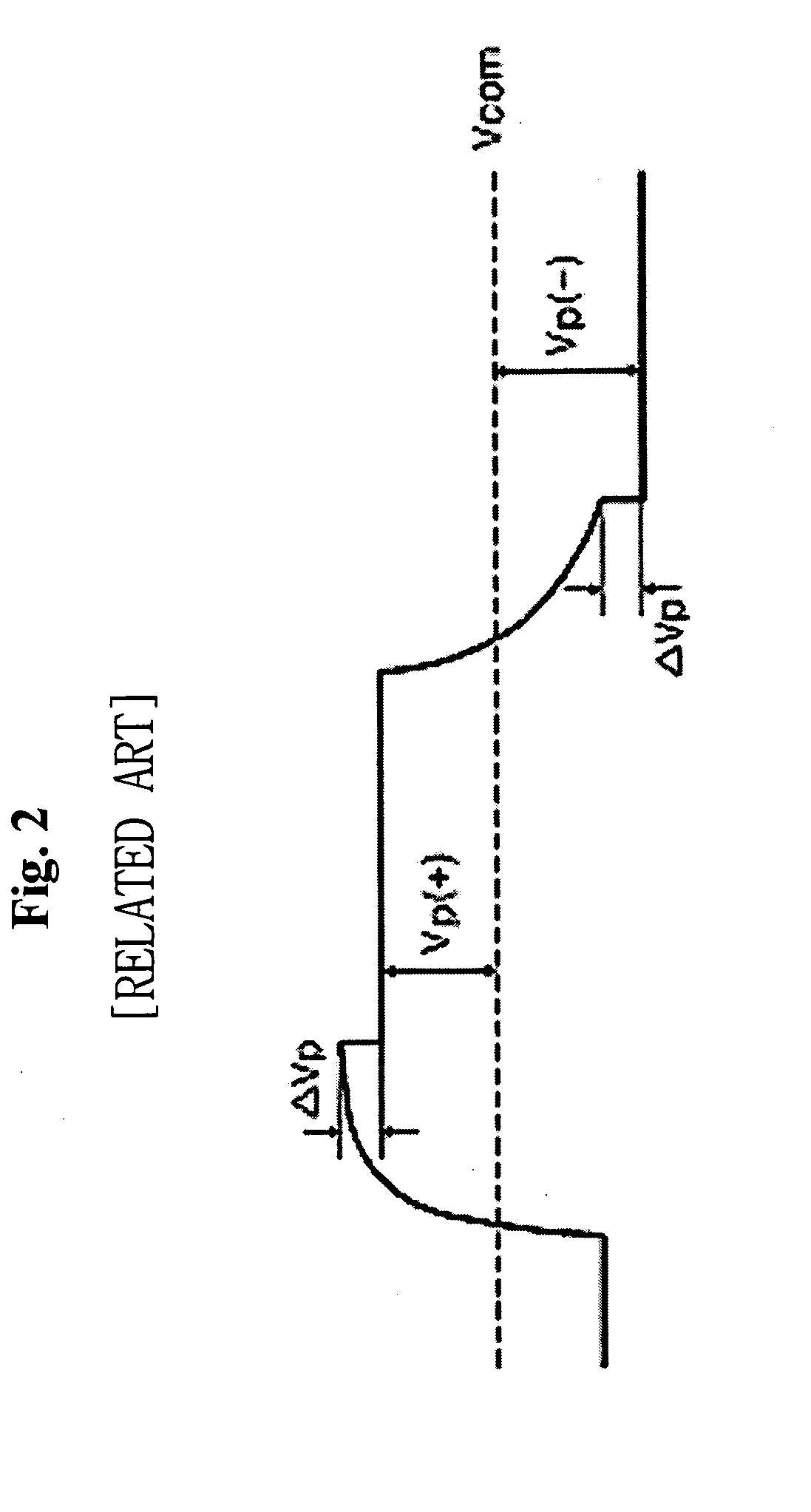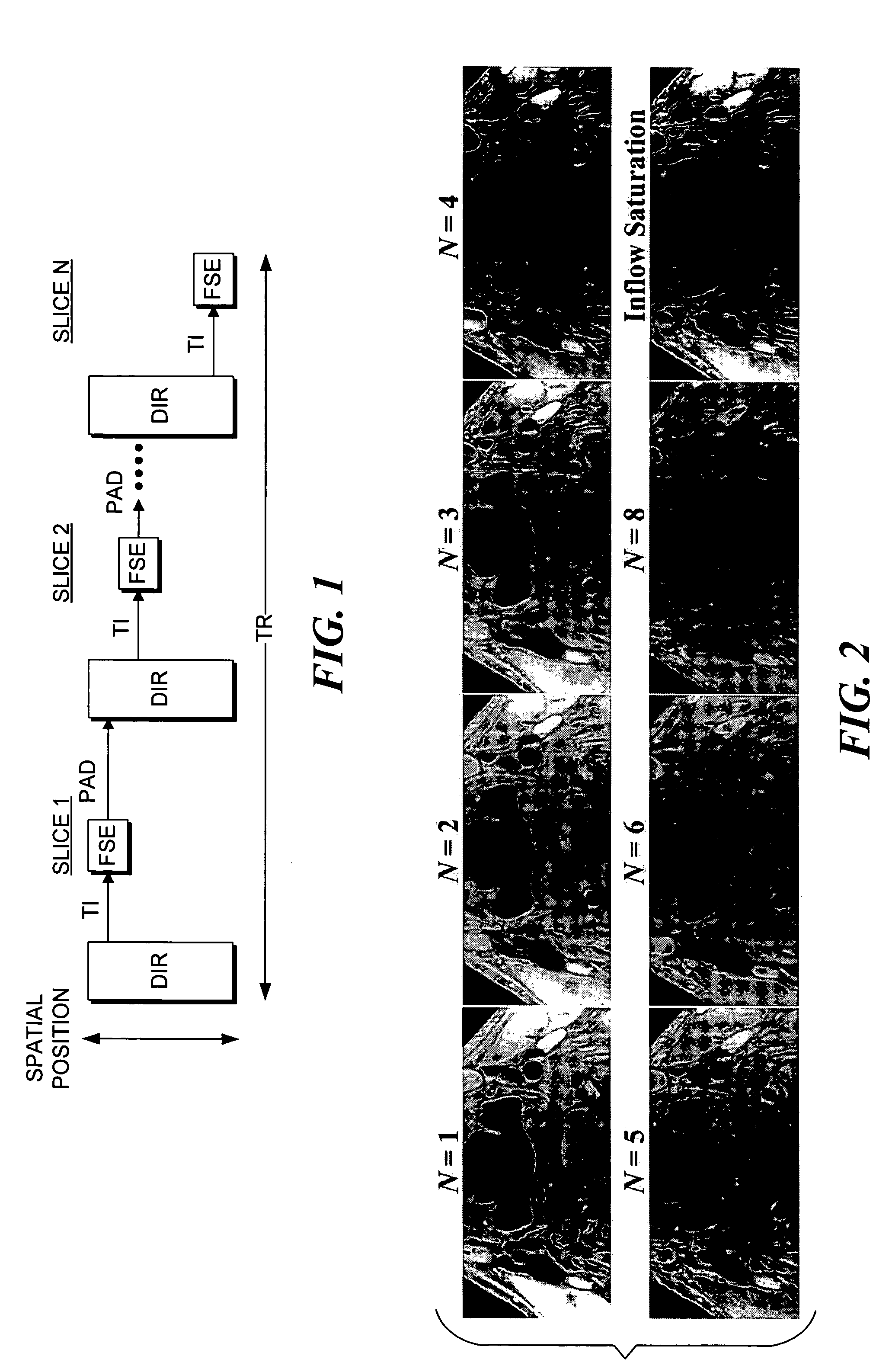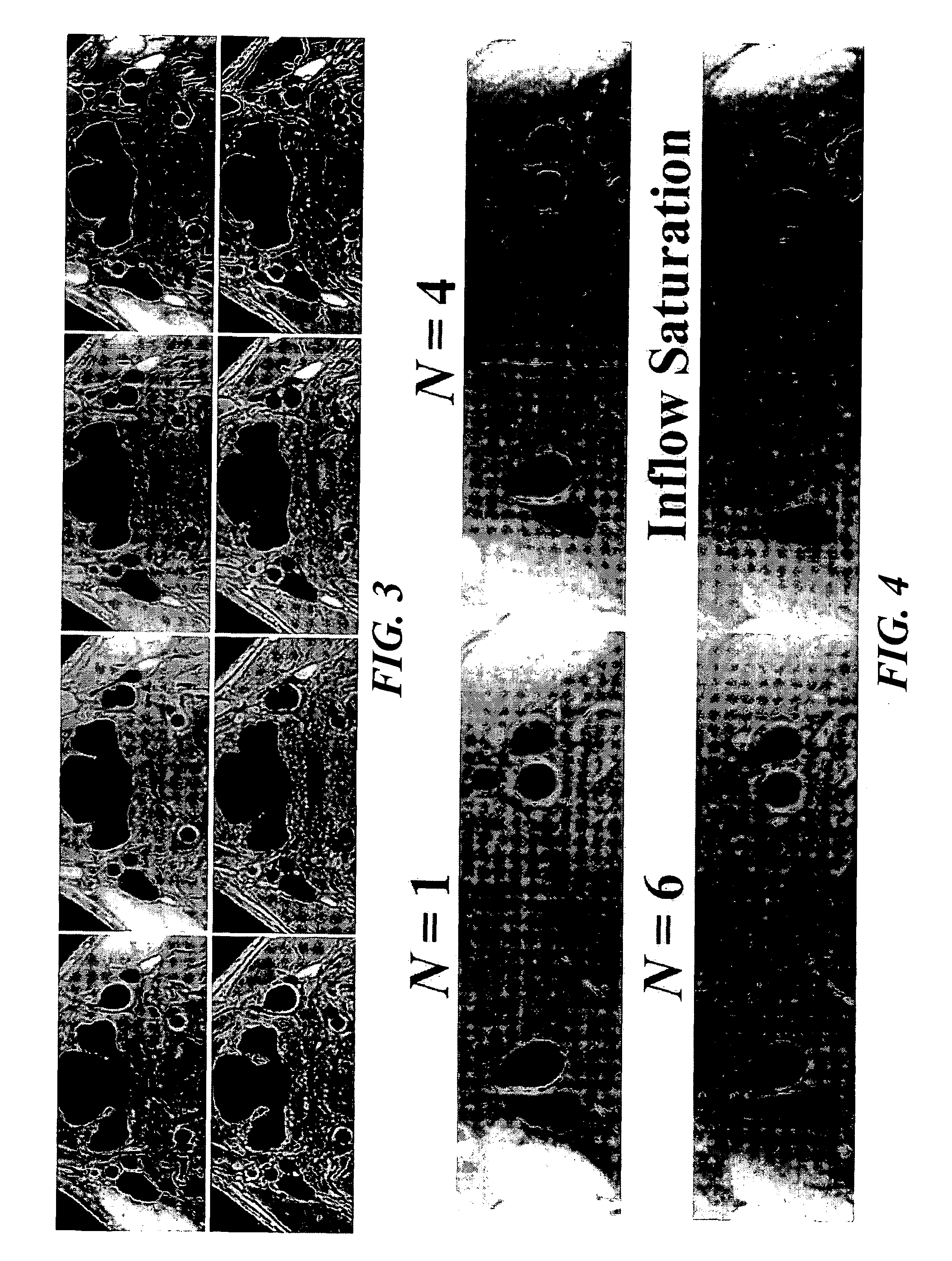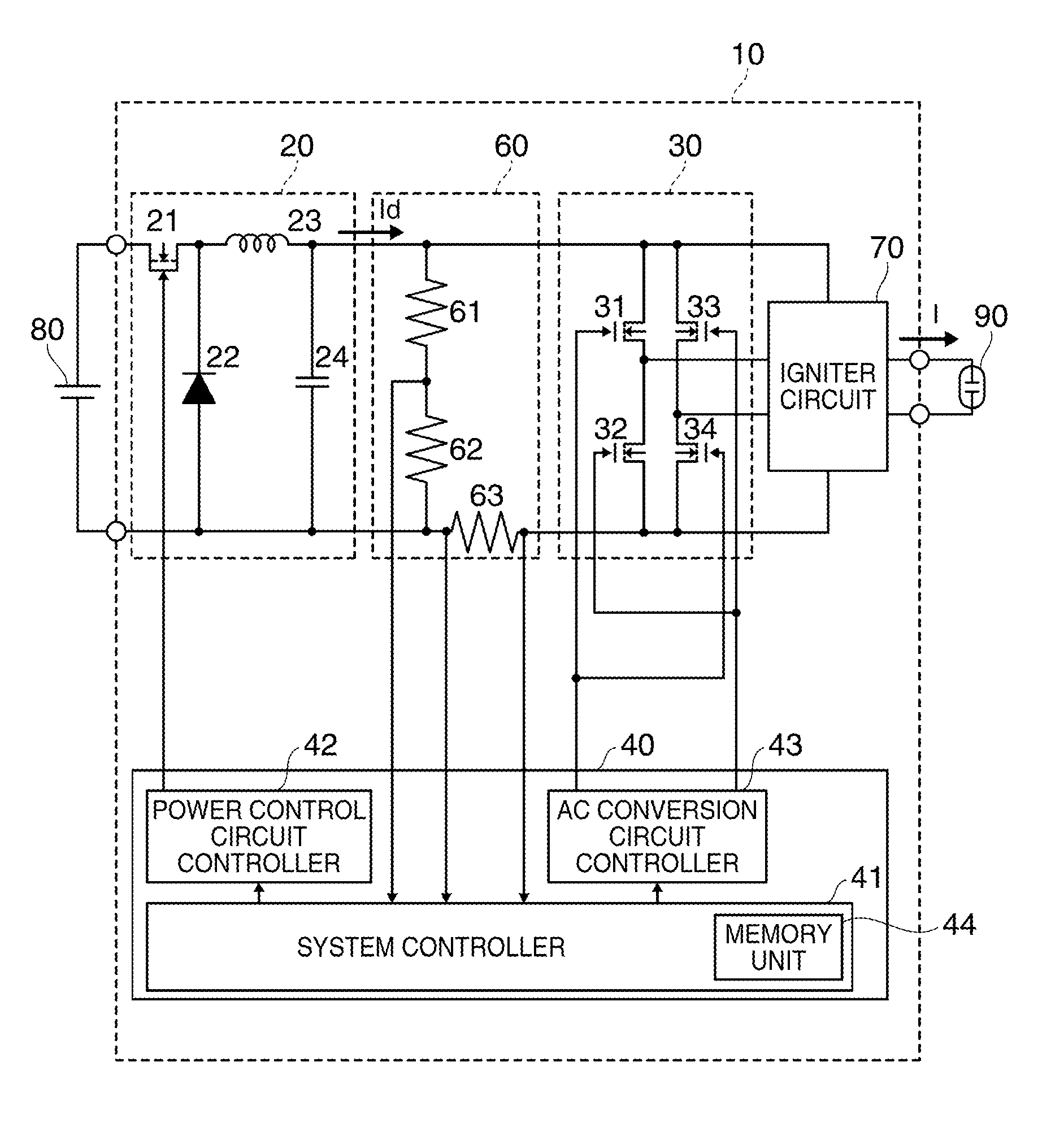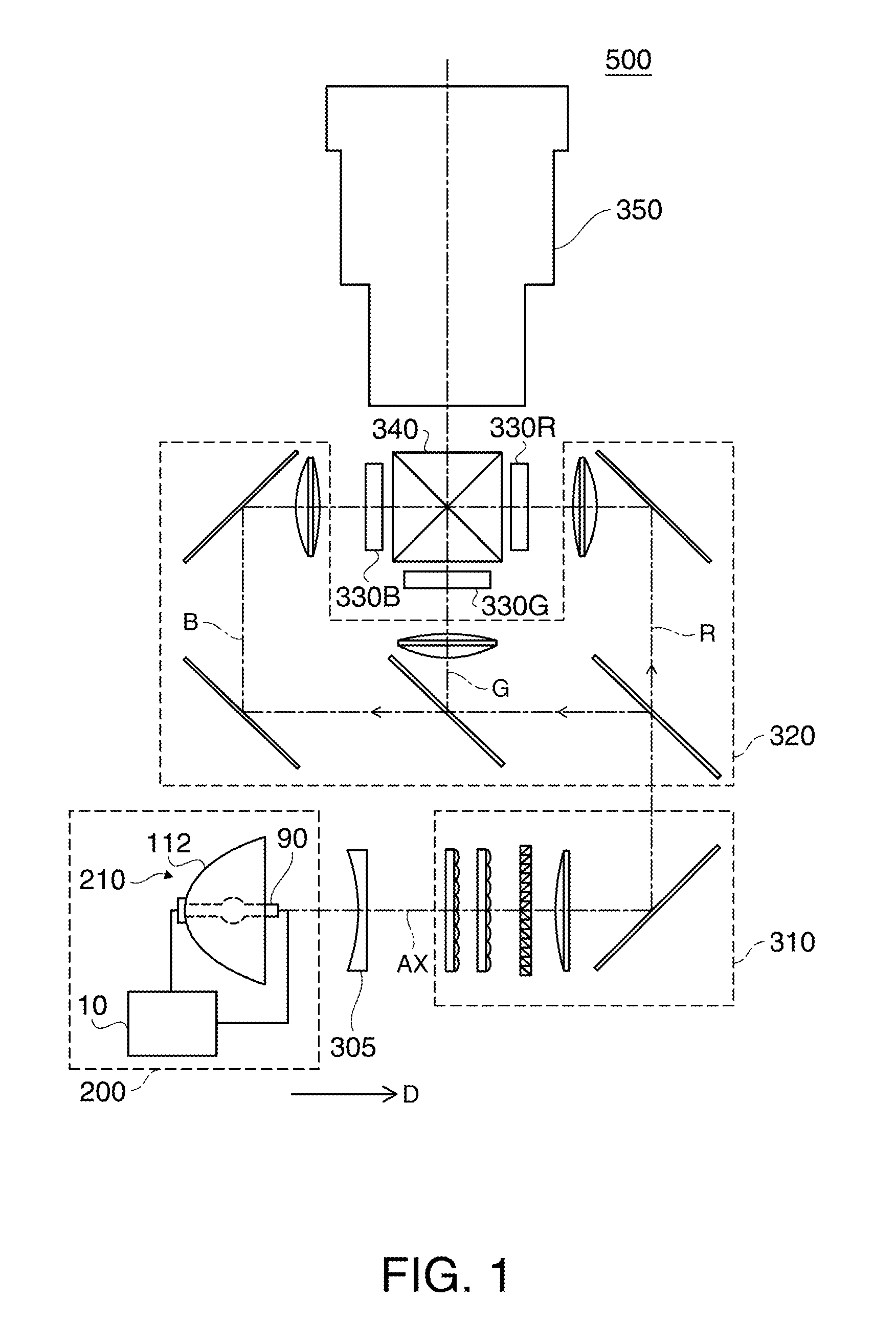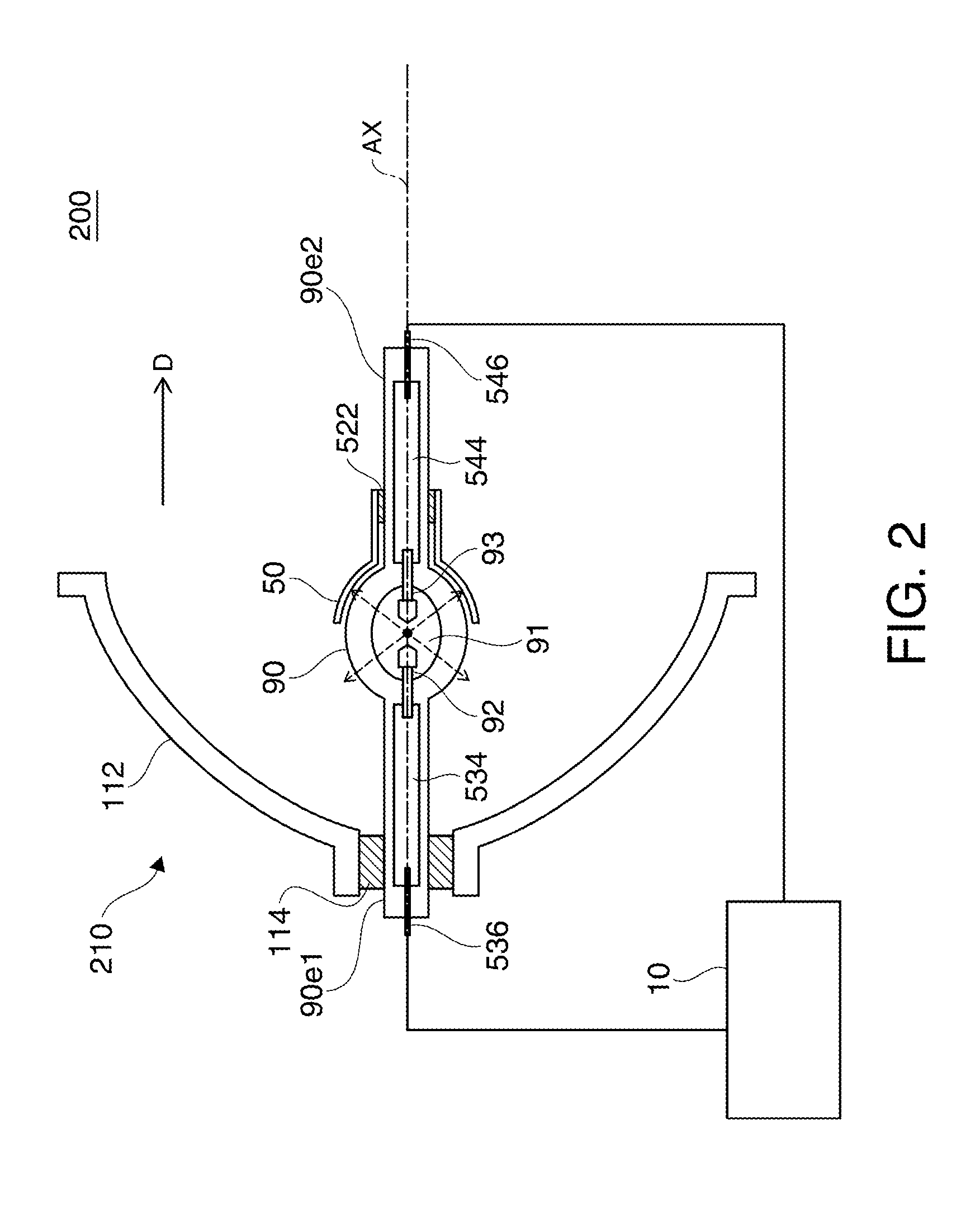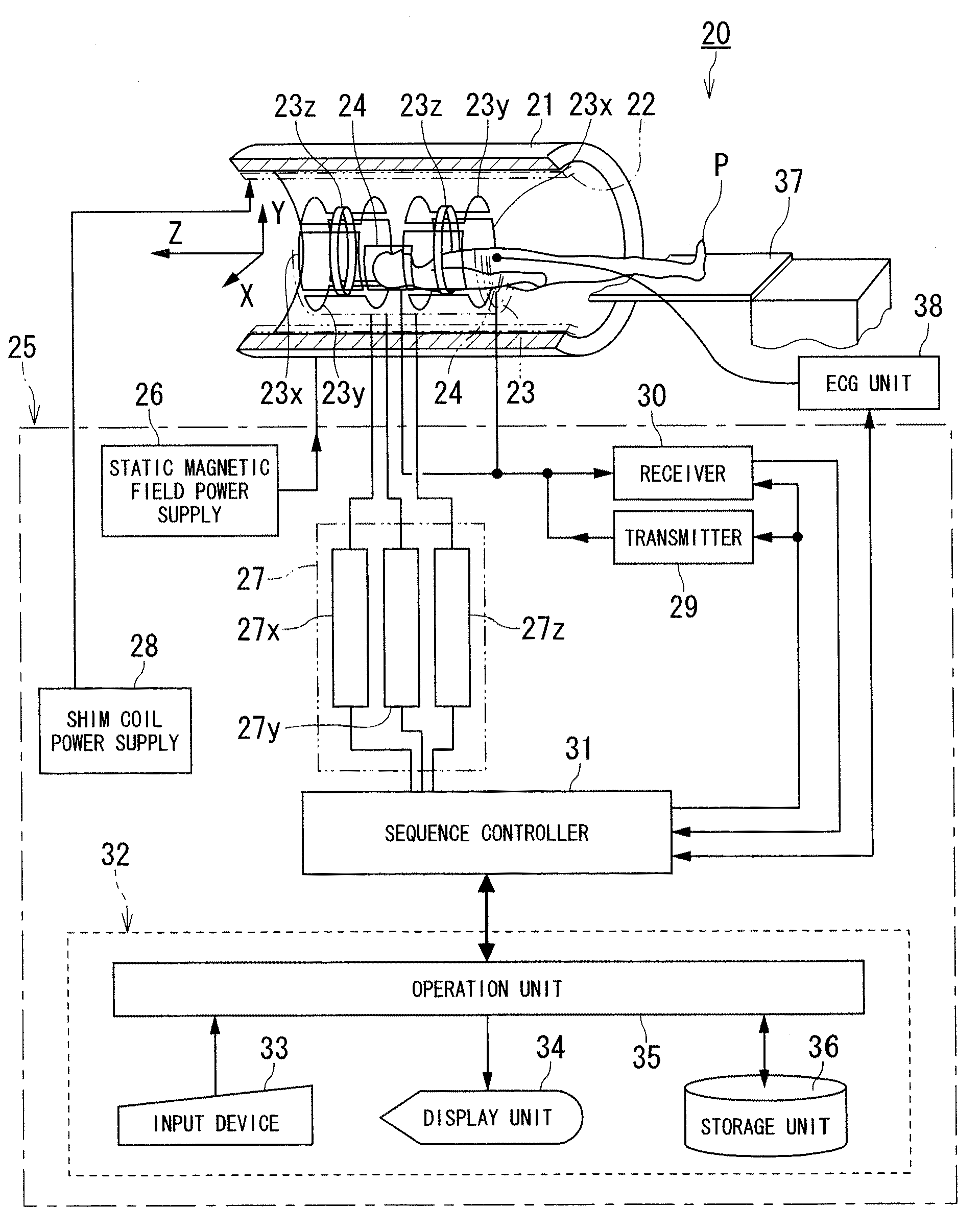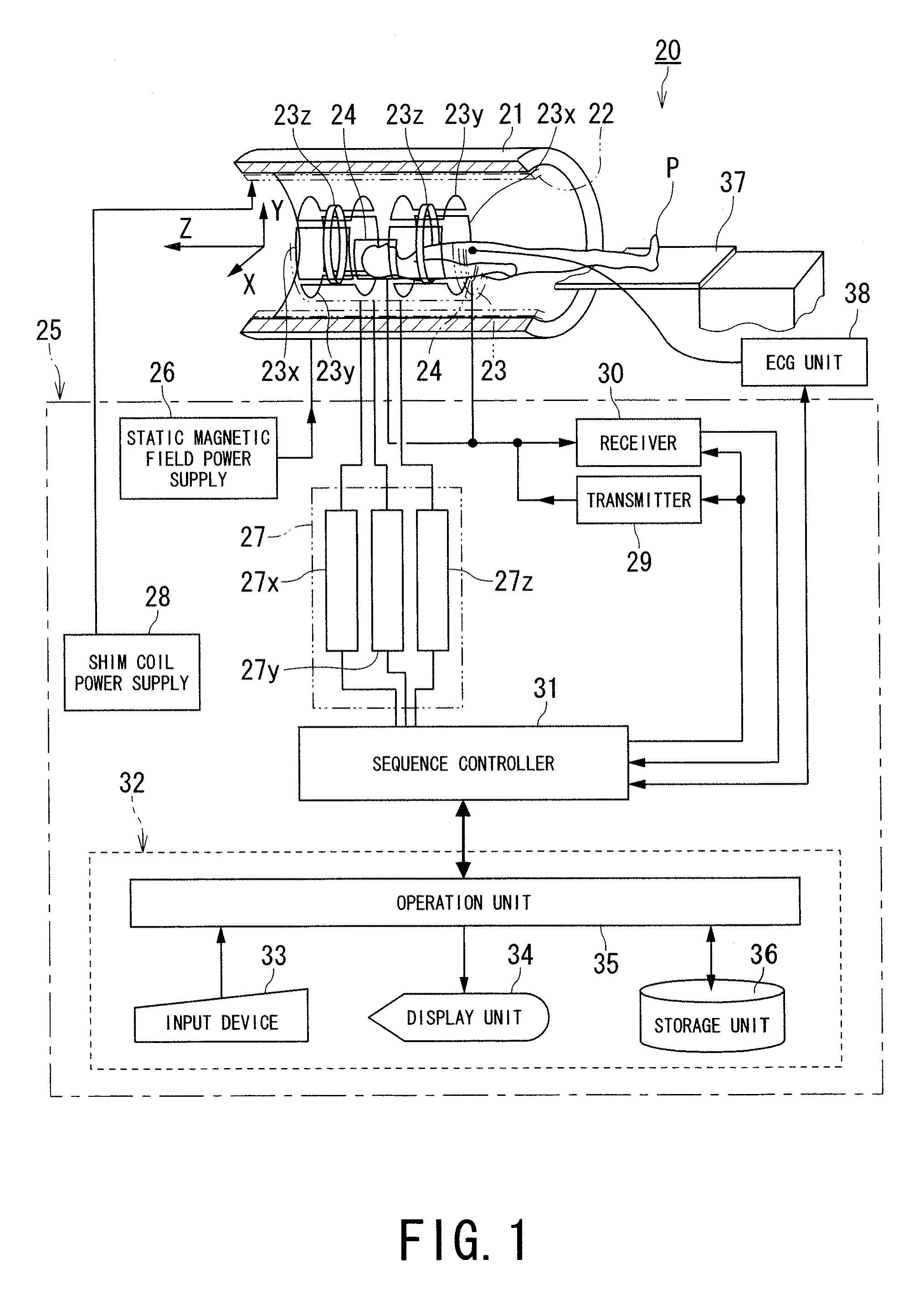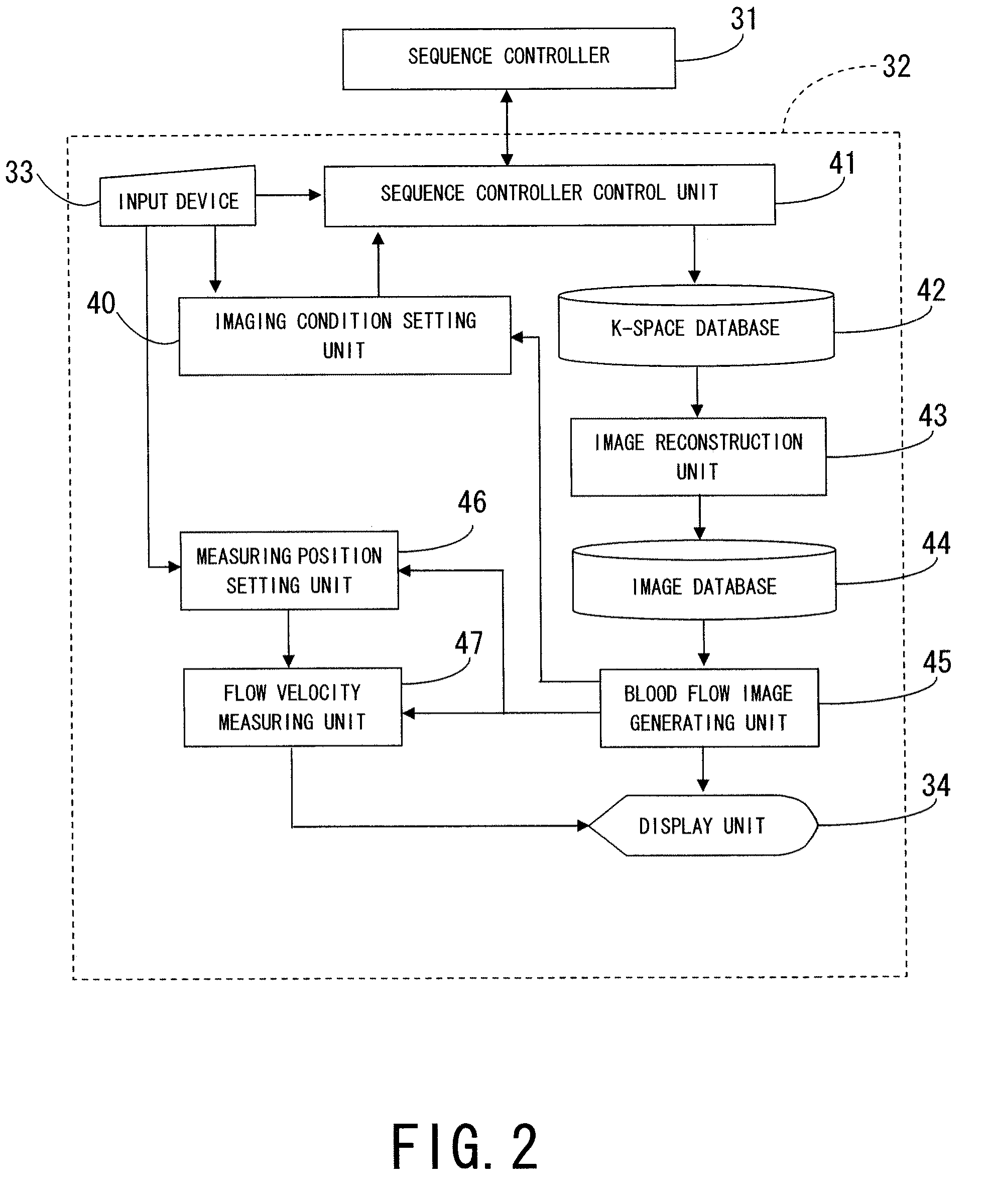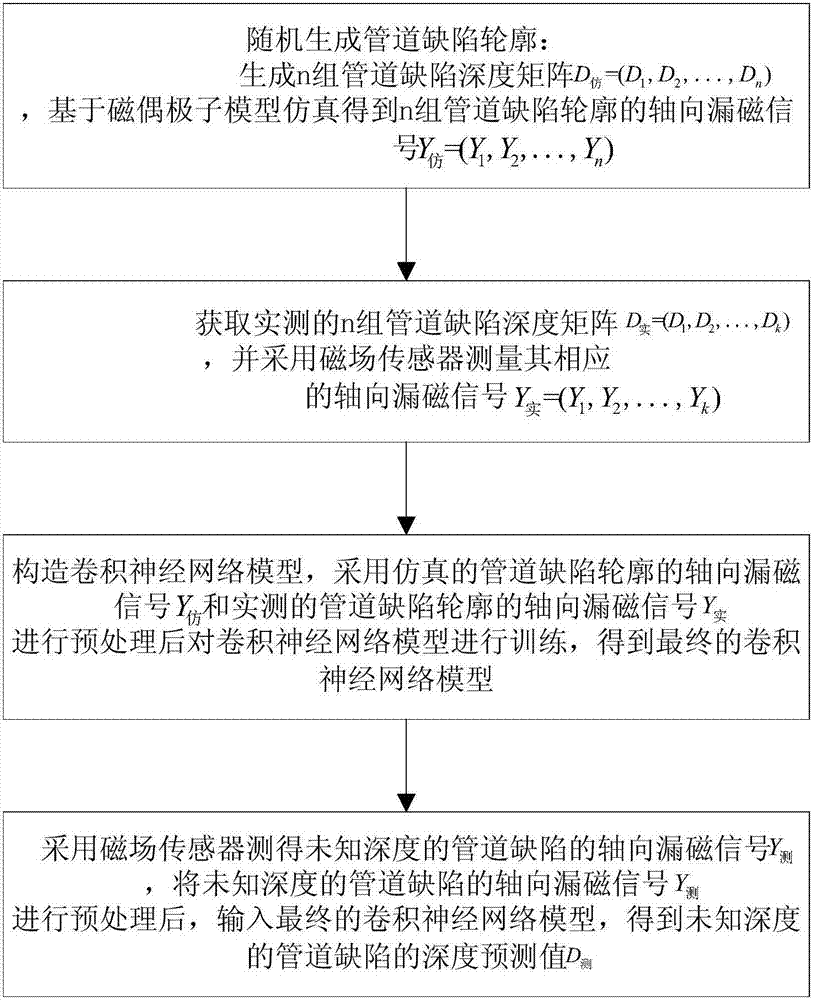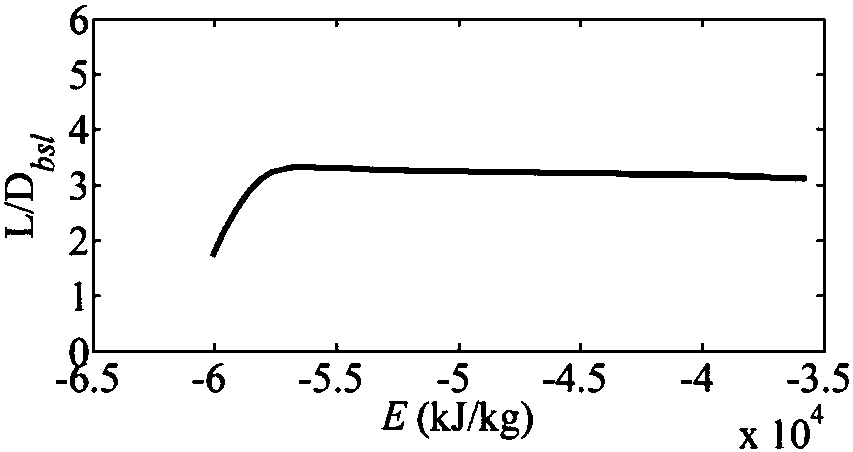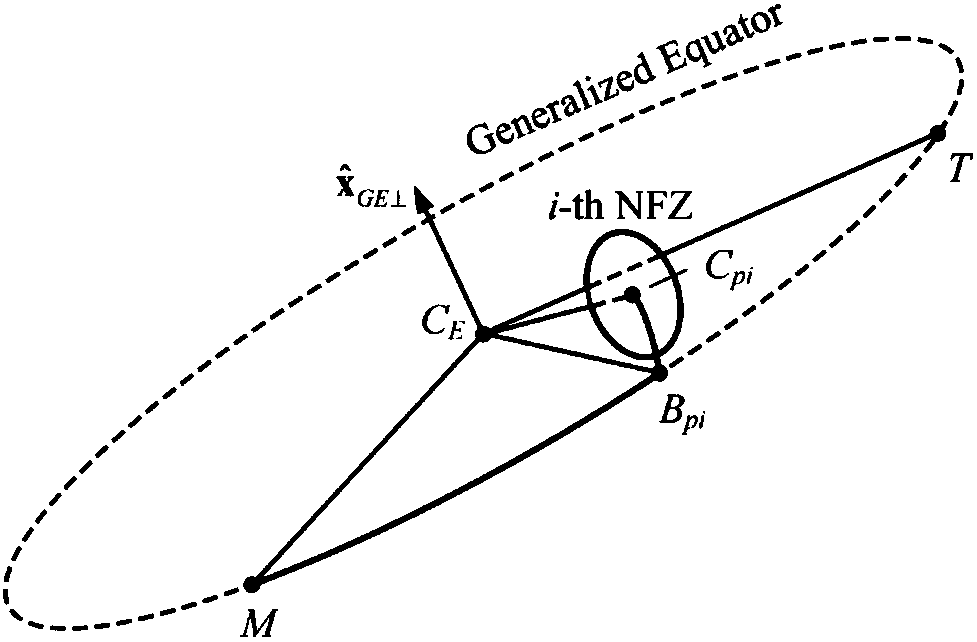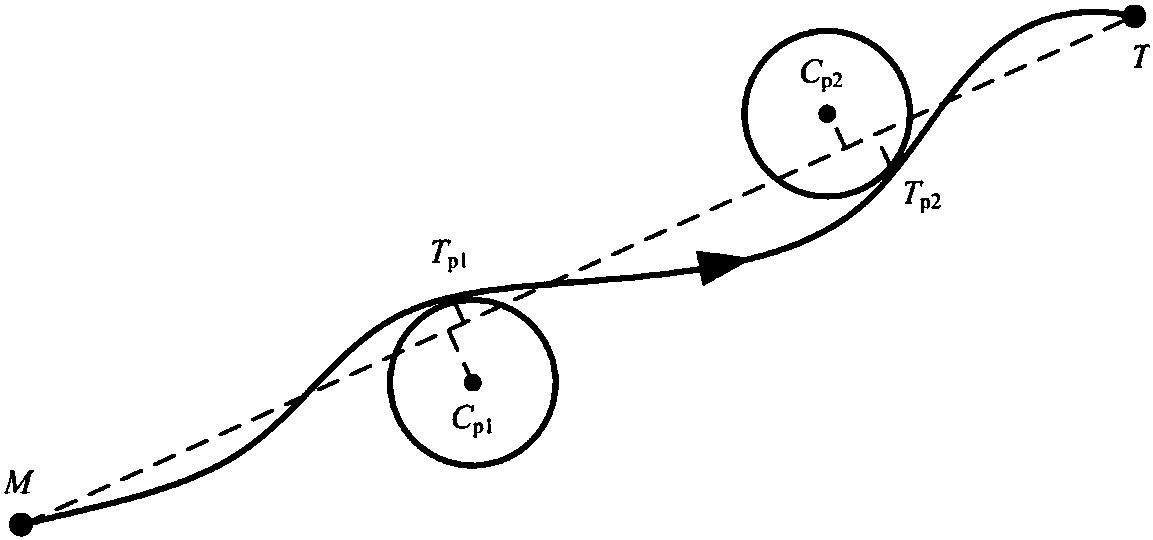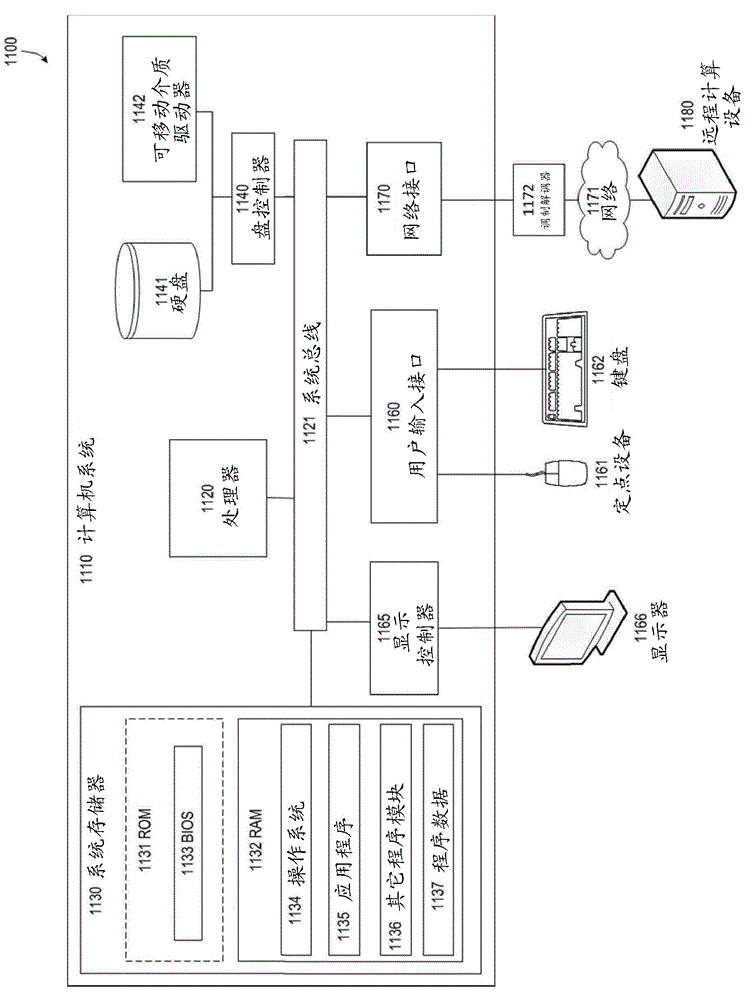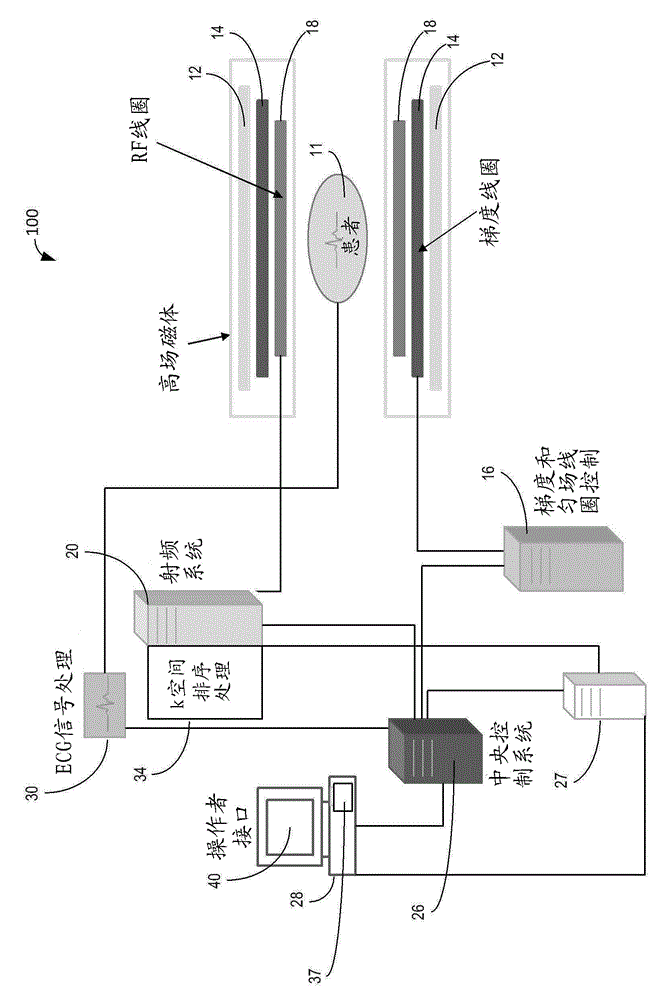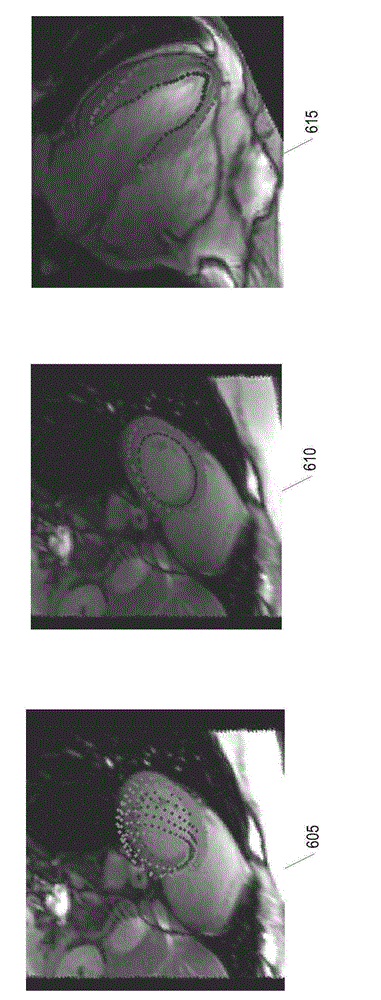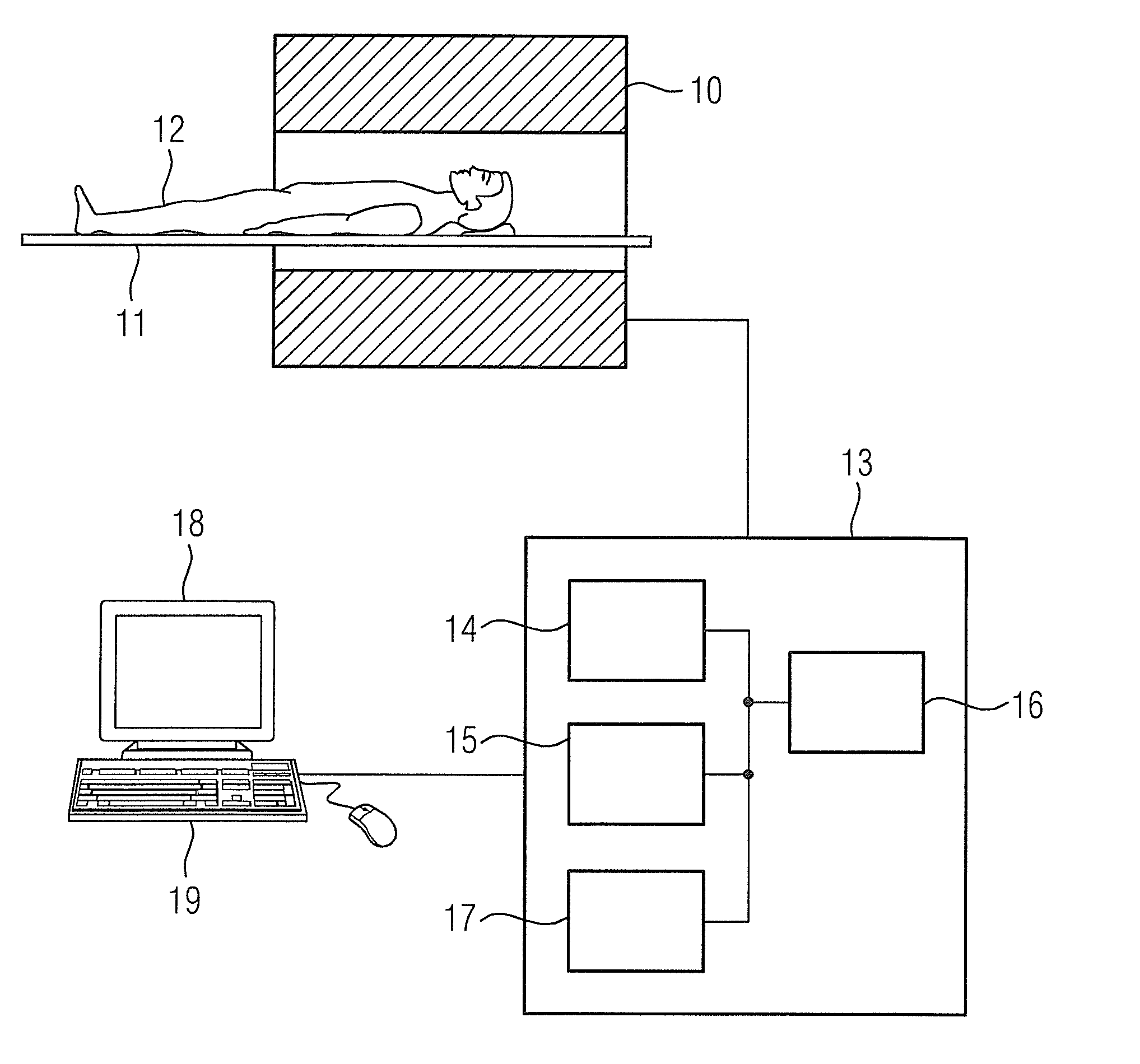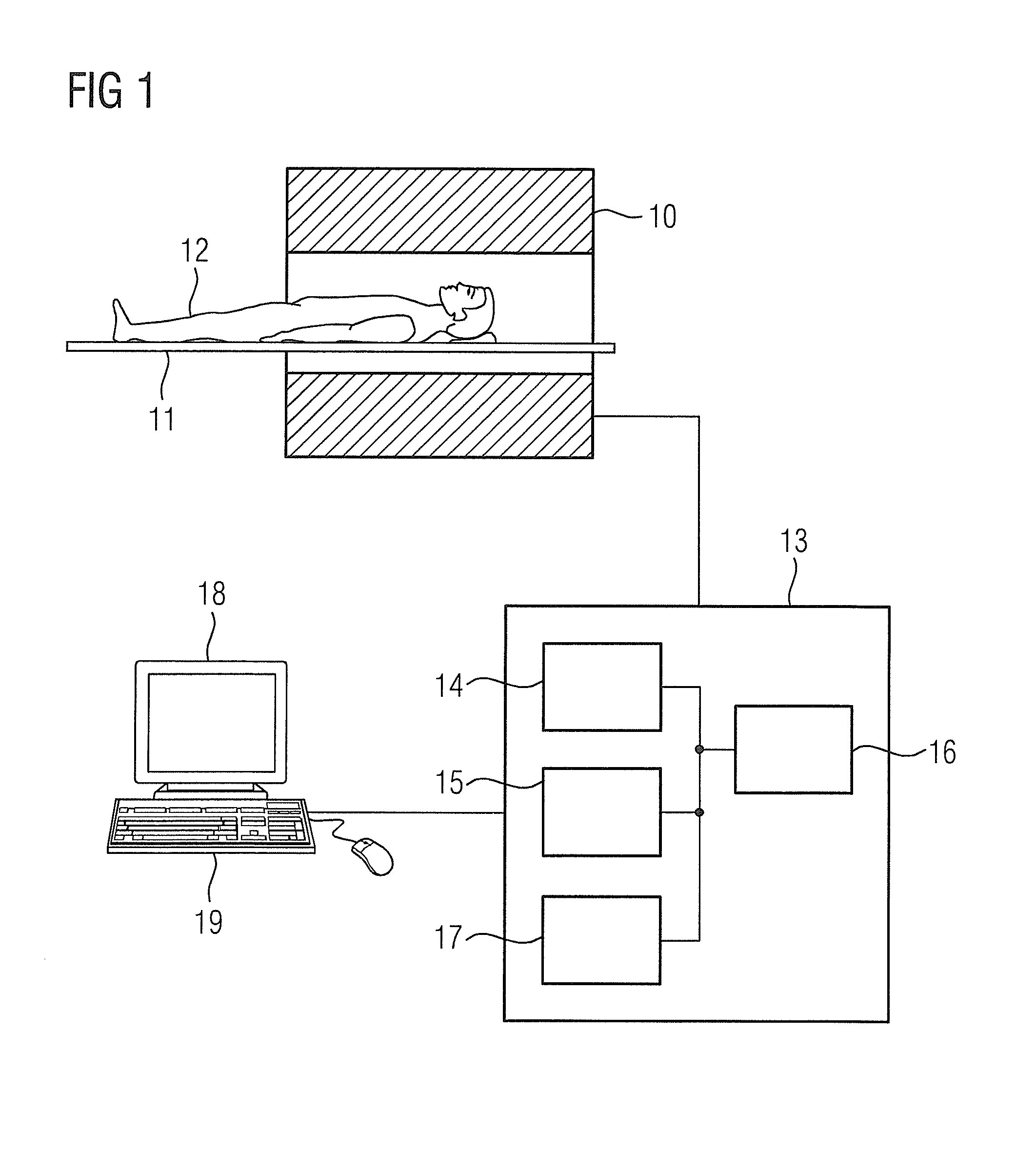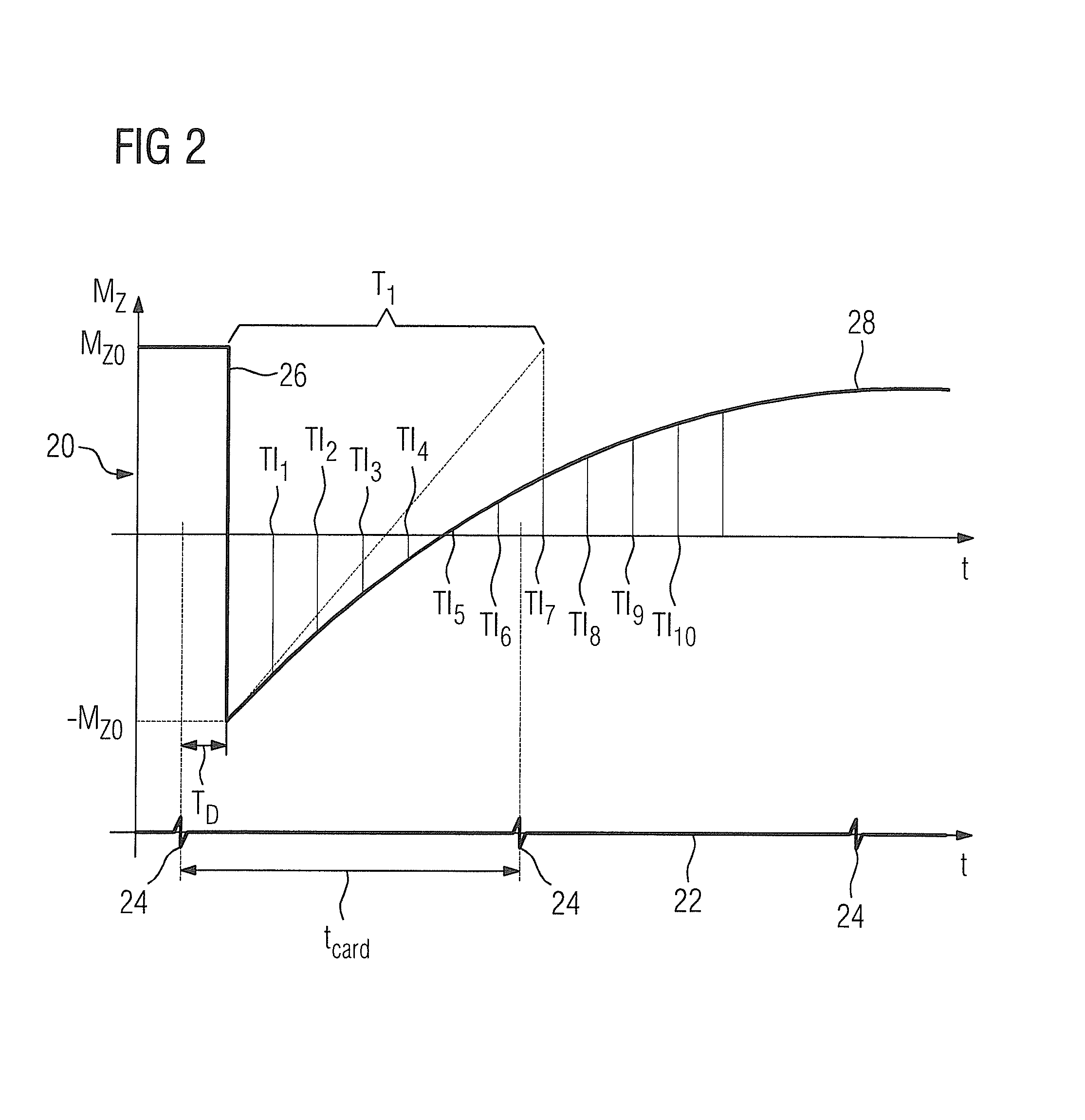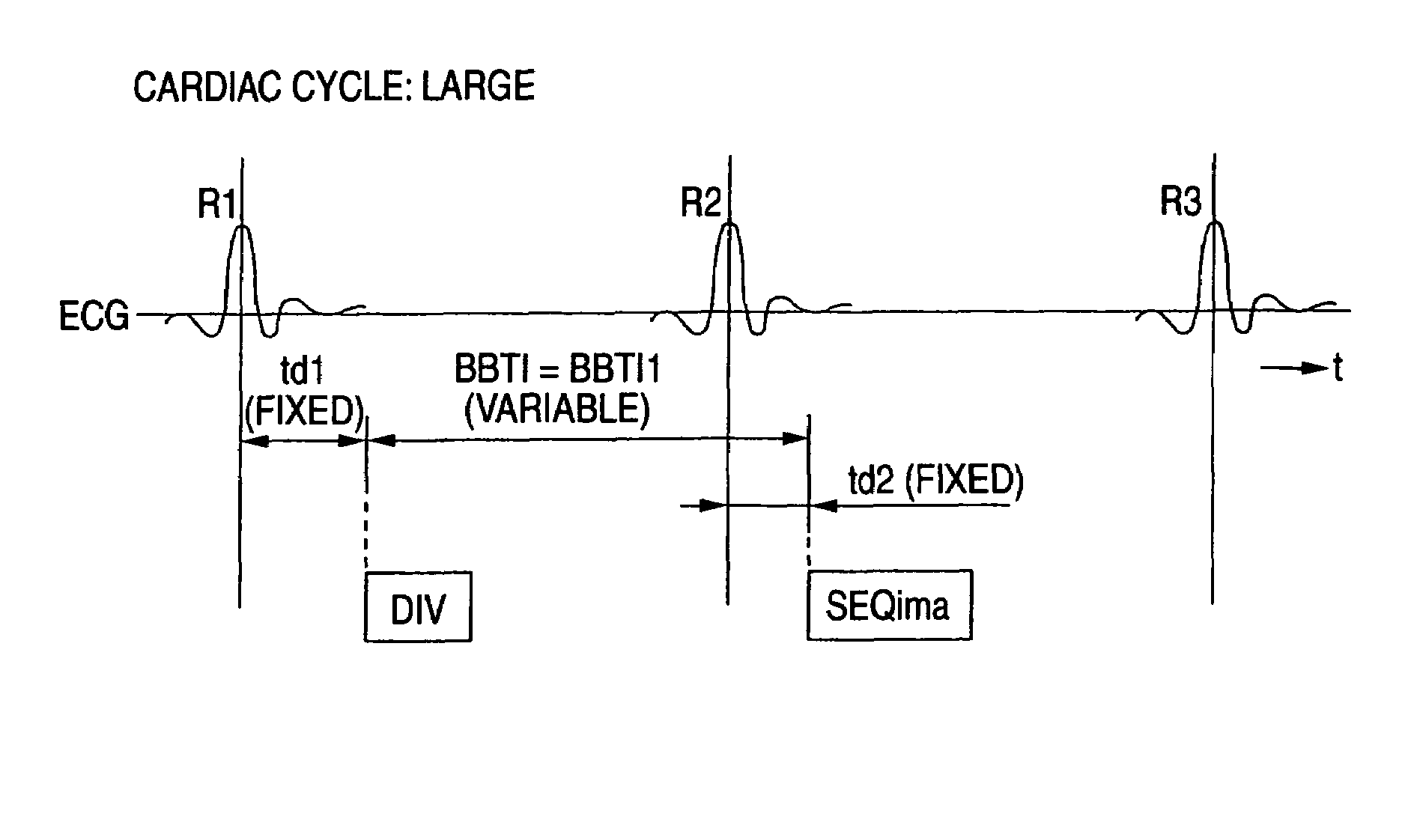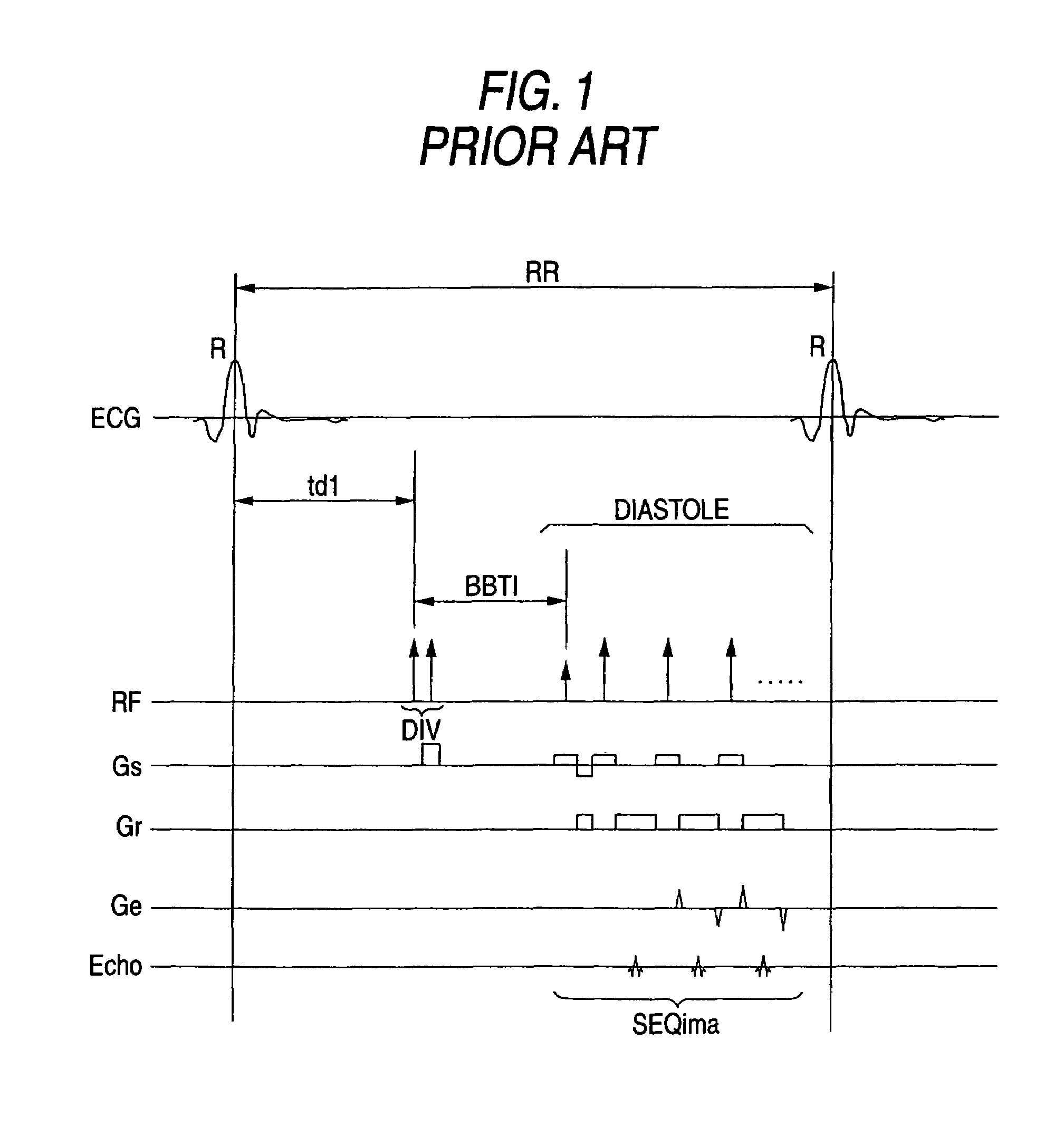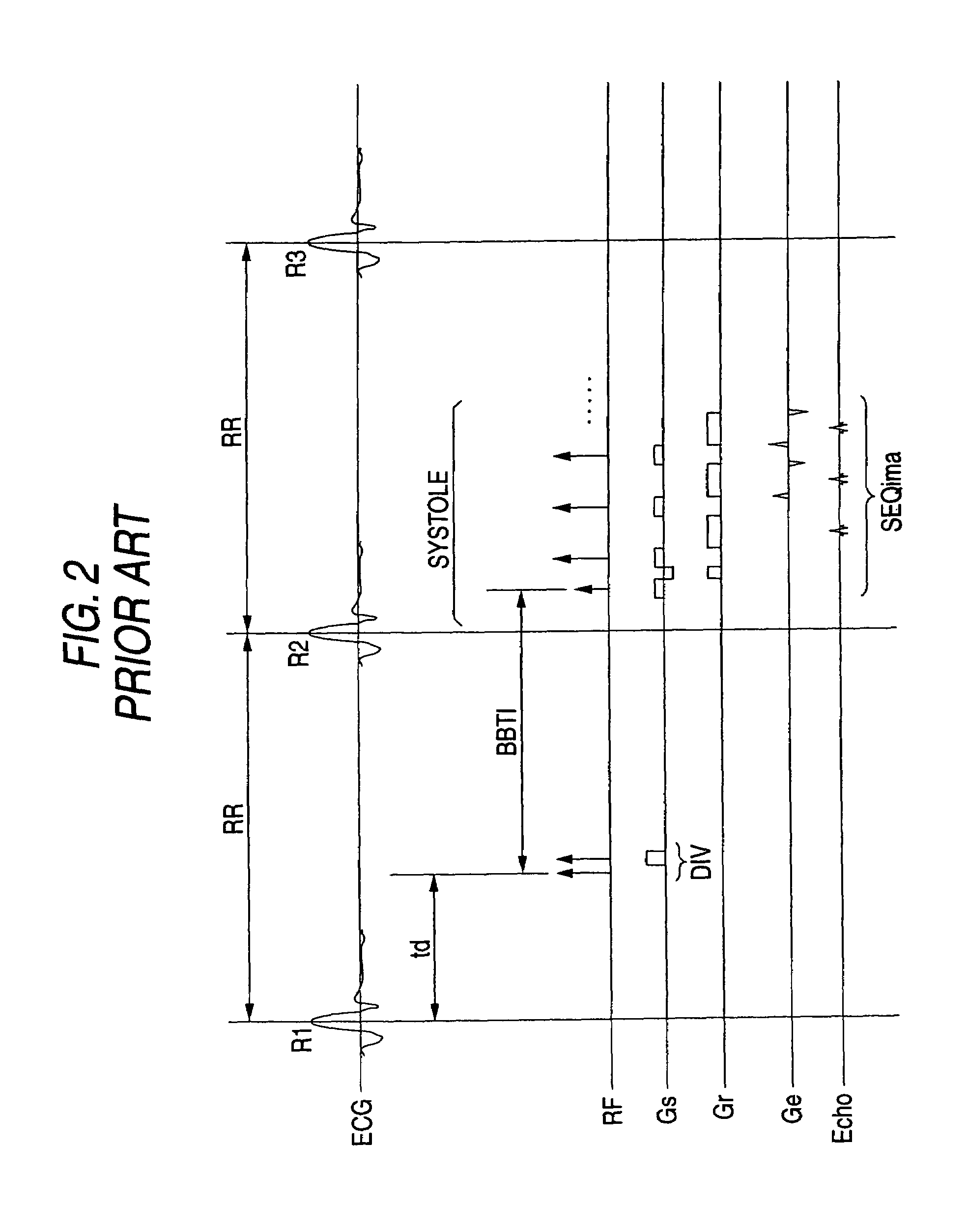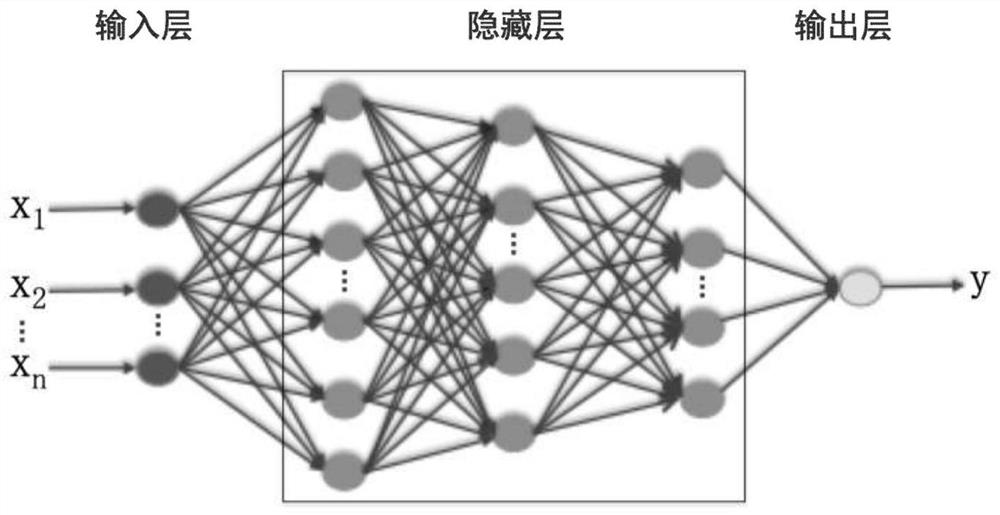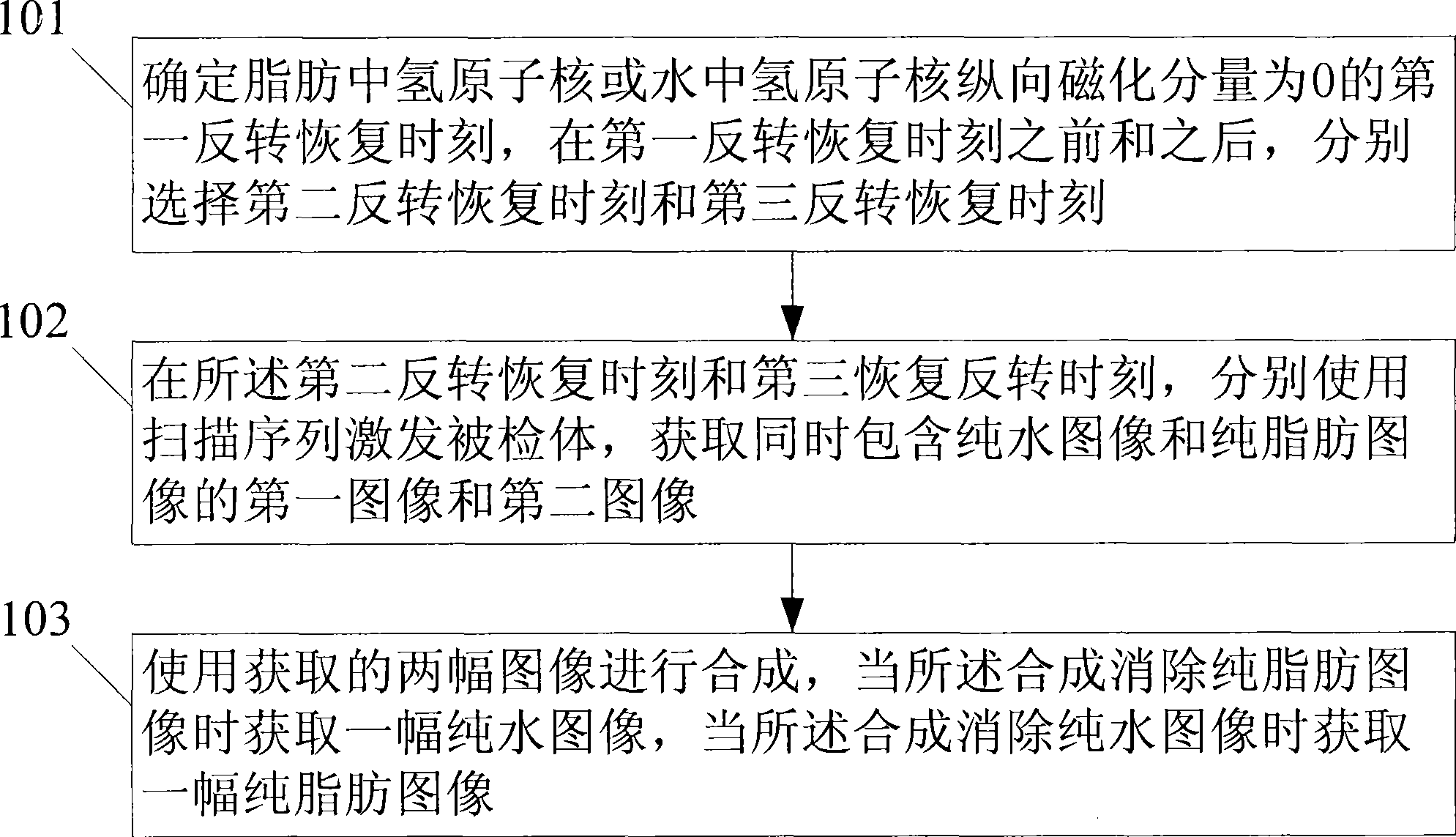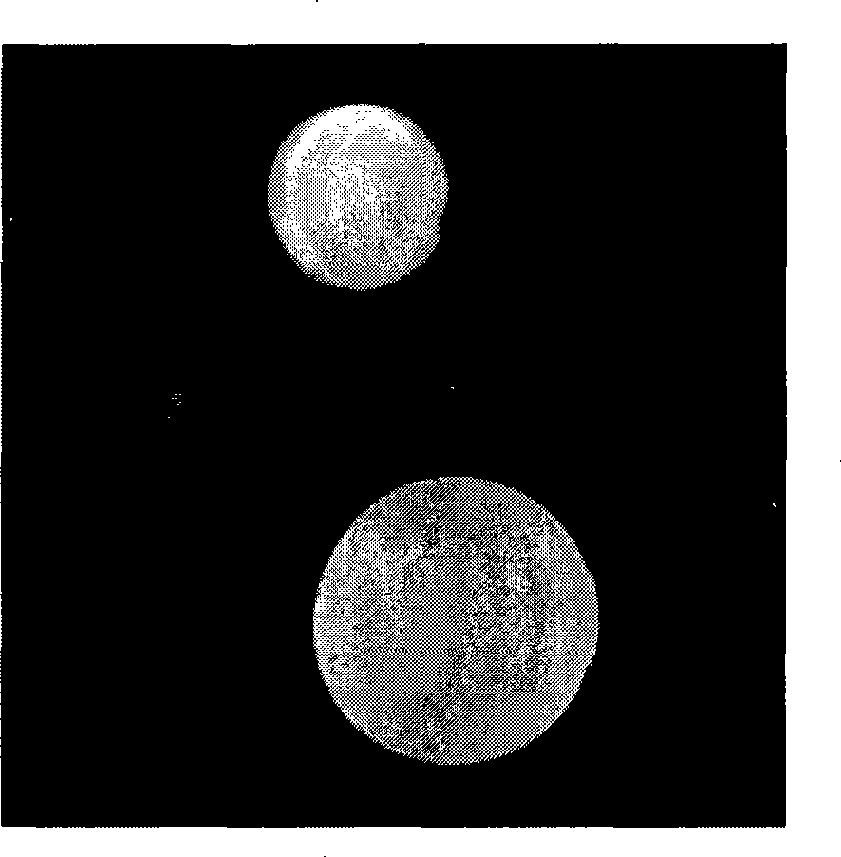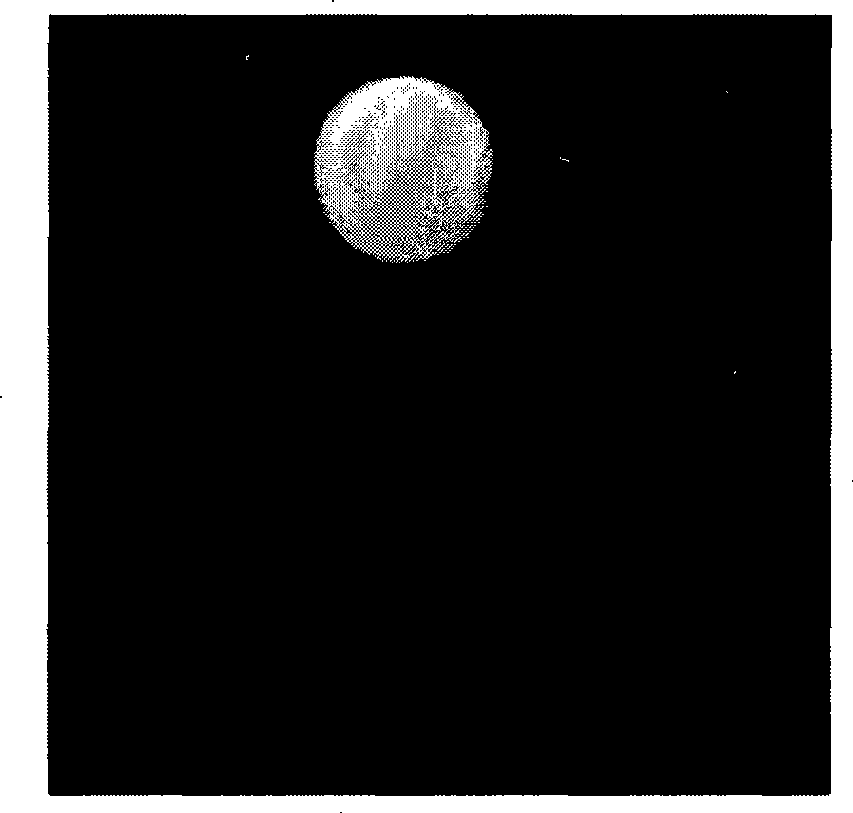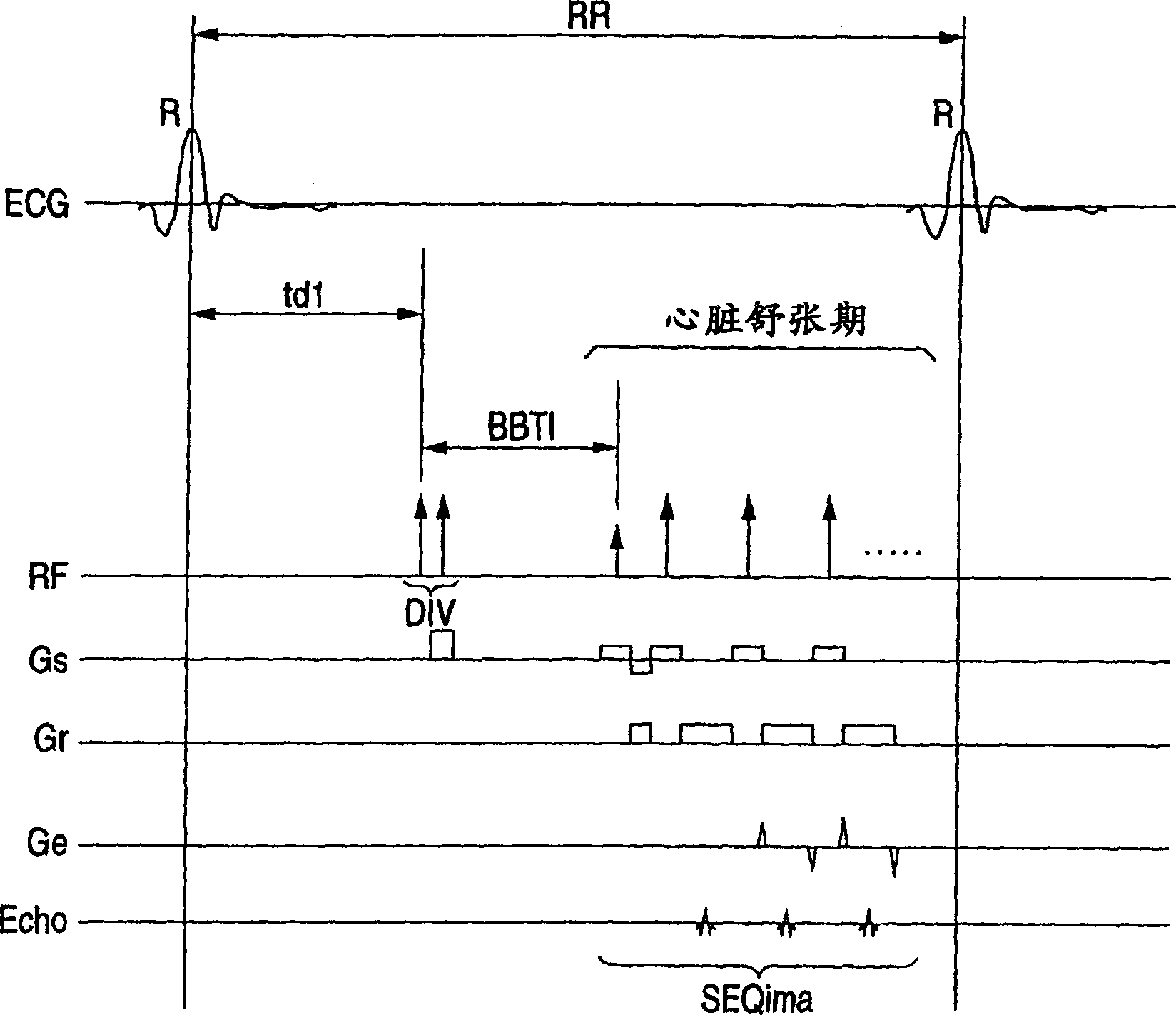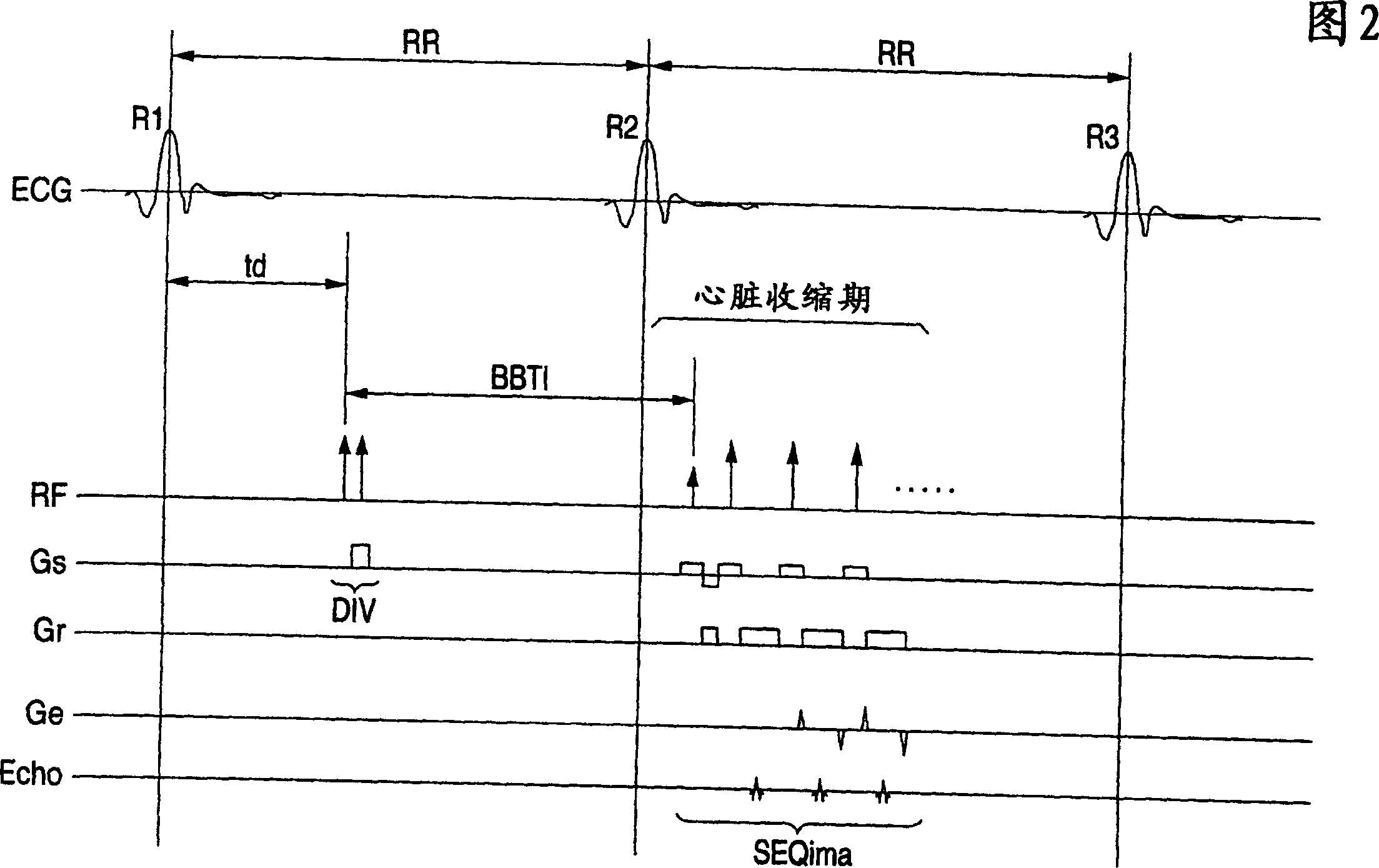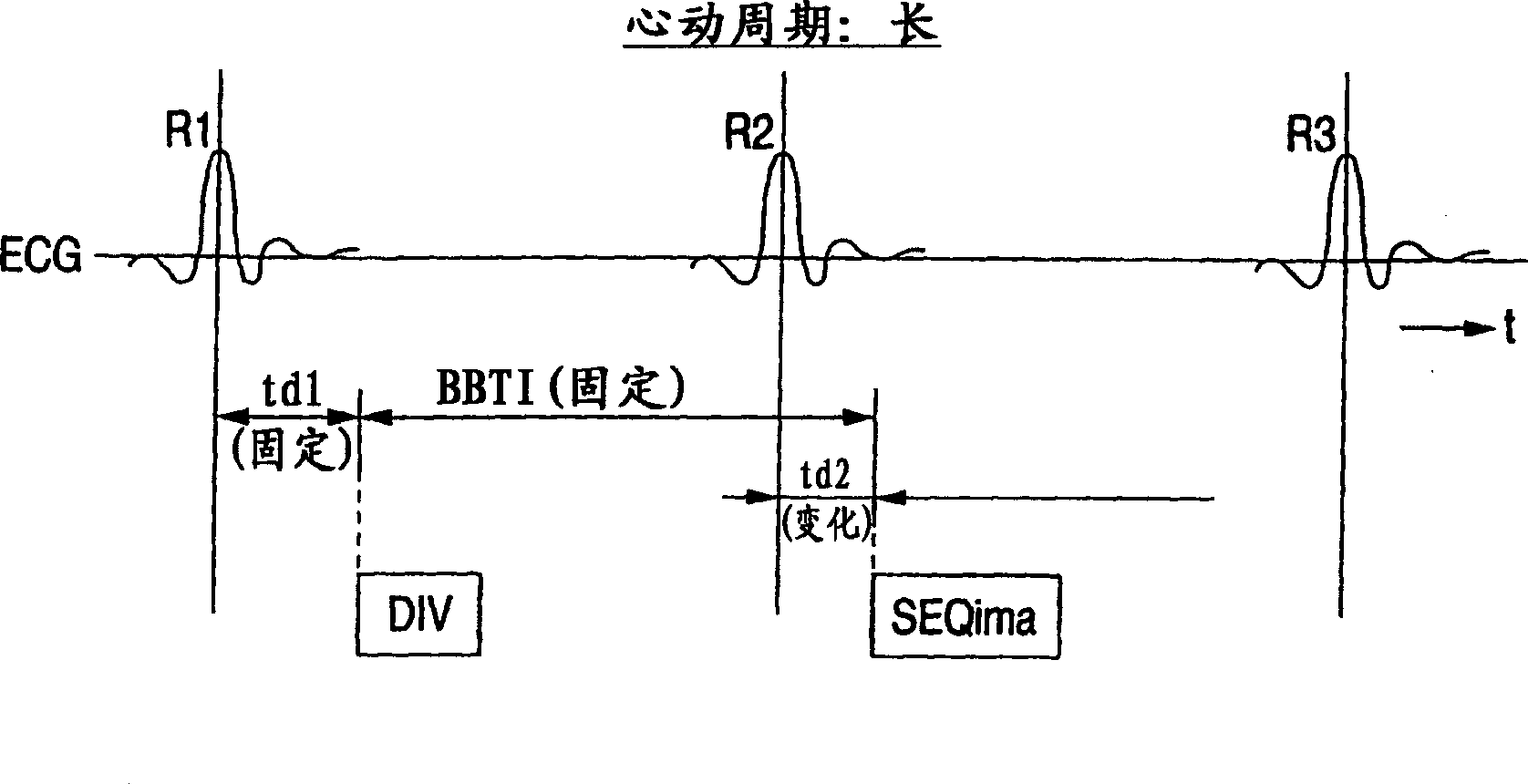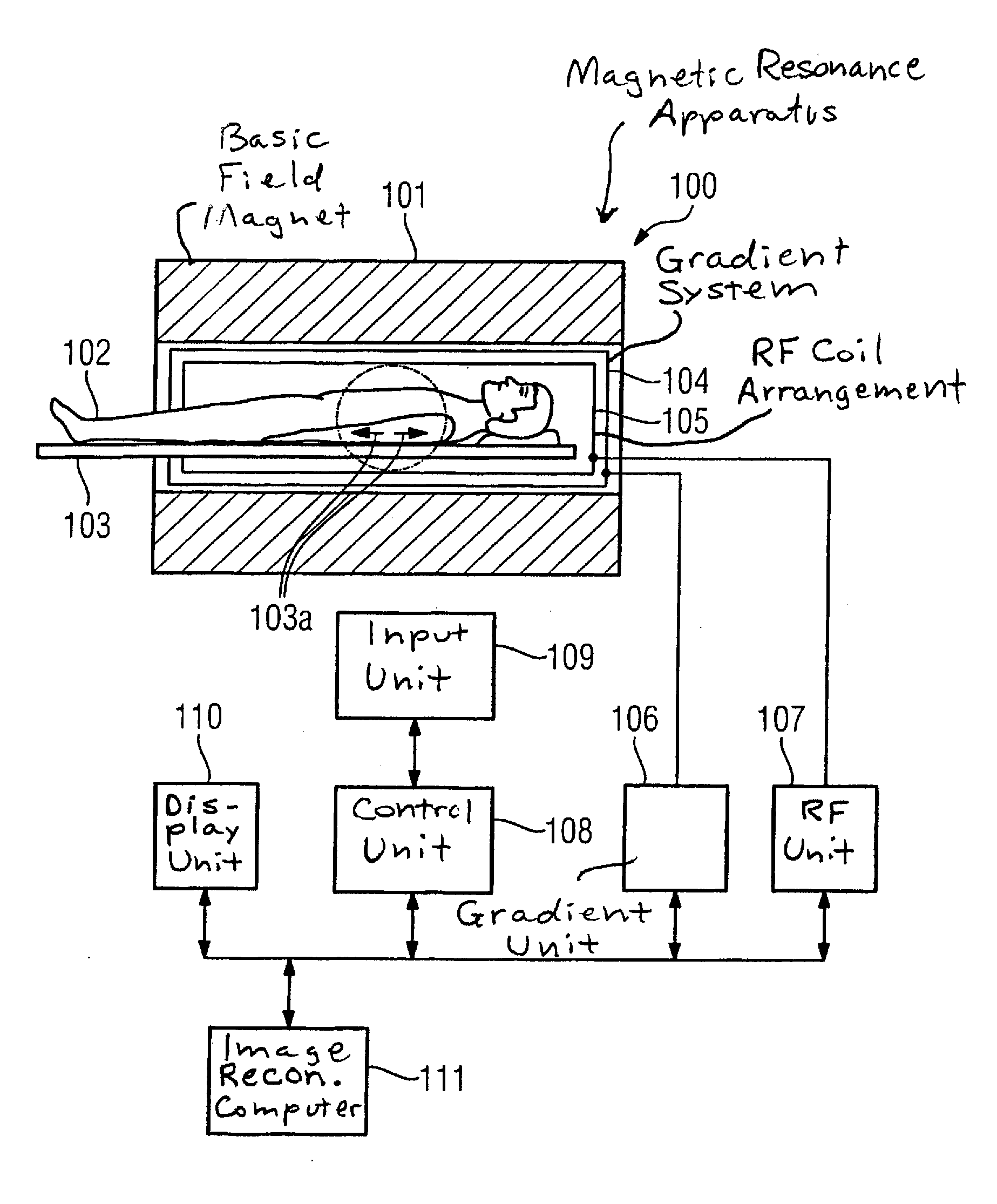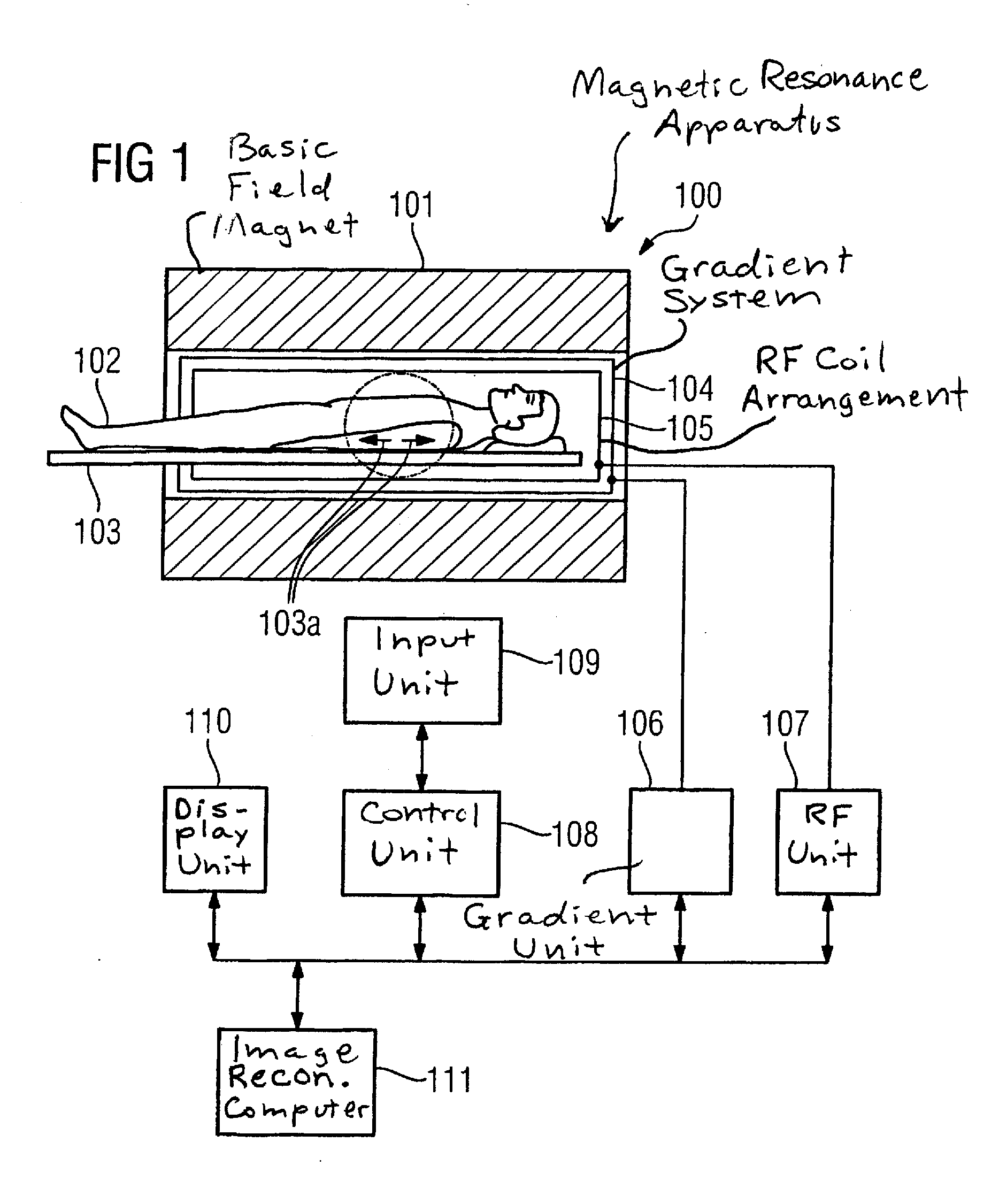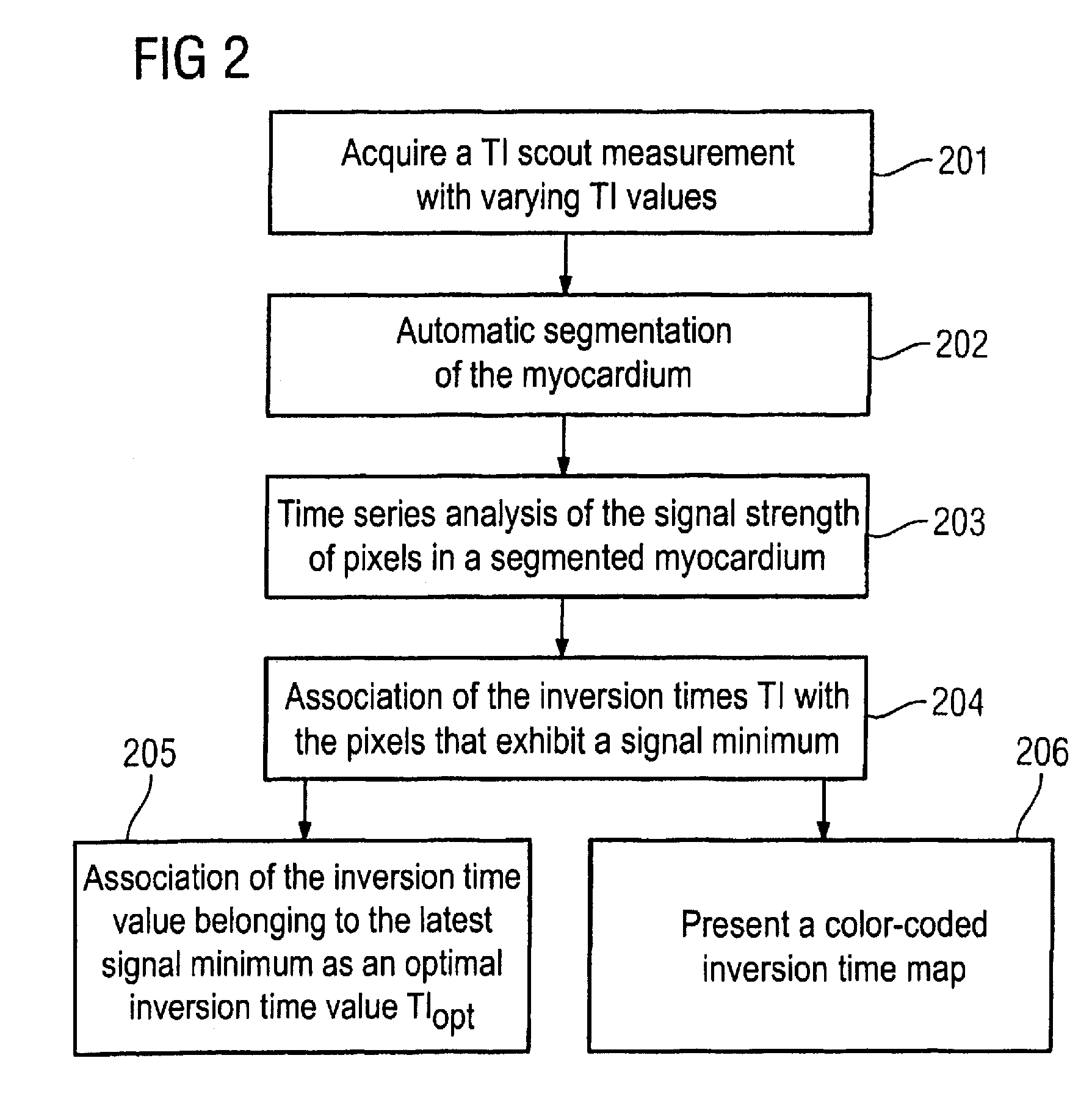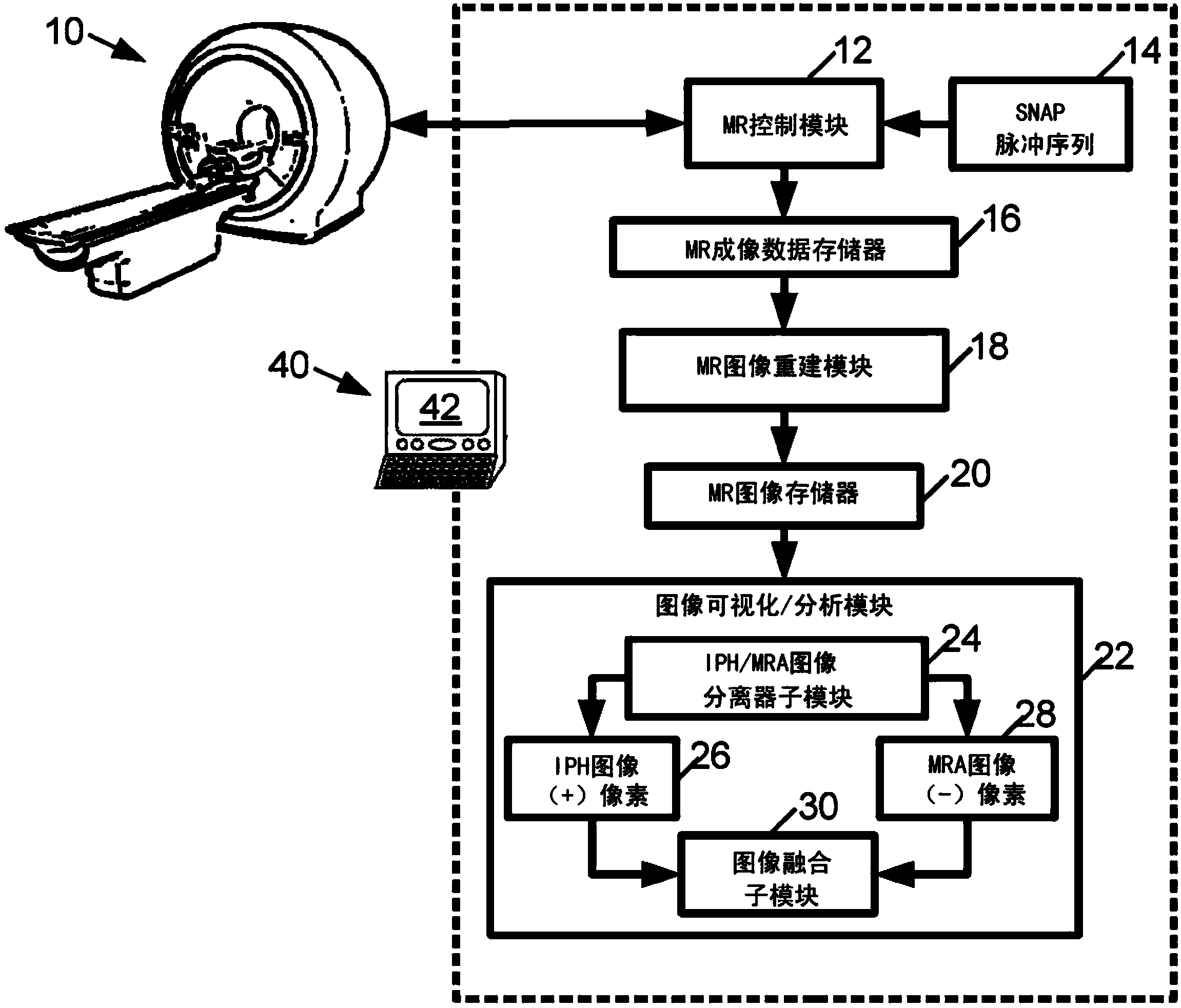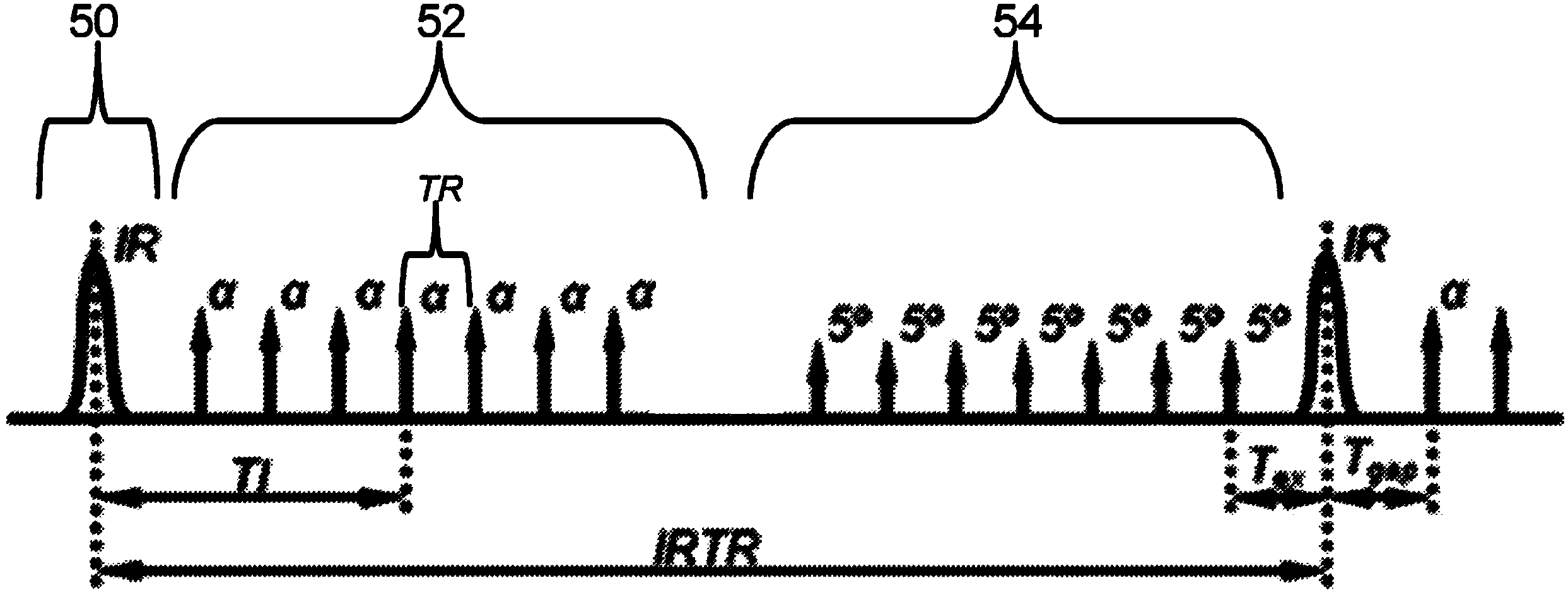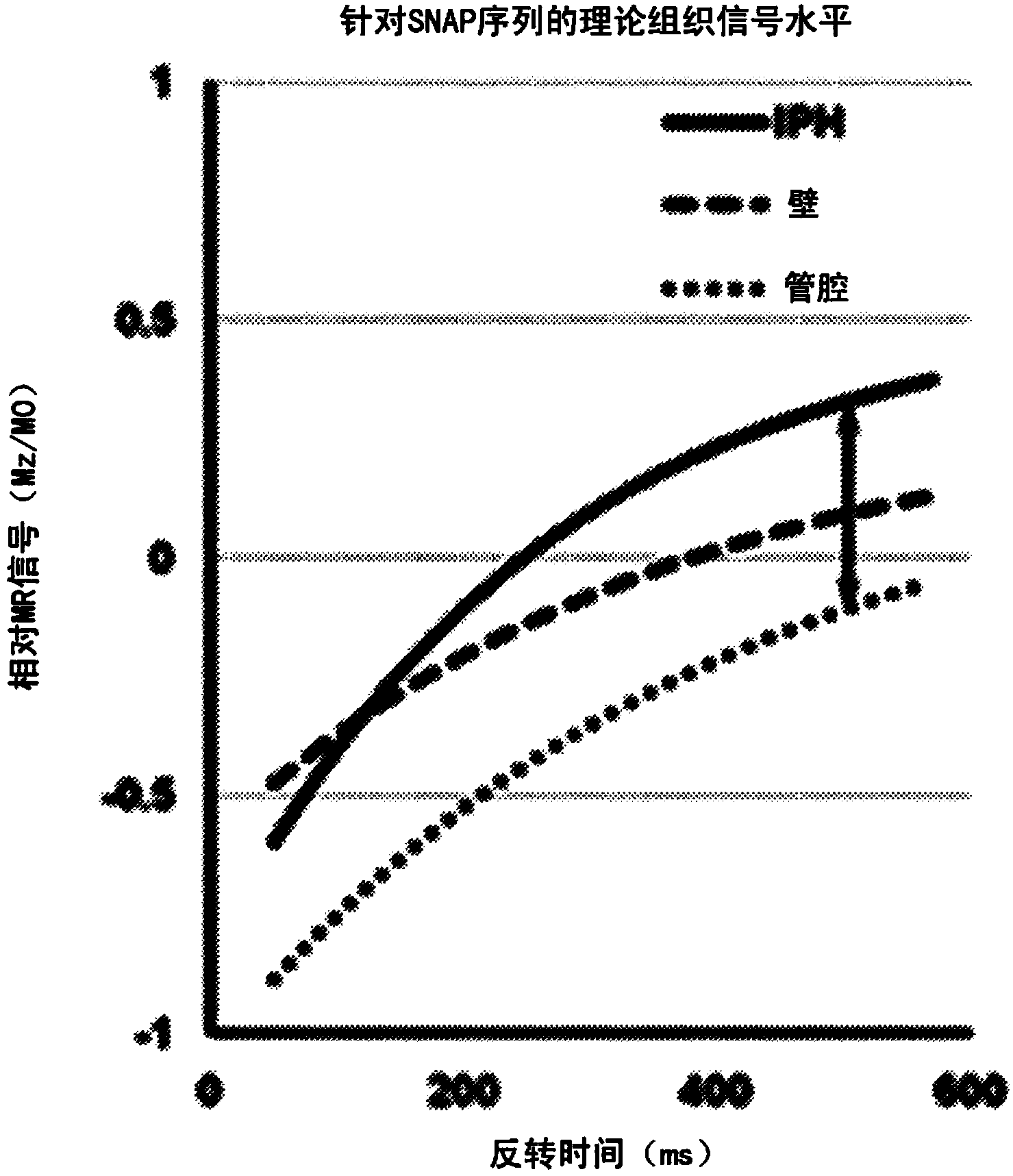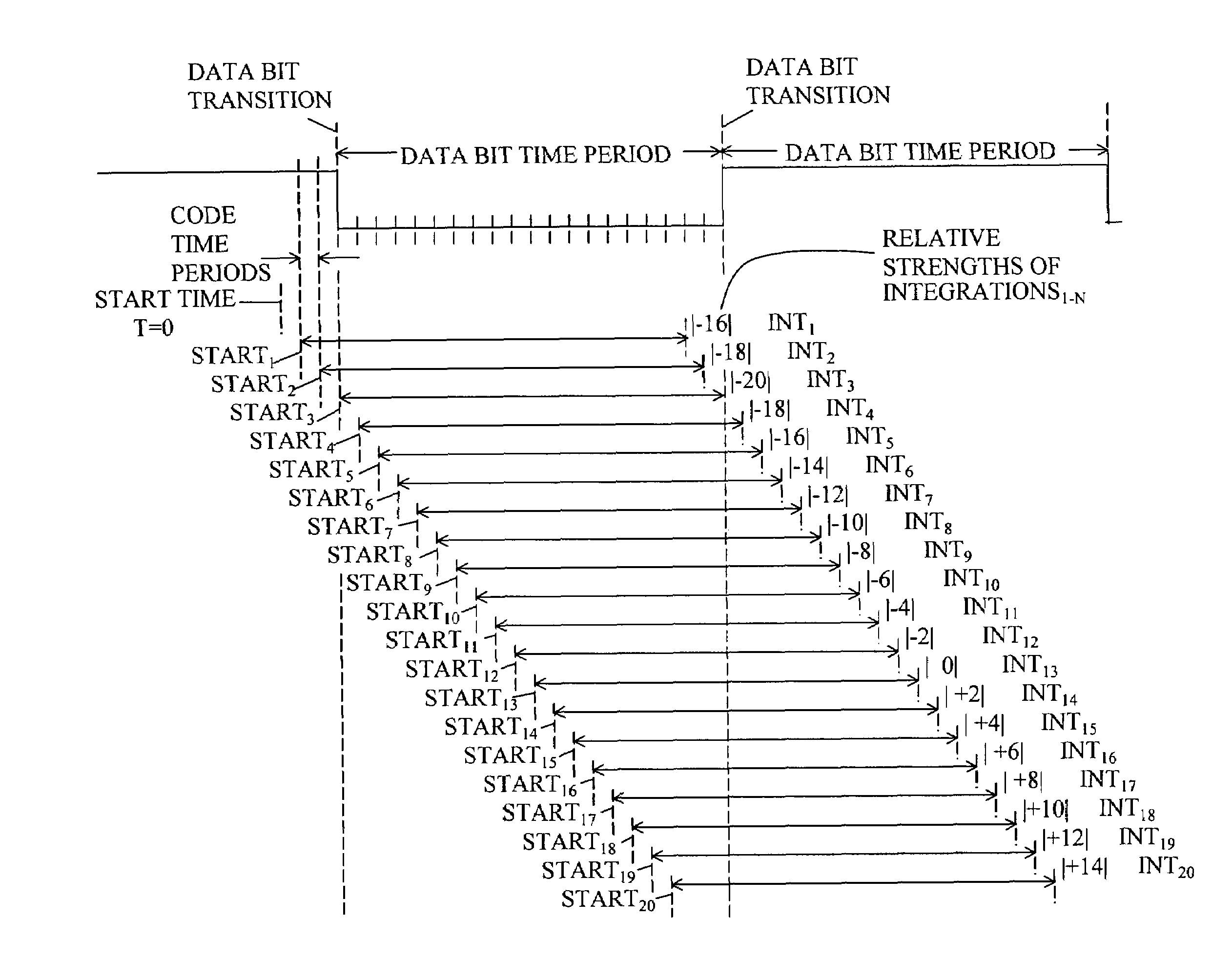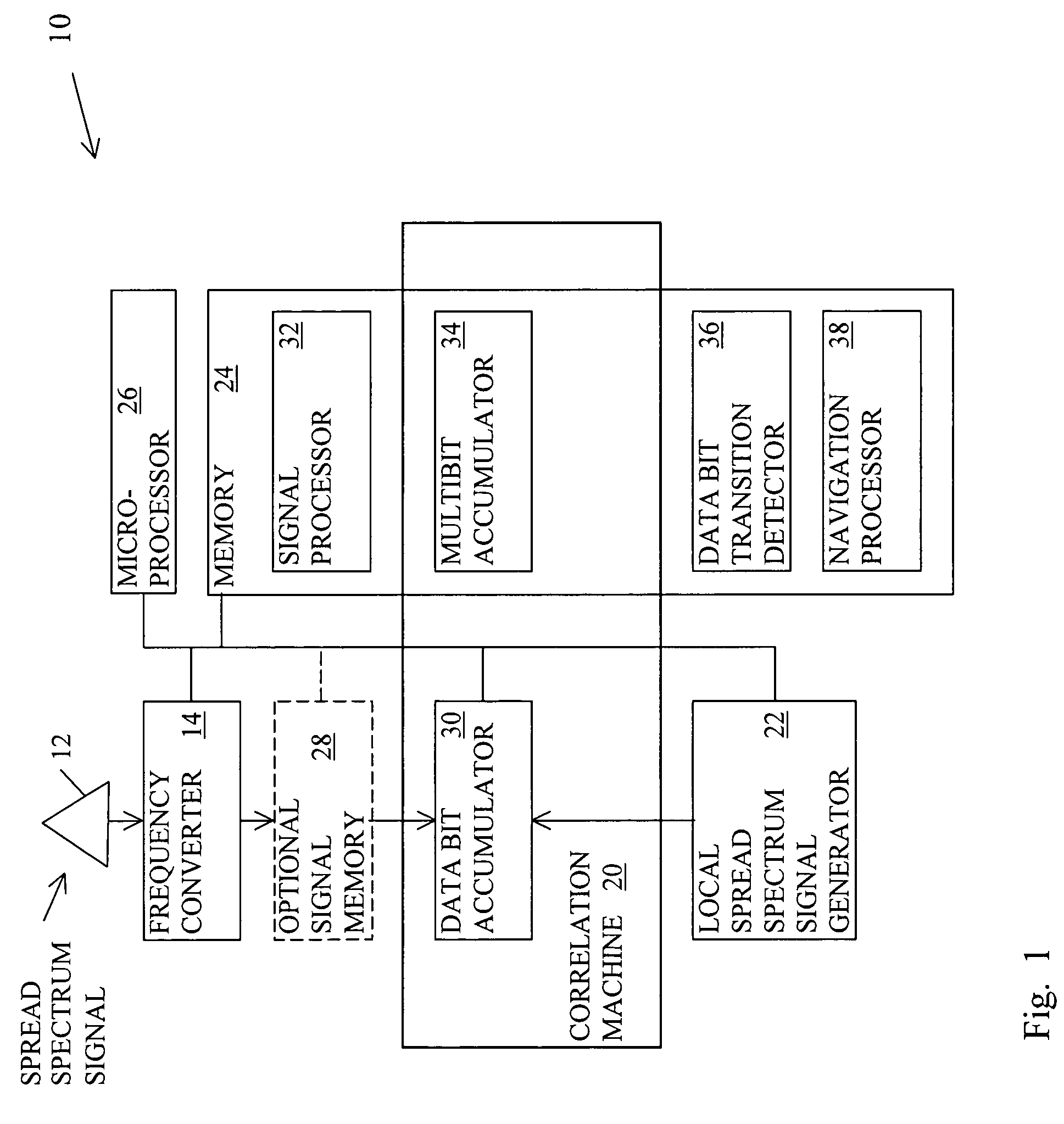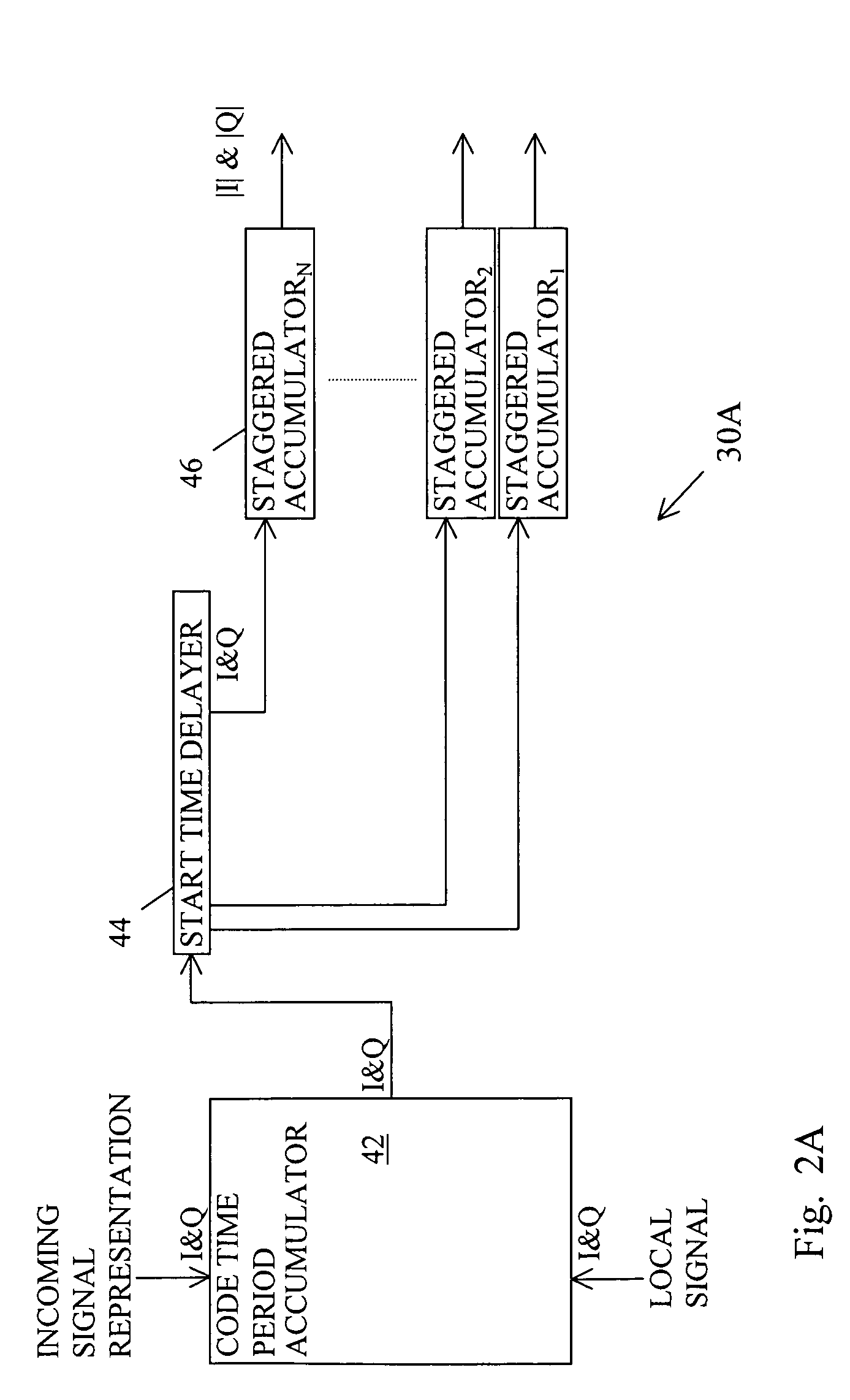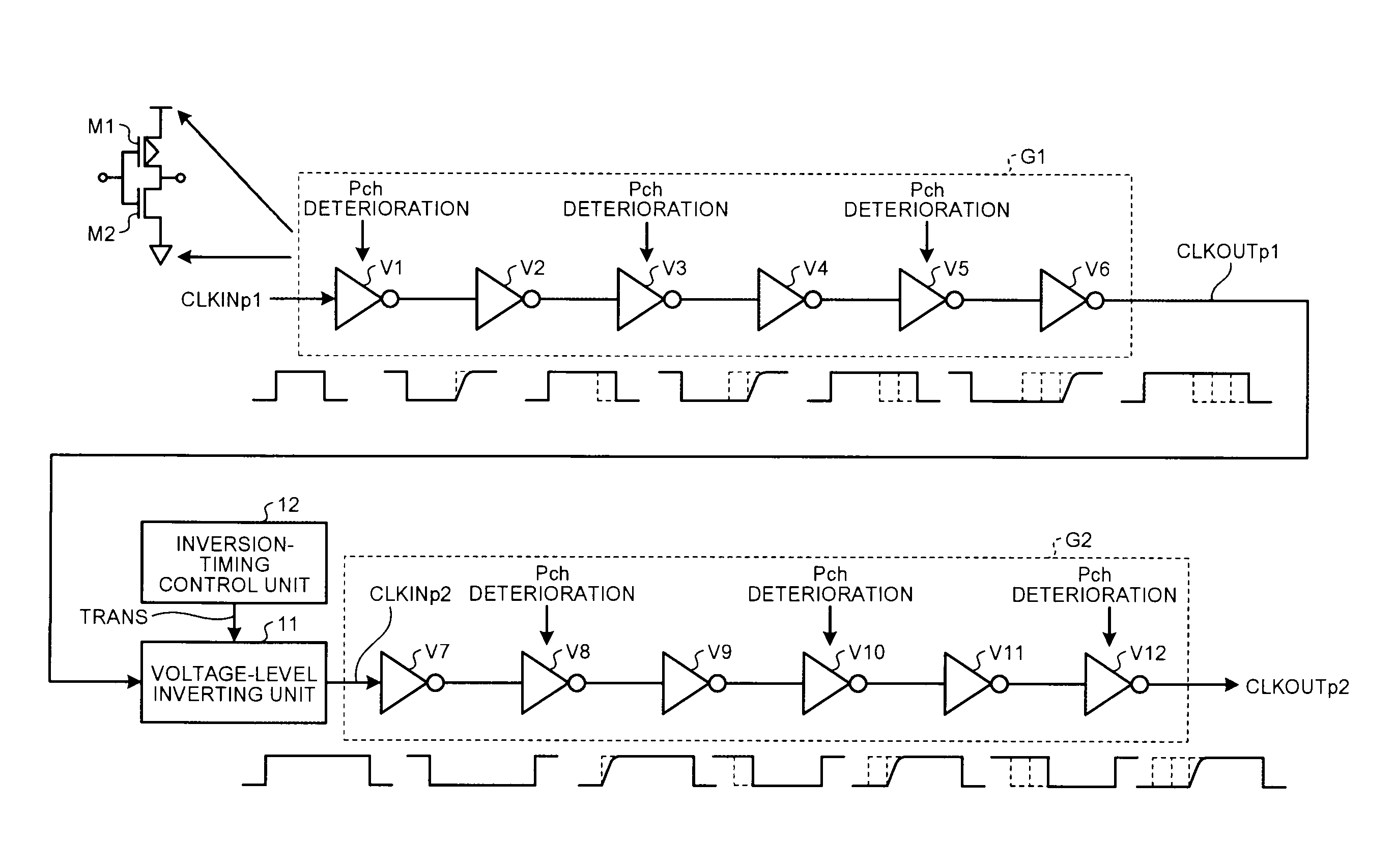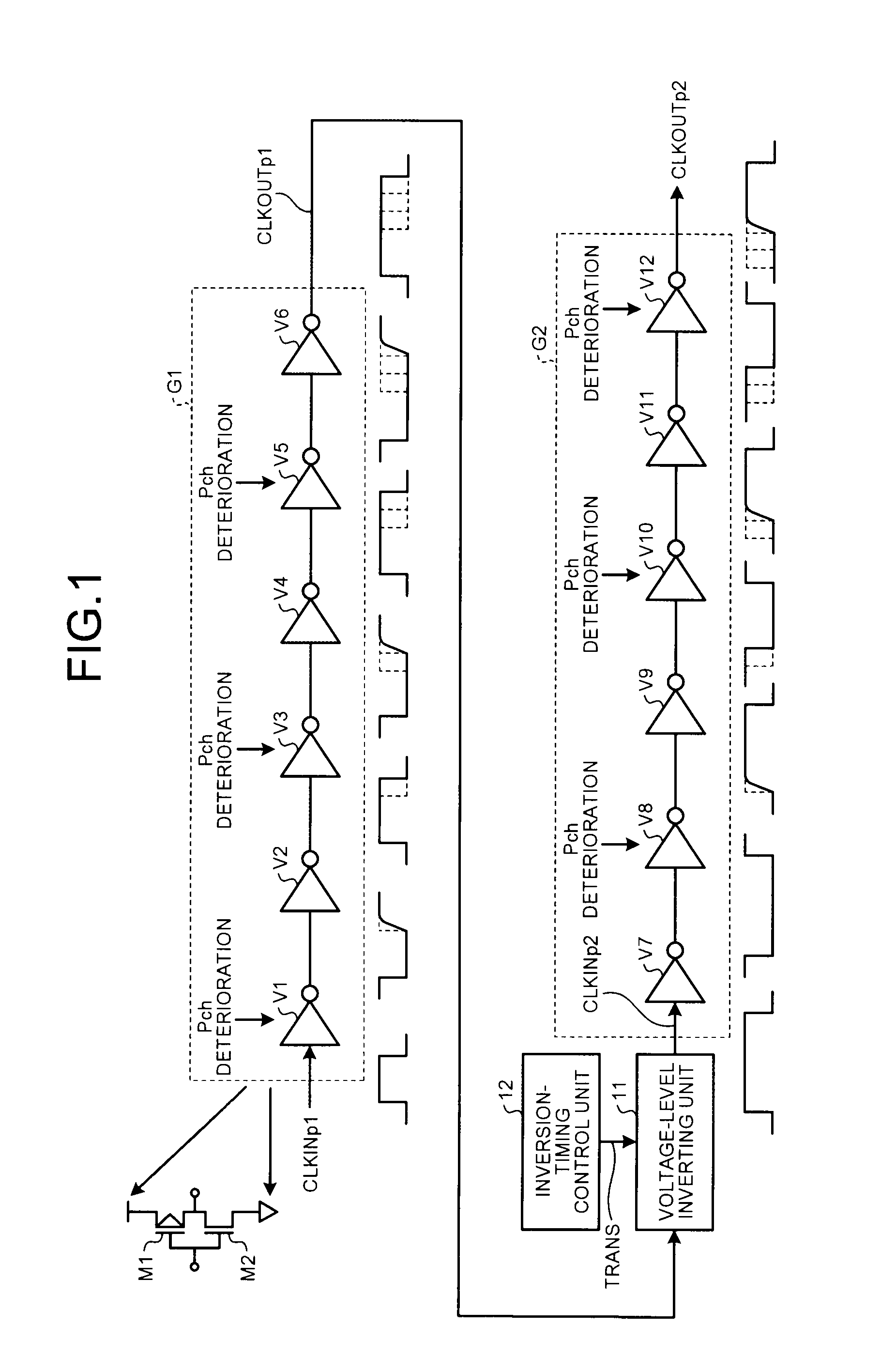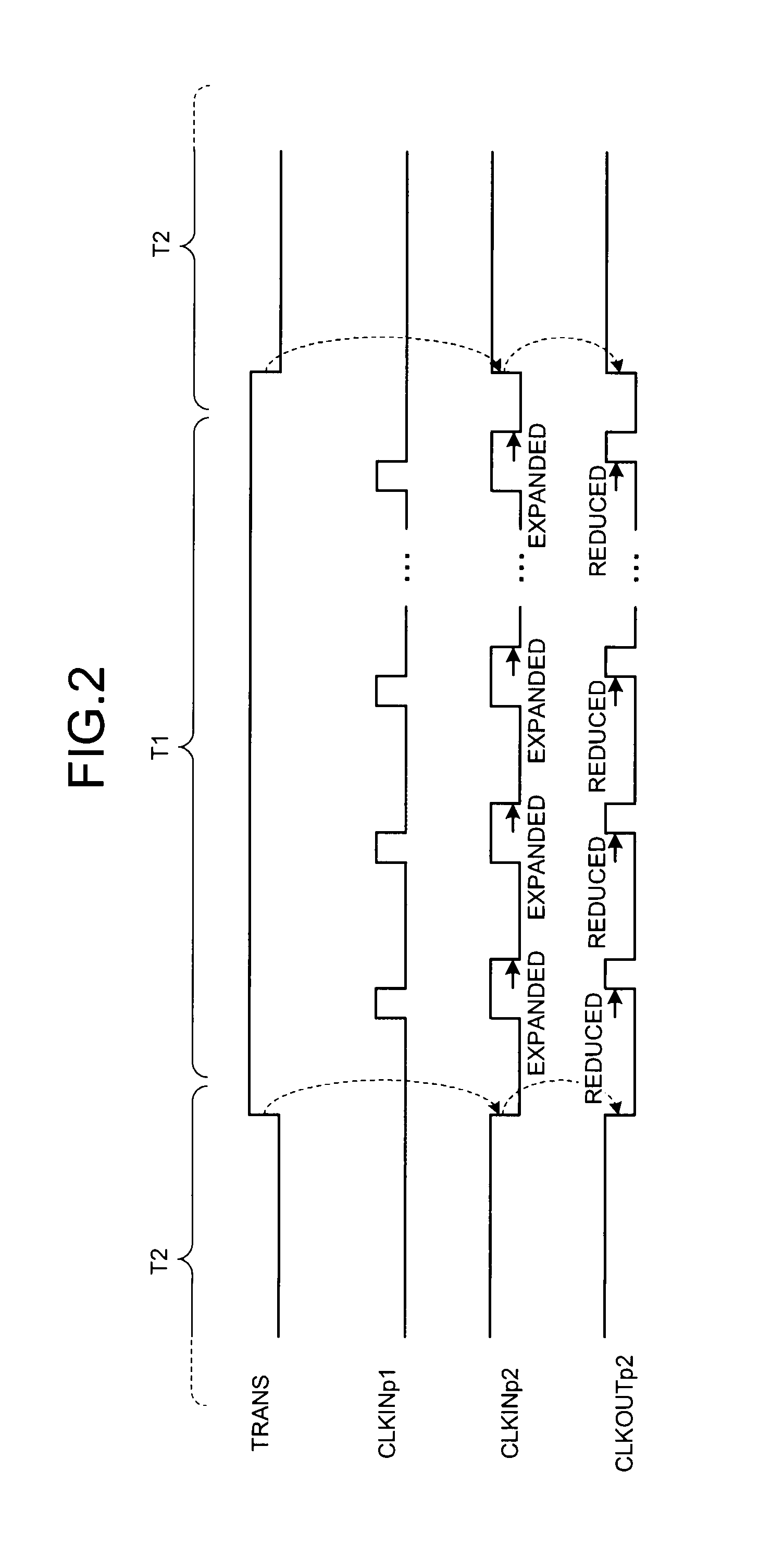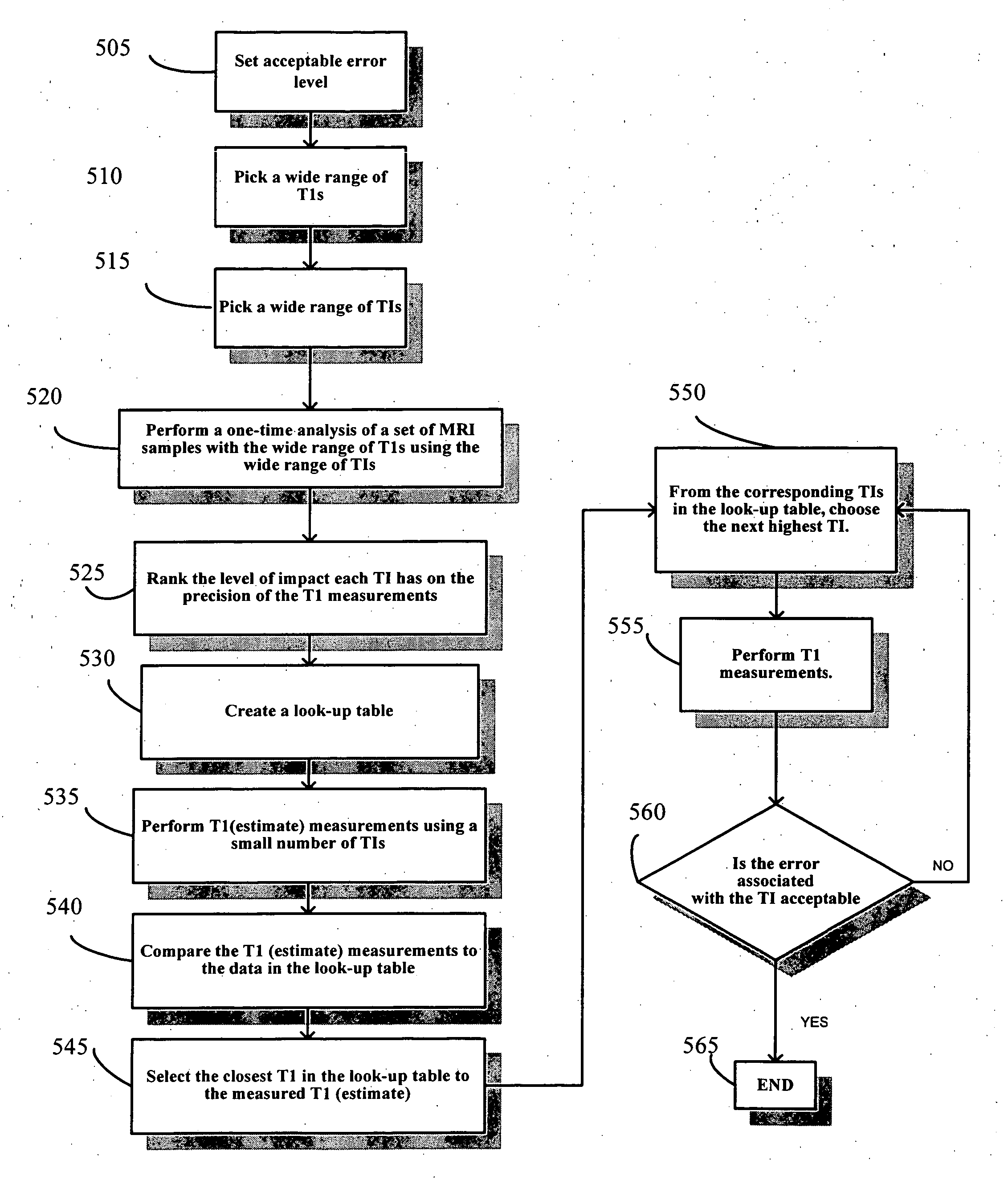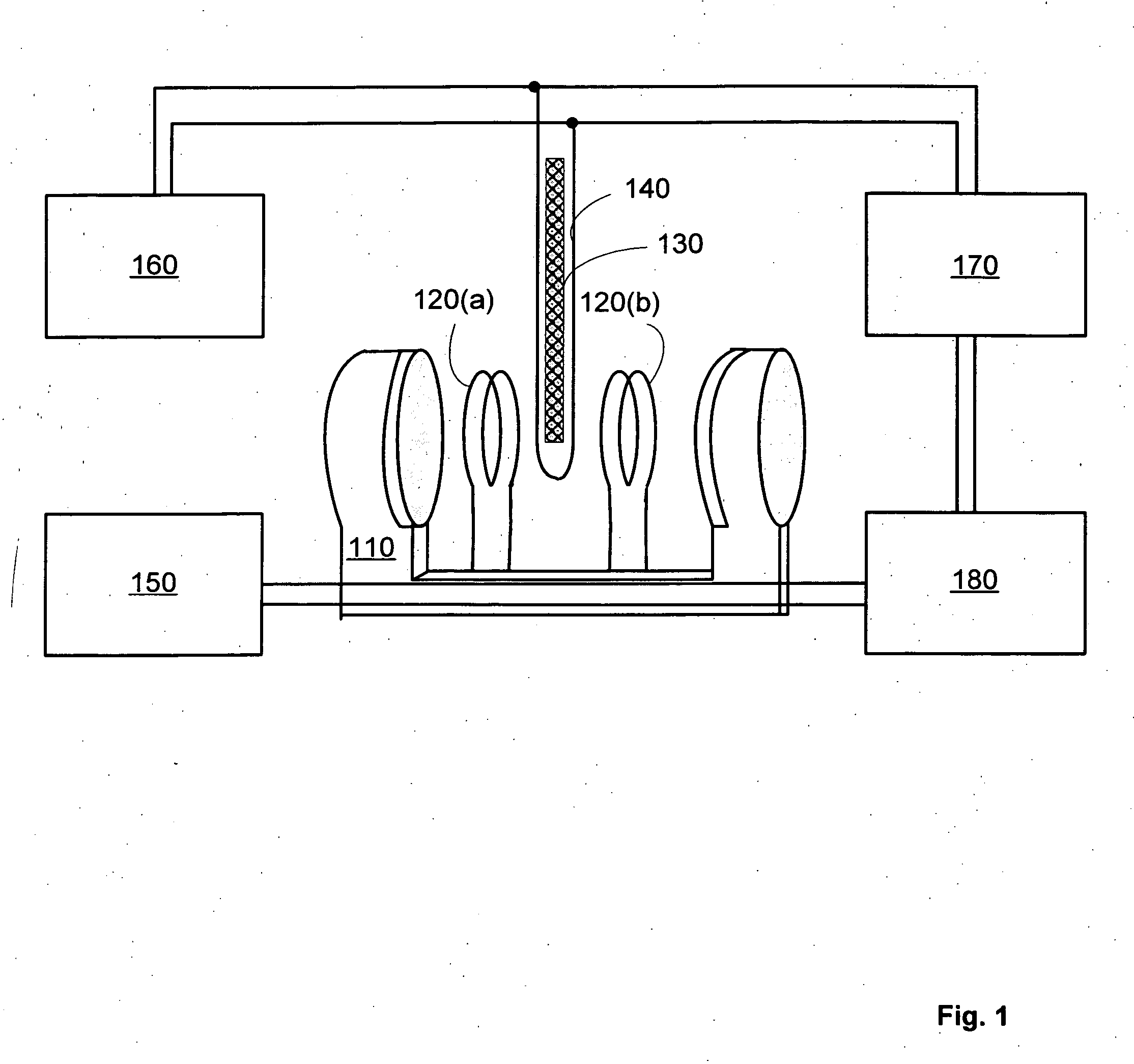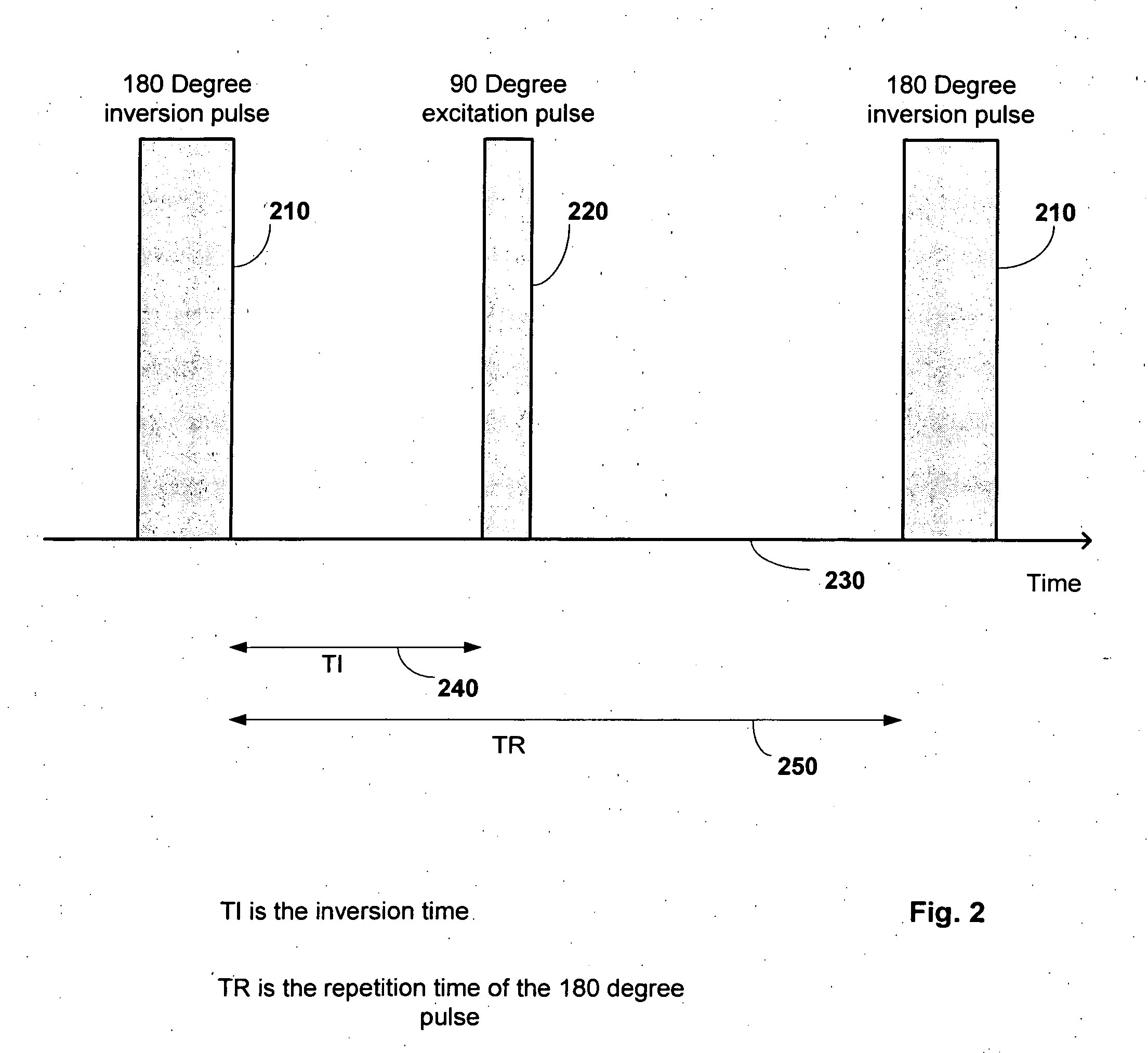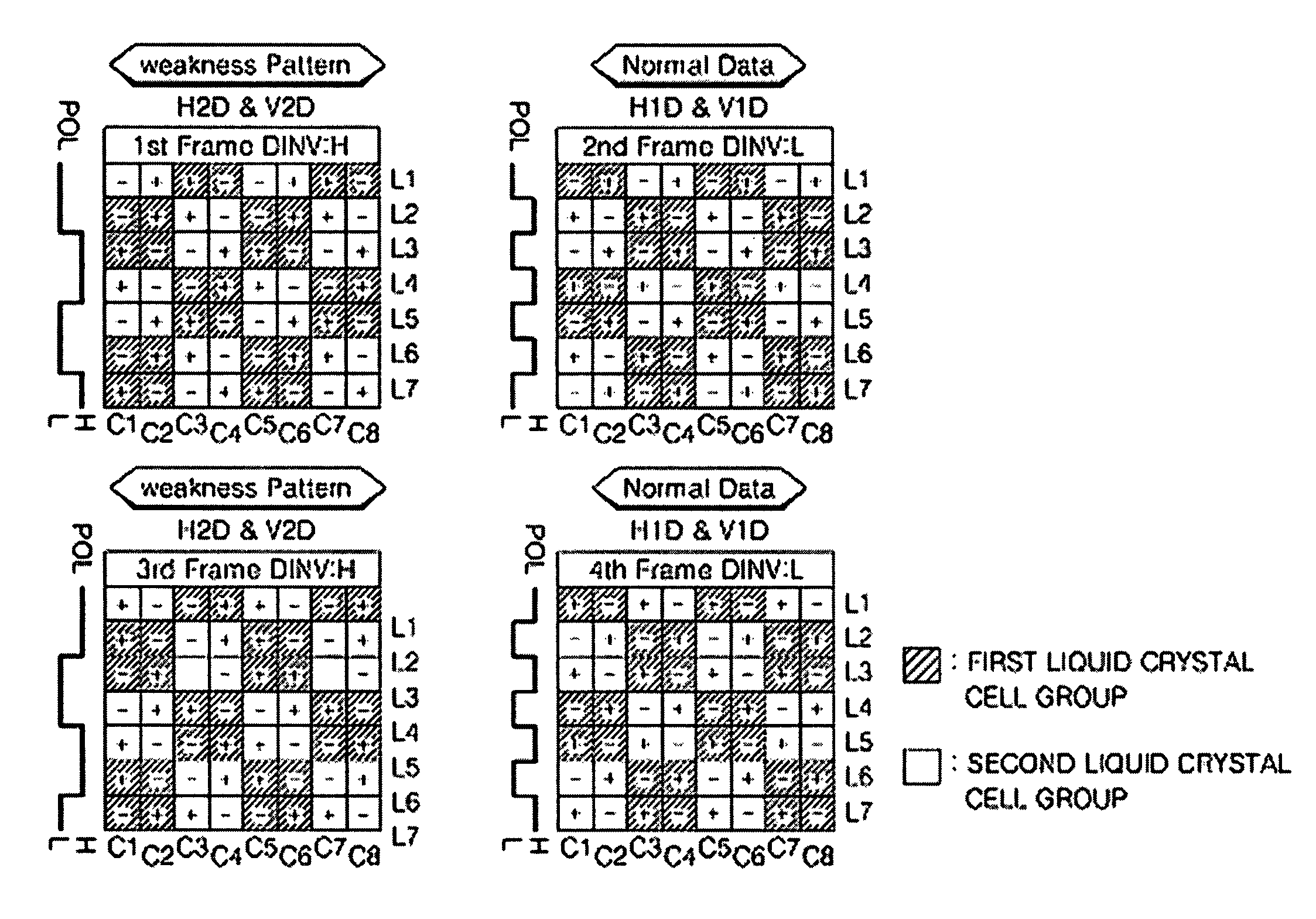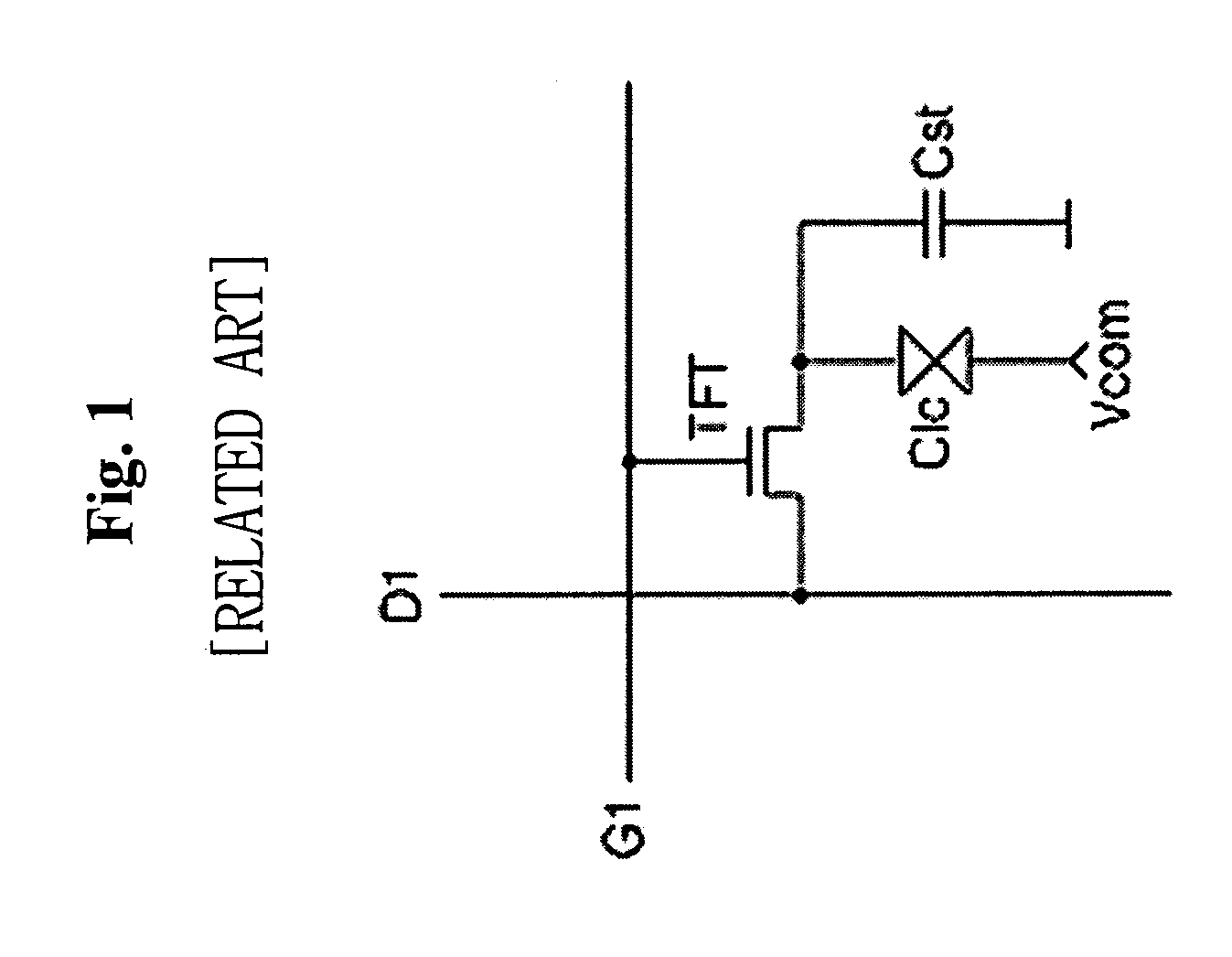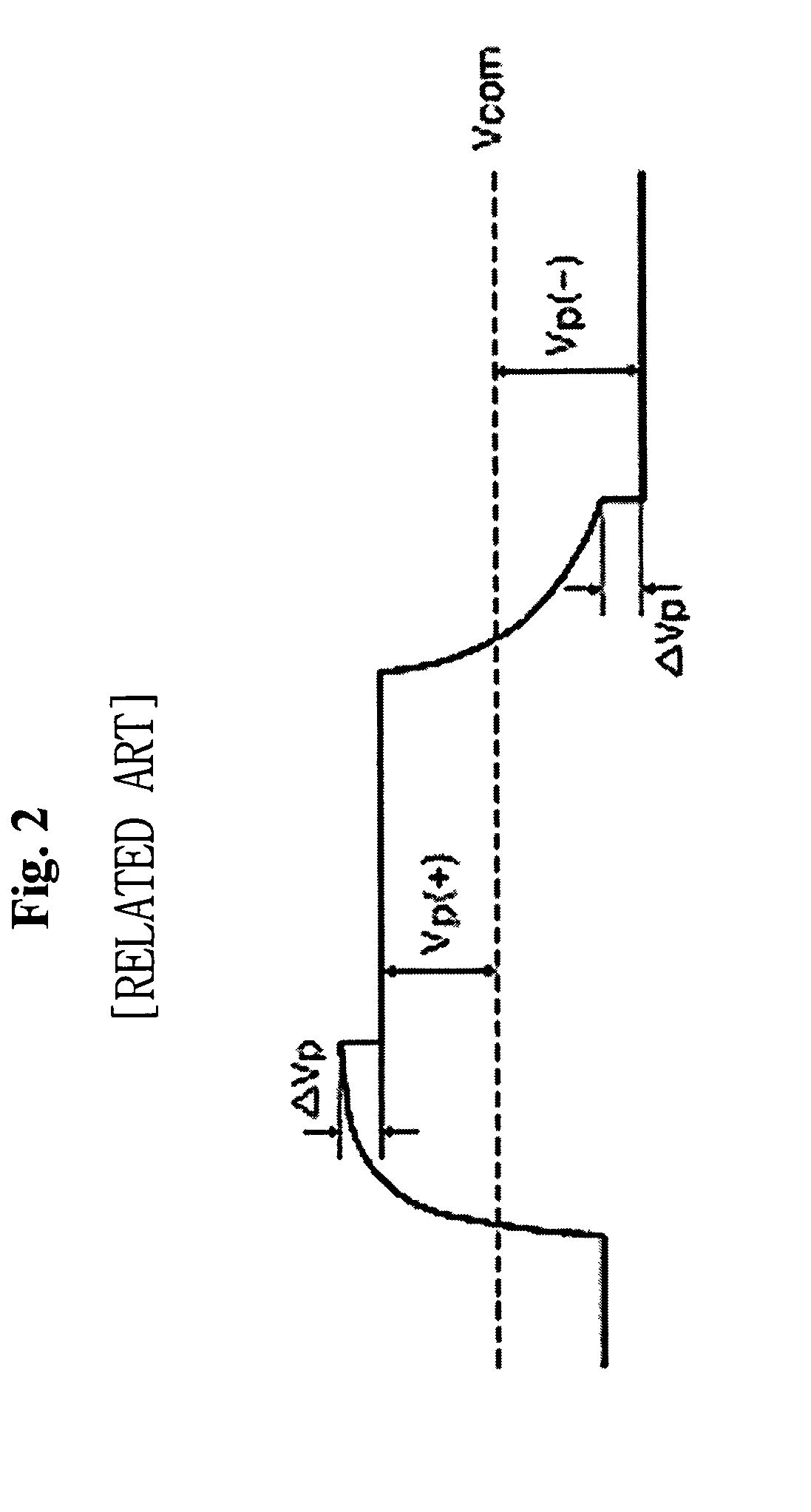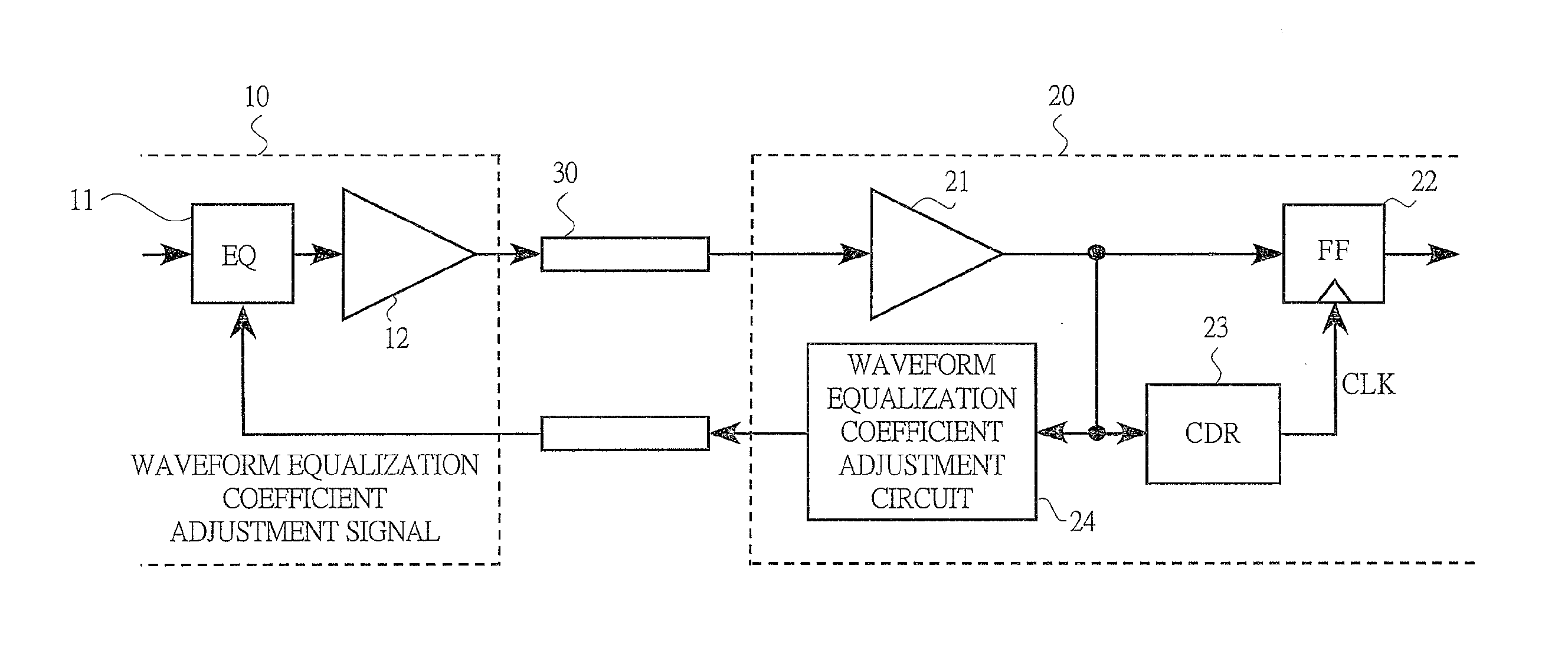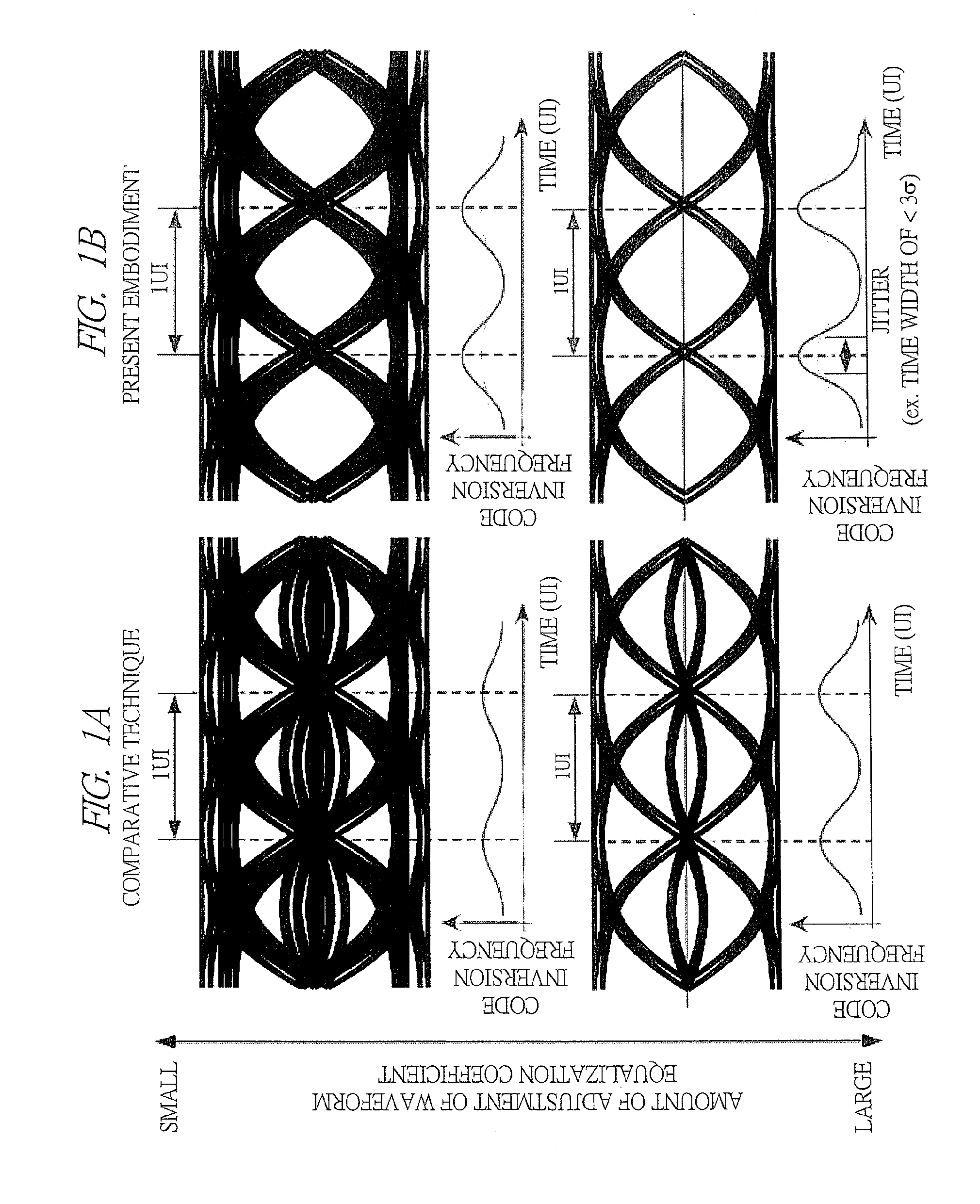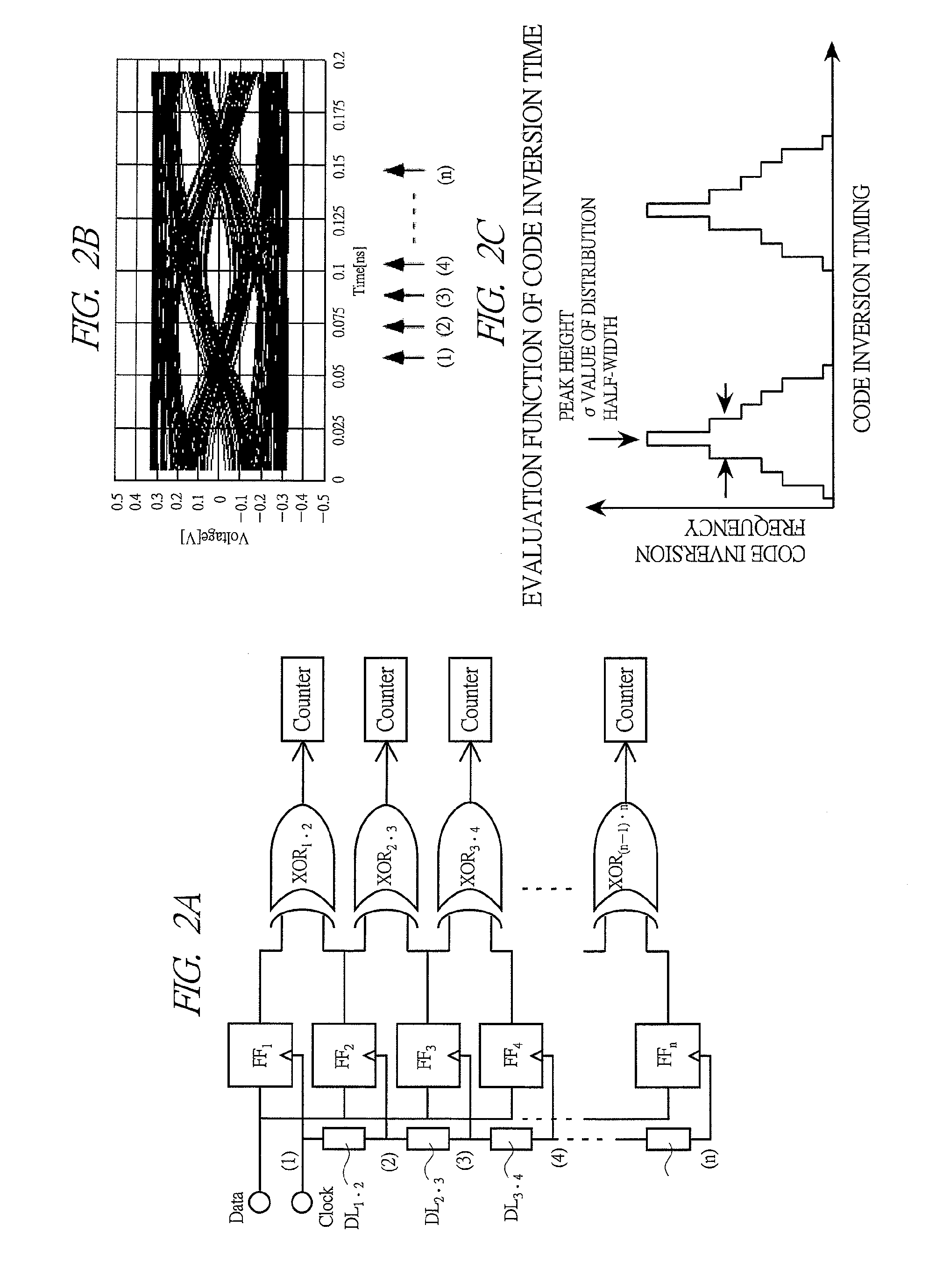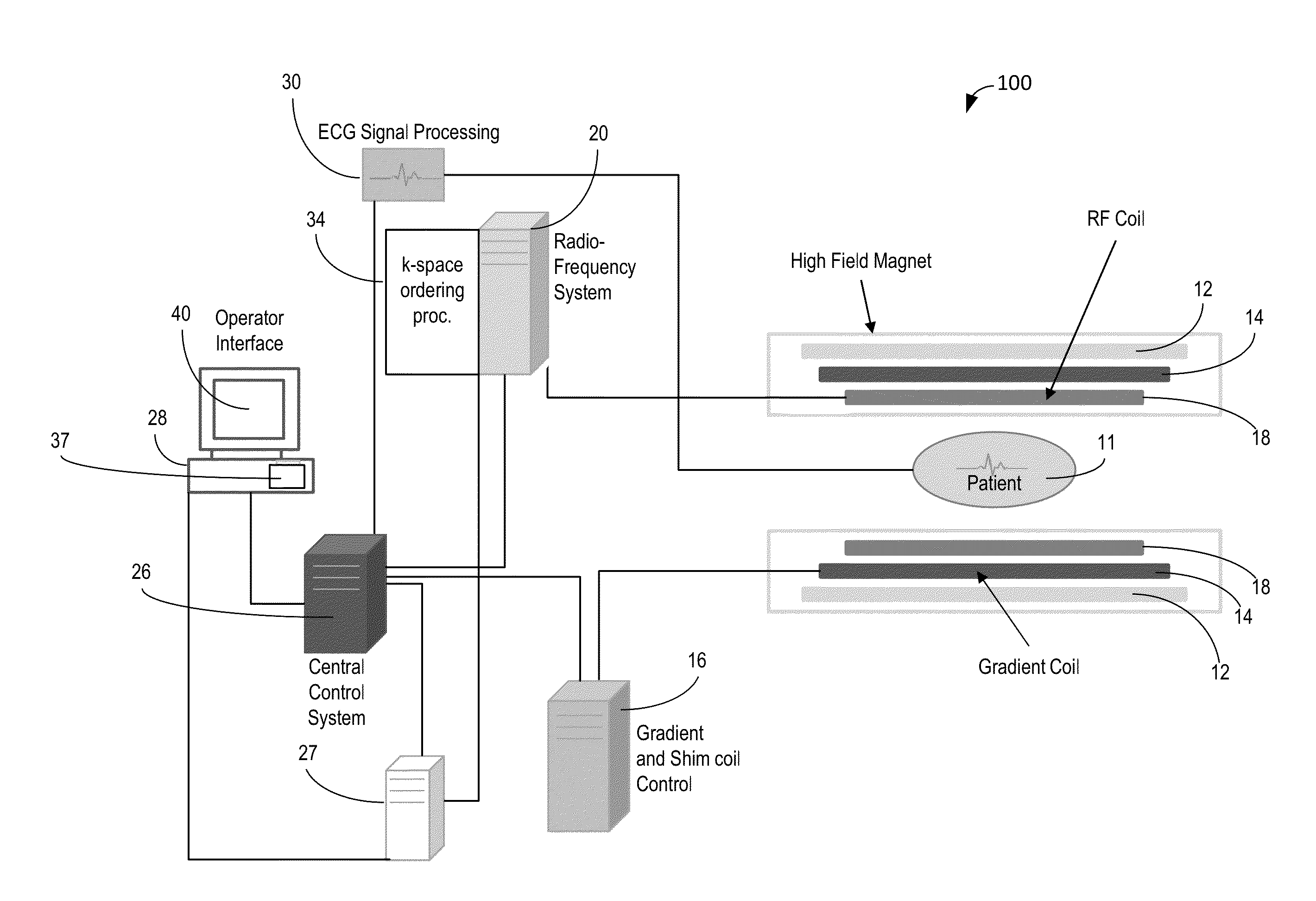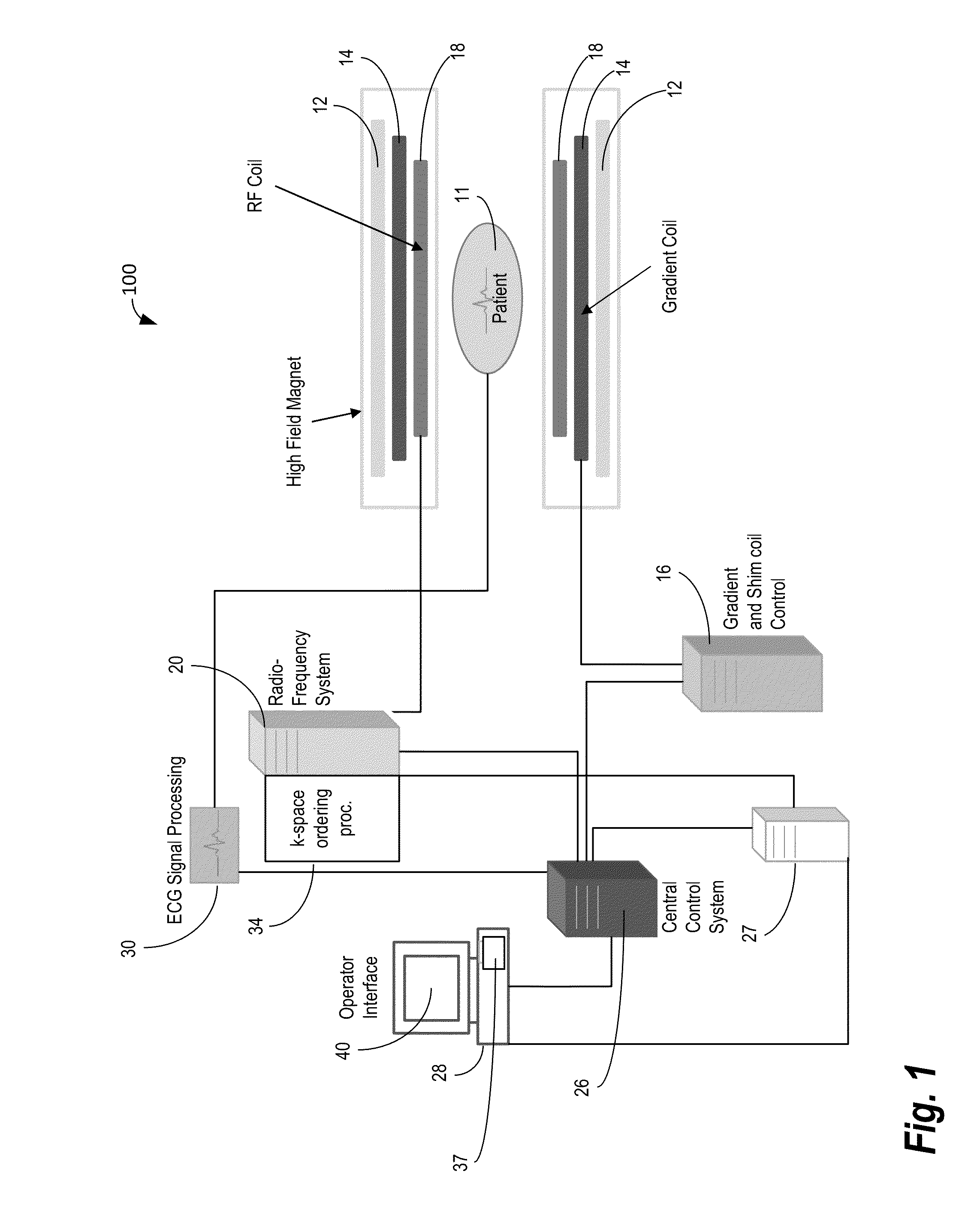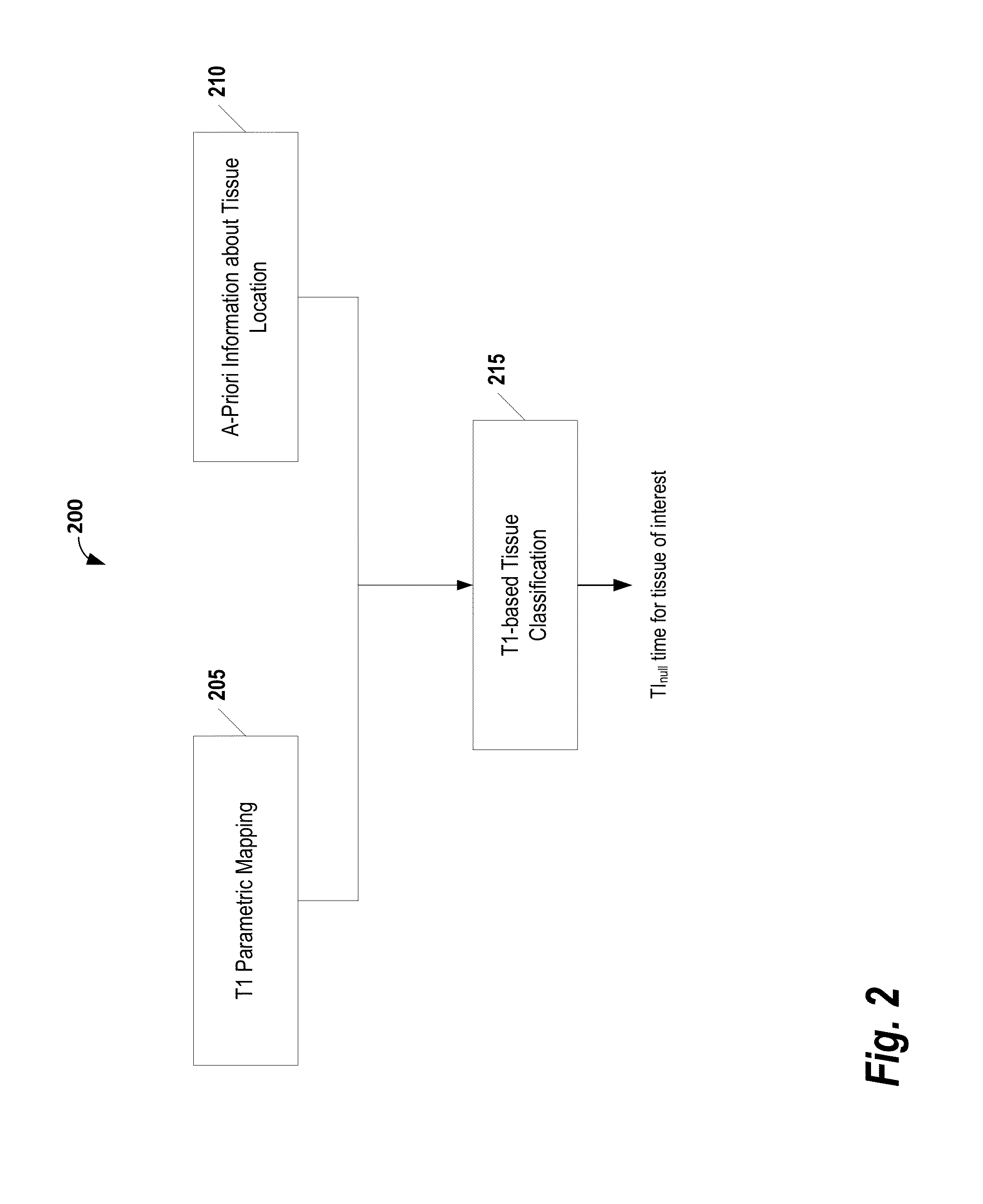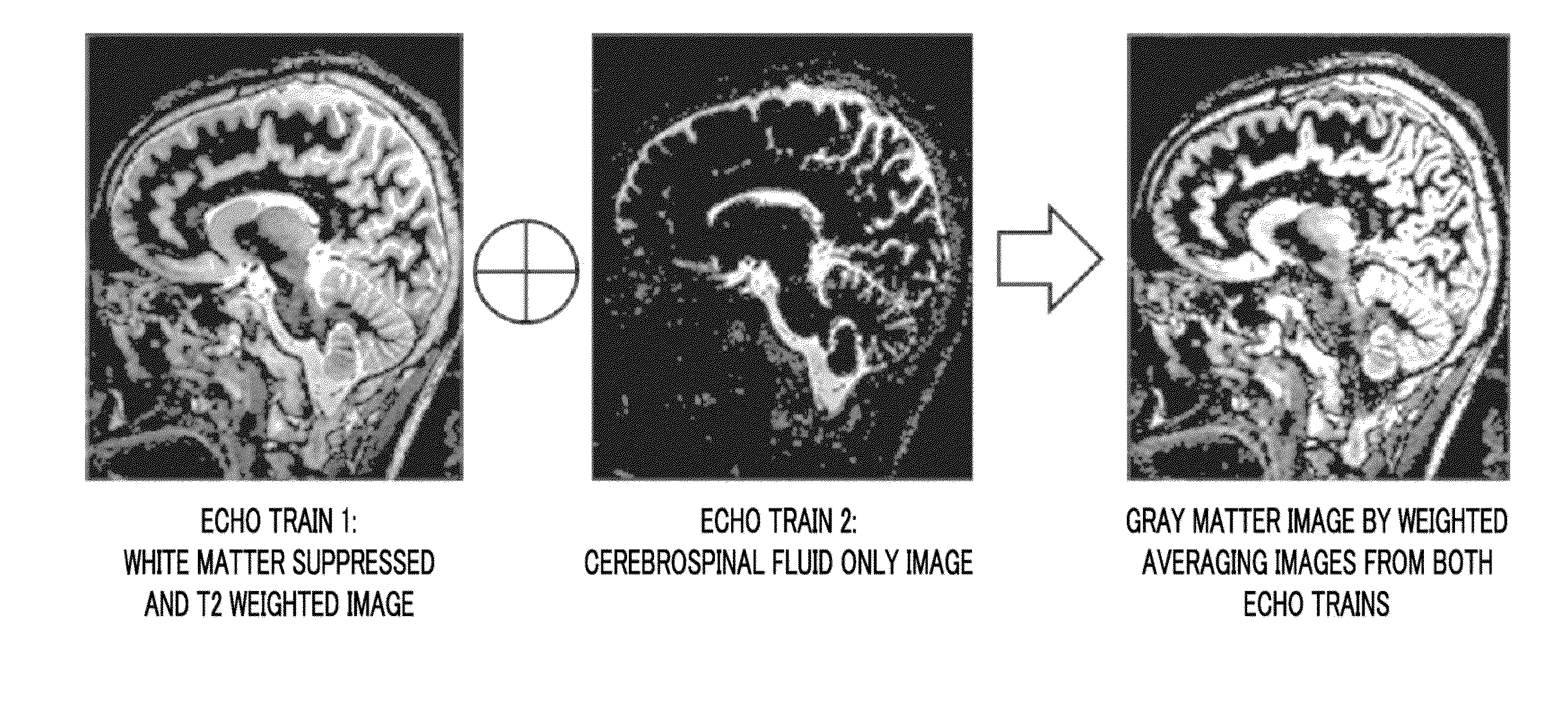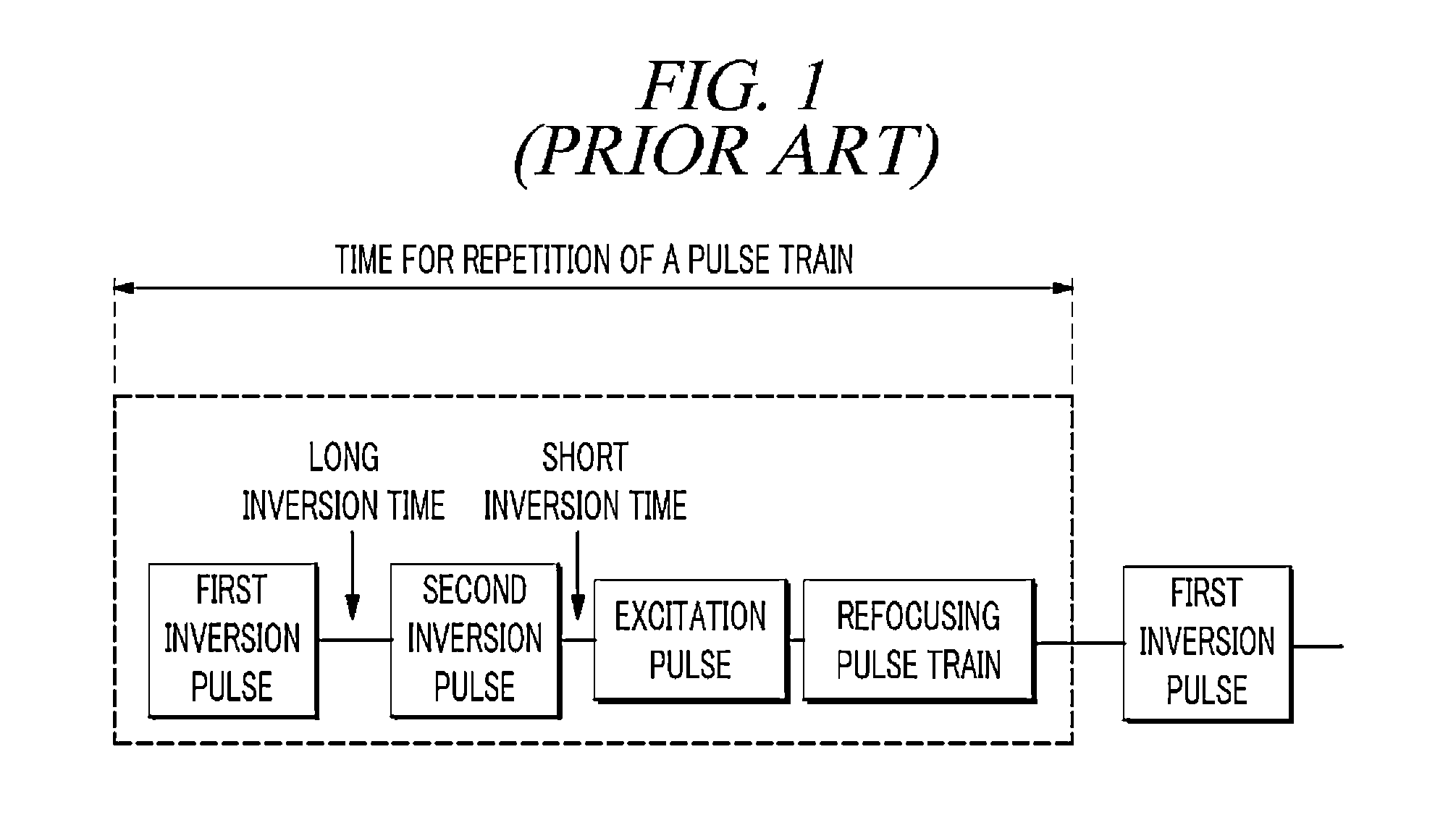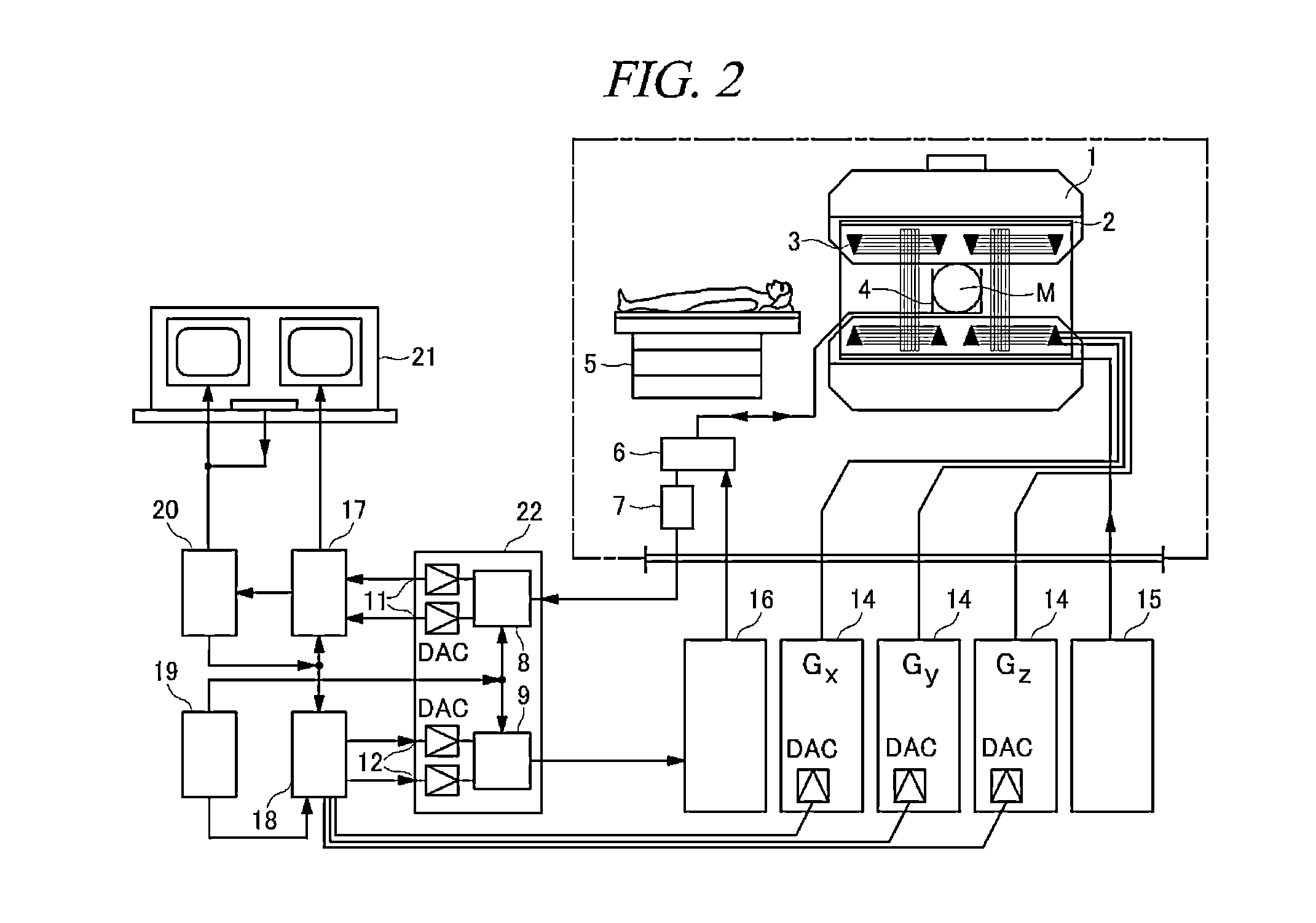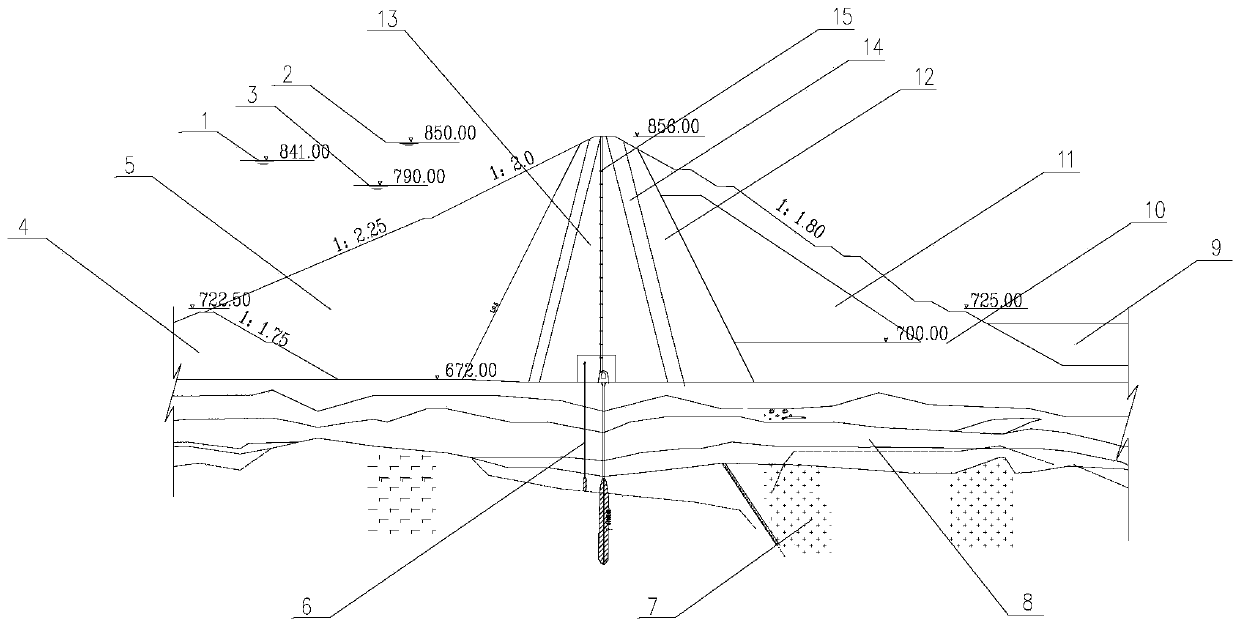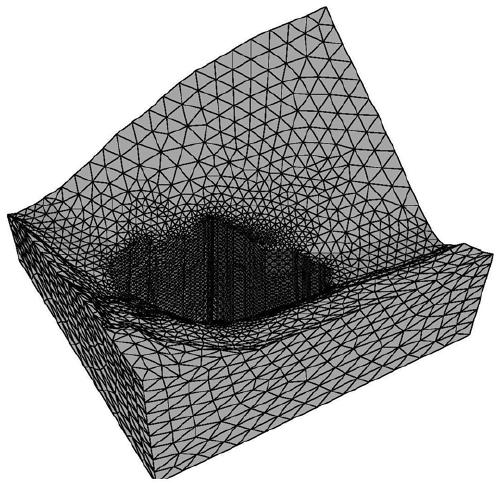Patents
Literature
120 results about "Inversion Time" patented technology
Efficacy Topic
Property
Owner
Technical Advancement
Application Domain
Technology Topic
Technology Field Word
Patent Country/Region
Patent Type
Patent Status
Application Year
Inventor
Magnetic resonance imaging apparatus and magnetic resonance imaging method
ActiveUS20080061780A1Easy to set upMagnetic measurementsDiagnostic recording/measuringTime rangeResonance
A magnetic resonance imaging apparatus includes an imaging unit which applies a labeling pulse to invert a spin included in a labeling region within part of a imaging region and then collects a echo signal from a time point when an inversion time has passed from the application of the labeling pulse, and a control unit, the control unit controlling the imaging unit so that the echo signal in the imaging region is collected a plurality of times with variations in the inversion time, the control unit also controlling the imaging unit so that a time ranging from a reference time point within a biological signal obtained from a subject to the application of the labeling pulse is a time determined in accordance with the inversion time.
Owner:TOKAI UNIV +1
Magnetic resonance imaging using preparation scan for optimizing pulse sequence
To optimize in advance an amount of a desired parameter incorporated in a pulse sequence performed by an imaging scan, a preparation scan is adopted. The preparation scan is performed with the amount of the desired parameter changed every preparatory image, so that data of a plurality of preparatory images at a desired region of the object can be acquired. For example, such parameter is a TI (inversion time) and its amount is a period of TI. The acquired data are produced into a plurality of preparatory images for display. A desired preparatory image is then selected from the plural preparatory images displayed, and the amount of the desired parameter given from the selected preparatory image is set to the pulse sequence. Hence the desired parameter of the pulse sequence is able to have an optimum amount before actual imaging.
Owner:KK TOSHIBA
Heart imaging with adaptive inversion time
InactiveUS20080242973A1Increase contrastLong period of timeElectrocardiographyMagnetic measurementsResonanceInversion Time
In a method for acquisition of magnetic resonance images of the heart, MR signals of the heart are acquired using an imaging sequence, wherein the magnetization is inverted by an RF inversion pulse before the acquisition of the MR signals; and of the heart activity is detected, and the point in time of the switching of the RF inversion pulse dependent on the detected heart activity.
Owner:SIEMENS HEALTHCARE GMBH
Configuration method and equipment of almost blank subframe
ActiveCN102045850AResolve ambiguitySolve the errorWireless communicationTime to effectInversion Time
The invention discloses a configuration method and equipment of an almost blank subframe. The method comprises: determining the initial subframe and / or effective time of the almost blank subframe by a base station; configuring the initial subframe and / or effective time of the almost blank subframe to user equipment. The invention solves the problem that the almost blank subframe period can not correspond because a system frame number inversion time point and the start point of the almost blank subframe period can not correspondingly generate a system frame number reserve tail.
Owner:DATANG MOBILE COMM EQUIP CO LTD
Microvascular blood volume magnetic resonance imaging
ActiveUS20050215881A1Diagnostic recording/measuringMeasurements using NMR imaging systemsMagnetic field gradientRed blood cell
A magnetic resonance imaging system includes a magnetic resonance imaging scanner (10) that performs an inversion recovery magnetic resonance excitation sequence (70) having a blood-nulling inversion time (60) determined based on a blood T1 value appropriate for a selected magnetic field and blood hematocrit, whereby magnetic resonance of blood is substantially nulled. The inversion recovery excitation sequence (70) includes an inversion radio frequency pulse (74) applied with a small or zero slice-selective magnetic field gradient pulse to avoid inflow effects, and an excitation radio frequency pulse (80). The inversion pulse (74) and excitation pulse (80) are separated by the inversion time (60). The magnetic resonance imaging scanner (10) subsequently performs a readout magnetic resonance sequence (72) or spectroscopy sequence to acquire a magnetic resonance signal from tissue other than the nulled blood. A reconstruction processor (44) generates a reconstructed image from the acquired magnetic resonance signal.
Owner:KENNEDY KRIEGER INST
Apparatus and Method of Non-Contrast Magnetic Resonance Angiography of Abdominal and Pelvic Arteries
InactiveUS20120296199A1FocusMagnetic measurementsDiagnostic recording/measuringInversion TimeArtery organ
Exemplary method and apparatus can be provided for generating information regarding at least one tissue. Using such exemplary method and apparatus, it is possible to generate a plurality of inversion recovery (IR) radio frequency (RF) pulses that are configured to establish an identifier of an element associated with at least one portion of the tissue(s). It is also possible to determine an inversion time associated with at least one of the RF pulses. Further, it is possible to generate, e.g., with a computing arrangement, the information regarding the tissue(s) based on the inversion time.
Owner:NEW YORK UNIV
Method for determining data bit transitions for a low level spread spectrum signal
Apparatus and methods for determining the timing of the data bit transitions. “N” assumptions of data bit transitions are used for determining N integrations of an incoming spread signal for data bit time periods where N is the data bit time period divided by the code time period. In a first variation, the N assumptions use N start times separated by code time periods. In a second variation, the N assumptions use N sign inversion times separated by code time periods. In either variation the unsigned values of the N integrations, respectively, may be combined for several data bit time periods. The assumed transition timing that results in the strongest of the N integrations is indicative of the timing of the data bit transitions.
Owner:TRIMBLE NAVIGATION LTD
One-dimensional joint inversion method for time-frequency electromagnetic data and magnetotelluric data
ActiveCN104280782AElectric/magnetic detectionAcoustic wave reradiationImage resolutionInversion Time
The invention discloses a one-dimensional joint inversion method for time-frequency electromagnetic data and magnetotelluric data. The transmitting frequency of the joint inversion time-frequency electromagnetism ranges from 0.025 Hz to 100 Hz, the frequency of the magnetotelluric sounding ranges from 0.0005 Hz to 320 Hz, the distances between all time-frequency electromagnetic measuring points and all magnetotelluric measuring points are calculated, the nearest magnetotelluric measuring point is obtained, data of the magnetotelluric measuring point are extracted, a joint inversion Jacobian partial derivative matrix of the time-frequency electromagnetism and the magnetotelluric sounding is calculated, a target function is calculated according to the regularization inversion principle, the target function is minimized through the conjugate gradient iterative algorithm, and when the fitting error of the target function reaches the set error standard or the iterations exceed the set maximum iteration number, the joint inversion is finished. According to the one-dimensional joint inversion method, the underground dielectric resistivity distribution below a measuring line can be obtained, the interpretation requirements for structures, faults and entrapments can be met, and the joint inversion result shows that the resolution from shallow to deep is higher than the resolution of the inversion result obtained by independently using time-frequency electromagnetic data.
Owner:BC P INC CHINA NAT PETROLEUM CORP +1
Liquid crystal display and driving method thereof
ActiveUS20090002301A1Reduce heat consumptionLow heat generationCathode-ray tube indicatorsNon-linear opticsDigital videoControl signal
A liquid crystal display includes a liquid crystal display panel having a plurality of data lines, a plurality of gate lines, and a plurality of liquid crystal cells, a timing controller to determine gray levels of input digital video data and a time at which a polarity of a data voltage to be supplied to the data lines is inverted and generate a dynamic charge share control signal to indicate a time at which the gray level of the data voltage is changed from a white gray level to a black gray level and a time at which the polarity of the data voltage is inverted, and to detect weakness patterns in which the data of the white gray level and the black gray level are regularly arranged in the input digital video data and generate a dot inversion control signal for widening a horizontal polarity inversion time of data voltages to be supplied to the data lines when the weakness patterns are input, a data driving circuit to convert the digital video data from the timing controller into the data voltage, change the polarity of the data voltage, supply any one of a common voltage and a charge share voltage between a positive data voltage and a negative data voltage to the data lines in response to the dynamic charge share control signal, and widen the horizontal polarity inversion time of the data voltages in response to the dot inversion control signal, and a gate driving circuit to sequentially supply a scan pulse to the gate lines under the control of the timing controller, wherein the liquid crystal display panel includes first and second liquid crystal cell groups whose polarity is inverted every 2 frame periods, and a polarity inversion time of the first liquid crystal cell group and a polarity inversion time of the second liquid crystal cell group overlap.
Owner:LG DISPLAY CO LTD
Multi-slice double inversion-recovery black-blood imaging with simultaneous slice re-inversion
ActiveUS7315756B2Enabling visual evaluationClearly visibleDiagnostic recording/measuringSensorsBlack bloodMulti slice
A multi-slice double inversion recovery (DIR) pulse sequence with read out of a signal for imaging successive slices implemented on a magnetic resonance image scanner. In the method, when the DIR pulse sequence is applied before imaging each slice, a slab-selective inversion re-inverts the entire slab that includes all of the slices. All slices are imaged within a predefined repetition time (TR). The number, N, of slices acquired per TR controls the inversion time to execute the read out of the signal for imaging each slice at a zero-crossing point of blood. In a test, multi-slice DIR images of carotid arteries were obtained with N ranging from 2-8, for four subjects. The results were compared with those for both standard single-slice DIR, and inflow saturation techniques. Multi-slice DIR with N=2-6 provided blood flow suppression in carotid arteries similar to that of single-slice DIR, and significantly better than inflow saturation.
Owner:UNIV OF WASHINGTON
Discharge lamp lighting device, control method thereof, and projector
ActiveUS20090231553A1Suppress noiseIncrease the differenceElectrical apparatusProjectorsDc currentEffect light
A discharge lamp lighting device includes: a power control circuit outputting DC current; an AC conversion circuit being supplied with the DC current and generating and outputting discharge-lamp driving AC current by inverting the polarity of the DC current at a predetermined time; and a control unit performing a duty ratio control process of controlling a duty ratio on the basis of a polarity inversion time of the discharge-lamp driving AC current on the AC conversion circuit and performing an interval current control process of controlling a current value of the DC current every polarity inversion time interval on the power control circuit. Here, the control unit performs the interval current control process so as to control a difference between an average value and a maximum value of the DC current of each polarity inversion time interval on the basis of a difference between the duty ratio and a predetermined reference duty ratio.
Owner:ASSIGNEE NAME SEIKO EPSON
Magnetic resonance imaging apparatus and magnetic resonance imaging method
ActiveUS20090309592A1Short timeEasy to measureVolume/mass flow by electric/magnetic effectsMagnetic property measurementsResonanceInversion Time
A magnetic resonance imaging apparatus includes a fluid image data acquisition unit and a flow velocity measuring unit. The a fluid image data acquisition unit acquires fluid image data, corresponding to mutually different inversion times, by imaging with applying at least three inversion recovery pulses having the inversion times. The flow velocity measuring unit obtains a flow velocity of fluid based on time variation of a signal intensity depending on the inversion times at each of plural positions and a distance between the plural positions.
Owner:TOSHIBA MEDICAL SYST CORP
Inversion method of pipeline defect depth based on convolution neural network
ActiveCN106950276AFew parametersShorten the timeMaterial magnetic variablesInversion TimeNetwork model
The invention provides an inversion method of a pipeline defect depth based on a convolution neural network. The method comprises the following steps: 1, randomly generating a pipeline defect profile: generating an n group pipeline defect depth matrix, and obtaining the axial magnetic flux leakage signal of the n group pipeline defect profile based on magnetic dipole model simulation; 2, obtaining a practically measured k group pipeline defect depth matrix, and measuring the corresponding axial magnetic flux leakage signal by using a magnetic field sensor; 3, constructing a convolution neural network model, and training the convolution neural network model by using the axial magnetic flux leakage signal of the simulated pipeline defect profile and the measured axial magnetic flux leakage signal of the practically measured pipeline defect profile to obtain a final convolution neural network model; and 4, preprocessing the axial magnetic flux leakage signal of a pipeline defect with an unknown depth, and inputting the final convolution neural network model in order to obtain the depth predication value of the pipeline defect with the unknown depth. The method effectively reduces the parameters needed by network training, and shortens the defect inversion time.
Owner:NORTHEASTERN UNIV
Analysis reentry guidance method considering restraint of multiple no-fly zones
ActiveCN108387140AEliminate heading errorImprove planning efficiencyAiming meansDesign optimisation/simulationNo-fly zoneIteration planning
The invention discloses an analysis reentry guidance method considering the restraint of multiple no-fly zones. To overcome the influences from earth rotation, conventional aerodynamic force and inertia force caused by earth rotation are combined into equivalent aerodynamic force. Then, the longitudinal range analytical solution is utilized for planning the equivalent longitudinal lift-drag ratioprofile, and accordingly, the longitudinal range and energy management requirements are met; the transverse range analytical solution is utilized for planning the equivalent transverse lift-drag ratioprofile meeting the no-fly zone restraint and transverse range requirements. An inverted point gradual increasing type analysis iteration planning strategy is designed and comprises a plurality of analysis methods which are used for solving the flight track point, closest to the no-fly zones, on the track, adjusting existing inverted points for avoiding the no-fly zones, increasing the inverted points to avoid the no-fly zones and planning the inverted points to eliminate the terminal course error. Iteration starts from two times of inversion, and then the number of inversion times is gradually increased according to the no-fly zone avoiding requirement. In addition, since the planning strategy is completely based on the analytical solutions, the planning strategy is extremely high in planning efficiency and can be executed online.
Owner:BEIHANG UNIV
Methods and systems for automatically determining magnetic field inversion time of a tissue species
A computer-implemented method for determining magnetic field inversion time of a tissue species includes generating a T1-mapping image of a tissue of interest, the T1-mapping image comprising a plurality of T1 values within an expected range of T1 values for the tissue of interest. An image mask is created based on predetermined identification information about the tissue of interest. Next, an updated image mask is created based on a largest connected region in the image mask. The updated image mask is applied to the T1-mapping image to yield a masked image. Then, a mean relaxation time value is determined for the largest connected region. The mean relaxation time value is then used to determine a time point for nulling longitudinal magnetization.
Owner:SIEMENS AG +1
Method for a rapid determination of spatially resolved magnetic resonance relaxation parameters in an area of examination
ActiveUS20130278259A1Method is fastAvoid artifactsMeasurements using NMR imaging systemsElectric/magnetic detectionSpatially resolvedMagnetization
In a method for a rapid determination of spatially resolved magnetic resonance relaxation parameters in an area of examination, a preparation pulse is radiated into the area of examination. During the relaxation of the longitudinal magnetization, spatially encoded magnetic resonance signals are acquired at a minimum of two different points in time using a fast magnetic resonance sequence. At each inversion time, an image data record is reconstructed from the magnetic resonance signals, which are elastically registered to each other. From the recorded image data records, values of magnetic resonance relaxation parameters are spatially accurately determined.
Owner:SIEMENS HEALTHCARE GMBH
Magnetic resonance imaging needing a long waiting time between pre-pulses and imaging pulse train
InactiveUS7623901B2Improve image qualityReduce artifactsMagnetic measurementsDiagnostic recording/measuringEcg signalSystole
In the black blood method using a double inversion pulse, images in the systole of the cardiac cycle can be captured in a reliable manner even in the presence of a cycle-to-cycle variance in the heart beat cycle. A pulse sequence of the black blood method composed of a double inversion pulse DIV and an imaging pulse train SEQima is used. This sequence is applied in sync with an ECG signal of a subject to be imaged, and magnetic resonance imaging is thereby performed. The double inversion DIV is applied in sync with an R-wave:R1 appearing on the ECG signal at a given timing, with a first delay time td1 (fixed value), and the imaging pulse train SEQima is applied in sync with the following R-wave:R2 with a second delay time td2 (fixed value: set in accordance with the systole). A variance of the cardiac cycle is absorbed in an inversion time BBTI.
Owner:TOSHIBA MEDICAL SYST CORP
GNSS-R sea surface wind speed inversion method and system based on BP neural network
PendingCN111639747ATake advantage ofReduce inversion timeCharacter and pattern recognitionNeural architecturesFeature learningInversion Time
The invention discloses a GNSS-R sea surface wind speed inversion method and system based on a BP neural network, and the method comprises the steps: inputting a to-be-measured DDM image into a pre-trained sea surface wind speed inversion model, and outputting a corresponding inversion wind speed; wherein the sea surface wind speed inversion model is a BP neural network. According to the method, the GNSS-R sea surface wind speed is inverted by utilizing the BP neural network, the model is simple, the modeling time and the inversion time are shortened, and the inversion precision is further improved; the BP neural network makes full use of the physical quantity related to the wind speed in the DDM graph to perform feature learning, reduces the calculated amount and shortens the time consumption under the condition of ensuring the inversion precision, and has the characteristics of simple and rapid model, high result precision and the like.
Owner:NAT SPACE SCI CENT CAS
Method for separate imaging of water and fat based on inversion recovery technology and system
ActiveCN101518445ALarge signal amplitudeImprove signal-to-noise ratioDiagnostic recording/measuringMeasurements using NMR imaging systemsSignal-to-noise ratio (imaging)Hydrogen
The invention discloses a method for separate imaging of water and fat based on inversion recovery technology, which includes the following steps of: determining a first inversion recovery time when the longitudinal magnetization component of hydrogen atomic nucleus in fat or water is zero; respectively selecting a second inversion recovery time and a third inversion time before and after the first inversion recovery time; during the second and the third inversion recovery time, respectively using a scanning sequence to excite a detected object and obtaining two images simultaneously including a pure water image and a pure fat image; synthesizing the two obtained images; and when the synthesis removes the pure fat image included in the two images, obtaining a pure water image, when the synthesis removes the pure water image included in the two images, obtaining a pure fat image. By the use of the invention, the pure water image and the pure fat image can be obtained at one time by using the scanning sequence to excite the detected object and the signal-to-noise ratio of the images is relatively high.
Owner:SIEMENS HEALTHINEERS LTD
Nuclear magnetic resonance machine requiring long waiting time between pre-pulses and imaging pulse train
InactiveCN1543326AReliable captureImprove image qualityMagnetic measurementsDiagnostic recording/measuringEcg signalBlack blood
In the black blood method using a double inversion pulse, images in the systole of the cardiac cycle can be captured in a reliable manner even in the presence of a cycle-to-cycle variance in the heart beat cycle. A pulse sequence of the black blood method composed of a double inversion pulse DIV and an imaging pulse train SEQima is used. This sequence is applied in sync with an ECG signal of a subject to be imaged, and magnetic resonance imaging is thereby performed. The double inversion DIV is applied in sync with an R-wave:R1 appearing on the ECG signal at a given timing, with a first delay time td1 (fixed value), and the imaging pulse train SEQima is applied in sync with the following R-wave:R2 with a second delay time td2 (fixed value: set in accordance with the systole). A variance of the cardiac cycle is absorbed in an inversion time BBTI.
Owner:TOSHIBA MEDICAL SYST CORP
Method and device to determine an inversion time value of tissue by means of magnetic resonance technology
InactiveUS20100085051A1Simple structureAmount of measurement can be savedCharacter and pattern recognitionDiagnostic recording/measuringTime responseResonance
In a method to determine an inversion time value for contrast improvement between different tissue in a contrast agent-supported magnetic resonance imaging, a series of magnetic resonance images of an imaging area is acquired using an inversion recovery sequence with different inversion times. A structure in the magnetic resonance images is segmented and a time response of the signal intensity of image elements corresponding to one another in the magnetic resonance images of the segmented structure is automatically determined. Minima of the signal intensity in the segmented structure are determined automatically and associated with the associated inversion time values. The optimal inversion time value for contrast improvement is automatically determined from the inversion time values that have been associated with the minima of the signal intensity in the segmented structure.
Owner:SIEMENS HEALTHCARE GMBH
Simultaneous non-contrast MR angiography and intraplaque hemorrhage (SNAP) MR imaging
Magnetic resonance (MR) spins are inverted by applying an inversion recovery (IR) radio frequency pulse (50). MR signals are acquired at an inversion time (TI) after the IR radio frequency pulse. TI is selected such that a first tissue of interest (e.g., blood) exhibits negative magnetism excited by the IR radio frequency pulse and a second tissue (e.g., intraplaque hemorrhage tissue) exhibits positive magnetism excited by the IR radio frequency pulse. The acquired magnetic resonance signals are reconstructed to generate spatial pixels or voxels wherein positive pixel or voxel values indicate spatial locations of positive magnetism and negative pixel or voxel values indicates spatial locations of negative magnetism. A first image (28) representative of the first tissue is generated from spatial pixels or voxels having negative signal intensities, and a second image (26) representative of the second tissue is generated from spatial pixels or voxels having positive signal intensities.
Owner:KONINKLJIJKE PHILIPS NV +1
Data bit transition determination method and apparatus for spread spectrum signals
Apparatus and methods for determining the timing of the data bit transitions. “N” assumptions of data bit transitions are used for determining N integrations of an incoming spread signal for data bit time periods where N is the data bit time period divided by the code time period. In a first variation, the N assumptions use N start times separated by code time periods. In a second variation, the N assumptions use N sign inversion times separated by code time periods. In either variation the unsigned values of the N integrations, respectively, may be combined for several data bit time periods. The assumed transition timing that results in the strongest of the N integrations is indicative of the timing of the data bit transitions.
Owner:SANDERS JEFFREY D
Semiconductor integrated circuit
InactiveUS20100231258A1Logic circuits characterised by logic functionElectronic switchingInversion TimeLogic circuitry
A semiconductor integrated circuit includes logic circuits connected in a plurality of stages, a voltage-level inverting unit that is inserted in a signal transmission path of the logic circuits and inverts a voltage level input to the logic circuits, and an inversion-timing control unit that controls inversion timing for the voltage level inverted by the voltage-level inverting unit.
Owner:KK TOSHIBA
Method and system for enabling adaptive measurement of spin-lattice and spin-spin relaxation times
InactiveUS20060164084A1Reduce errorsError minimizationMeasurements using NMR imaging systemsElectric/magnetic detectionClosest pointInversion Time
A method and system for adaptive acquisition of magnetic resonance imaging (MRI) data by initially performing an analysis of a set of samples using a wide range of spin-lattice relaxation time (T1) times, and spin-spin relaxation time (T2) times of the sample under magnetic resonance imaging, and ranking the level of impact each of those T1s and T2s has on inversion times (TIs) and echo times (TEs) respectively. The method and system create a look-up table based on the data generated, and then perform another measurement using a smaller number of T1s and T2s using a small number of TIs and TEs, and compare the results to the data in the look-up table in order to select the closest point in the look-up table.
Owner:GENERAL ELECTRIC CO
Liquid crystal display and driving method thereof
ActiveUS8026887B2Reduce consumptionReduce generationCathode-ray tube indicatorsNon-linear opticsGray levelControl signal
A liquid crystal display includes a liquid crystal display panel, a timing controller to generate a dynamic charge share control signal to indicate a time at which the gray level of a data voltage is changed from a white gray level to a black gray level and a time at which the polarity of the data voltage is inverted, and to detect weakness patterns and generate a dot inversion control signal for widening a horizontal polarity inversion time of data voltages when the weakness patterns are input, wherein the liquid crystal display panel includes first and second liquid crystal cell groups whose polarity is inverted every 2 frame periods, and a polarity inversion time of the first liquid crystal cell group and a polarity inversion time of the second liquid crystal cell group overlap.
Owner:LG DISPLAY CO LTD
Adjustment method, circuit, receiver circuit and transmission equipment of waveform equalization coefficient
InactiveUS20080159460A1Shorten adjustment timeImprove transmission performanceMultiple-port networksDelay line applicationsWave shapeInversion Time
In an adjustment method of waveform equalization coefficient, one of jitter and amplitude is measured only in a case of an arbitrary signal sequence and a waveform equalization coefficient is adjusted. Particularly, using a signal of received signals other than a 010 signal or a 101 signal, code inversion time is measured. Since the code inversion time in a case where such signals are used becomes steeper in comparison with that in the conventional technique, adjustment time of the waveform equalization coefficient can be reduced.
Owner:HITACHI LTD
Methods and Systems for Automatically Determining Magnetic Field Inversion Time of a Tissue Species
A computer-implemented method for determining magnetic field inversion time of a tissue species includes generating a T1-mapping image of a tissue of interest, the T1-mapping image comprising a plurality of T1 values within an expected range of T1 values for the tissue of interest. An image mask is created based on predetermined identification information about the tissue of interest. Next, an updated image mask is created based on a largest connected region in the image mask. The updated image mask is applied to the T1-mapping image to yield a masked image. Then, a mean relaxation time value is determined for the largest connected region. The mean relaxation time value is then used to determine a time point for nulling longitudinal magnetization.
Owner:THE UNITED STATES OF AMERICA AS REPRESENTED BY THE SEC DEPT OF HUMAN HEALTH & SERVICES +1
Magnetic resonance imaging apparatus capable of acquiring selective gray matter image, and magnetic resonance image using same
InactiveUS20150190055A1Reduced imaging timeShort inversion timeImage enhancementMedical imagingMagnetizationWhite matter
There is provided a magnetic resonance imaging apparatus comprising: an inversion pulse generating unit that applies an inversion pulse to a living body to suppress a white matter image signal; an excitation pulse generating unit that applies an RF excitation pulse to the living body after inversion time from the inversion pulse so as to excite magnetization; an image signal receiving unit that acquires first and second final image signals from first and second echo trains in an RF refocusing pulse train, respectively; and an image generating unit that generates a gray matter image from the first and second final image signals.
Owner:KOREA UNIV RES & BUSINESS FOUND
High-core-wall rock-fill dam deformation parameter inversion method
PendingCN111210519AComply with the force characteristicsAvoid issues such as small contributionsImage generation3D modellingClassical mechanicsInversion Time
The invention discloses a high-core-wall rock-fill dam deformation parameter inversion method, and relates to the technical field of high-core-wall rock-fill dam monitoring. A proper inversion time period is selected, a response surface method is adopted to construct a target optimization function, a simulated annealing algorithm is introduced to iteratively optimize the target optimization function. The method can be used for inversion analysis simulation of the deformation parameters of the high-core-wall rock-fill dam, and a technical support is provided for more accurate numerical simulation. The two defects in a traditional high-core-wall rock-fill dam deformation parameter inversion analysis method are overcome: 1, the problem of low inversion efficiency caused by a large number of finite element calculations is solved; and 2, in inversion analysis finite element calculation, creep deformation is not calculated, and instantaneous deformation is taken as total deformation to be compared with a monitoring value for inversion parameter optimization, so that instantaneous deformation parameters obtained by inversion are relatively large.
Owner:SICHUAN UNIV
Features
- R&D
- Intellectual Property
- Life Sciences
- Materials
- Tech Scout
Why Patsnap Eureka
- Unparalleled Data Quality
- Higher Quality Content
- 60% Fewer Hallucinations
Social media
Patsnap Eureka Blog
Learn More Browse by: Latest US Patents, China's latest patents, Technical Efficacy Thesaurus, Application Domain, Technology Topic, Popular Technical Reports.
© 2025 PatSnap. All rights reserved.Legal|Privacy policy|Modern Slavery Act Transparency Statement|Sitemap|About US| Contact US: help@patsnap.com
